School of the Museum of Fine Arts, Tufts University - Boston
Funding modalities and framework conditions
Name: School of the Museum of Fine Arts at Tufts University
Location: Boston, USA
Name of the department: School of the Museum of Fine Arts
Study focus: Animation, digital media, drawing, film and video, graphics, painting, performance, photography, sculpture, VR
Accommodation: self-organized
Link to the university/department: School of the Museum of Fine Arts at Tufts University
Funding amount: 700 € from the Erasmus programme (monthly), travel allowance, if applicable. Social Top-up
Link to the travel advice of the Federal Foreign Office: USA und German Consulate General Boston
ASA stay: in the Fall Term (end of August to end of December)
HFBK application deadline: in the winter semester
Students must take out suitable health, liability and accident insurance and register with the crisis prevention list of the Federal Foreign Office “Elefand” of the Federal Republic of Germany in order to participate in the exchange.
Experiences of participating students
Theo Huber, Jahrgang 2022
The “assignment structure” was one of the main differences to my previous study experience and I liked it so much that I quickly decided to extend my study stay there. Fortunately, this was not a problem and I stayed until the end of March (instead of just the end of December). [...] I used the time in Boston to consciously devote myself to other media than my main focus - painting. The university is not organized into classes and its open structure makes it very easy to work across different media.
Matthis Frickhöffer, Jahrgang 2022
Some of my expectations were fulfilled, other circumstances were new and surprising, but to say it up front: I had a fantastic time that I wouldn't want to miss.
The opportunity and openness of the professors to offer individual discussions and critiques outside of the seminar structures is what I have benefited from the most in the last six months - apart from the community and warmth of my fellow students.
My next trip to New England is already planned.
Alexandra Tretter, Jahrgang 2020
I had never heard of the SMFA before and Boston was not a place I was drawn to. However, after extensive research, the city and its surroundings soon became a dense network of cultural and historical highlights, beautiful landscapes and incredibly nice people. Boston is a relatively small city with a huge density of academics and almost village-like neighborhoods, which makes it easy to feel at home. SMFA is a very small university and therefore an ideal place to study abroad, as you get in touch with your fellow students relatively quickly. An absolutely positive surprise and definitely to be recommended if you want to spend a semester abroad in the USA and not in a megacity like New York or L.A.
My stay in Boston and at SMFA was a really great experience that I would do again at any time and can absolutely recommend to anyone. Not only did I meet a lot of nice, relaxed and interesting people here, but my time there also helped me in my work and gave me perspectives that I would otherwise have missed.
Tips & tricks for the semester abroad (as of summer semester 2023)
It's all about the money (!?)
Theo Huber:
If you have several options, it is of course worth choosing something close to the university. Many SMFA students live in Jamaican Plain or the surrounding neighborhoods. There are few really “scary corners”, one is certainly the intersection of Massachusetts Avenue and Melnea Cass Blvd - it is better not to take a flat here.
Average room prices are currently around $850-1200.
With a rather frugal lifestyle for me, I spent an estimated $1800-2000 a month.
Alexandra Tretter:
My time in Boston was financially challenging and the search for housing was quite time-consuming; on-campus housing, organized by Tufts University, is a cost-effective alternative to the open market. You usually end up in Somerville, which is relatively far away from SMFA, but right on the Tufts campus - and in very beautiful Somerville.
How do I get from A to B and back to my accommodation?
Theo Huber:
Boston has a fairly well-developed public transportation network by American standards, although it is quite slow and unreliable by German standards. Unfortunately, there is also no semester ticket. So I got myself a bike in the first week (craigslist) and was able to cover most of the distances.
Alexandra Tretter:
My tip: definitely buy a monthly pass for public transport: it's cheaper and much less stressful than buying a ticket from a machine every time.
Good to know! What should I bear in mind at the university?
Alexandra Tretter:
The classes at the SMFA are significantly smaller than at the HFBK. There are also a maximum of 10 students in the studio courses, which makes it much easier to work together and build trust within the class and you can immerse yourself in a protected atmosphere much more quickly.
Where and how can you experience art and culture(s)?
Theo Huber:
Of course, it's great that you can be in New York in four hours. Here's a recommendation: “SeeSaw” is an extremely great app that is very helpful for finding your way around the New York gallery landscape.
- Dia Beacon: great museum in upstate New York for minimal art and the like.
- Mass Moca: very large and great museum in western Massachusetts.
- Montreal: I found it very nice to spend a weekend in Canada as a contrast. However, the bus ride takes quite a long time; better by car if possible.
- Cape Cod: very beautiful, a bit like Sylt, only more pleasant.
- Hiking: go hiking in Vermont, Western Massachusetts or New Hampshire in the fall.
Alexandra Tretter:
SMFA is quite far away from the campus of Tufts University and just around the corner from the Museum of Fine Arts and the Isabella Stewart Gardner Museum, where students have free admission and can get great inspiration during free classes.
Another absolute recommendation: the New England Conservatory of Music regularly offers free classical music concerts in a beautiful concert hall. Just check the website and book!
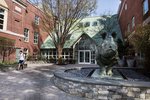
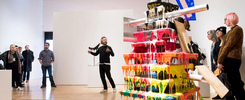
 Art School Alliance for Outgoings
Art School Alliance for Outgoings
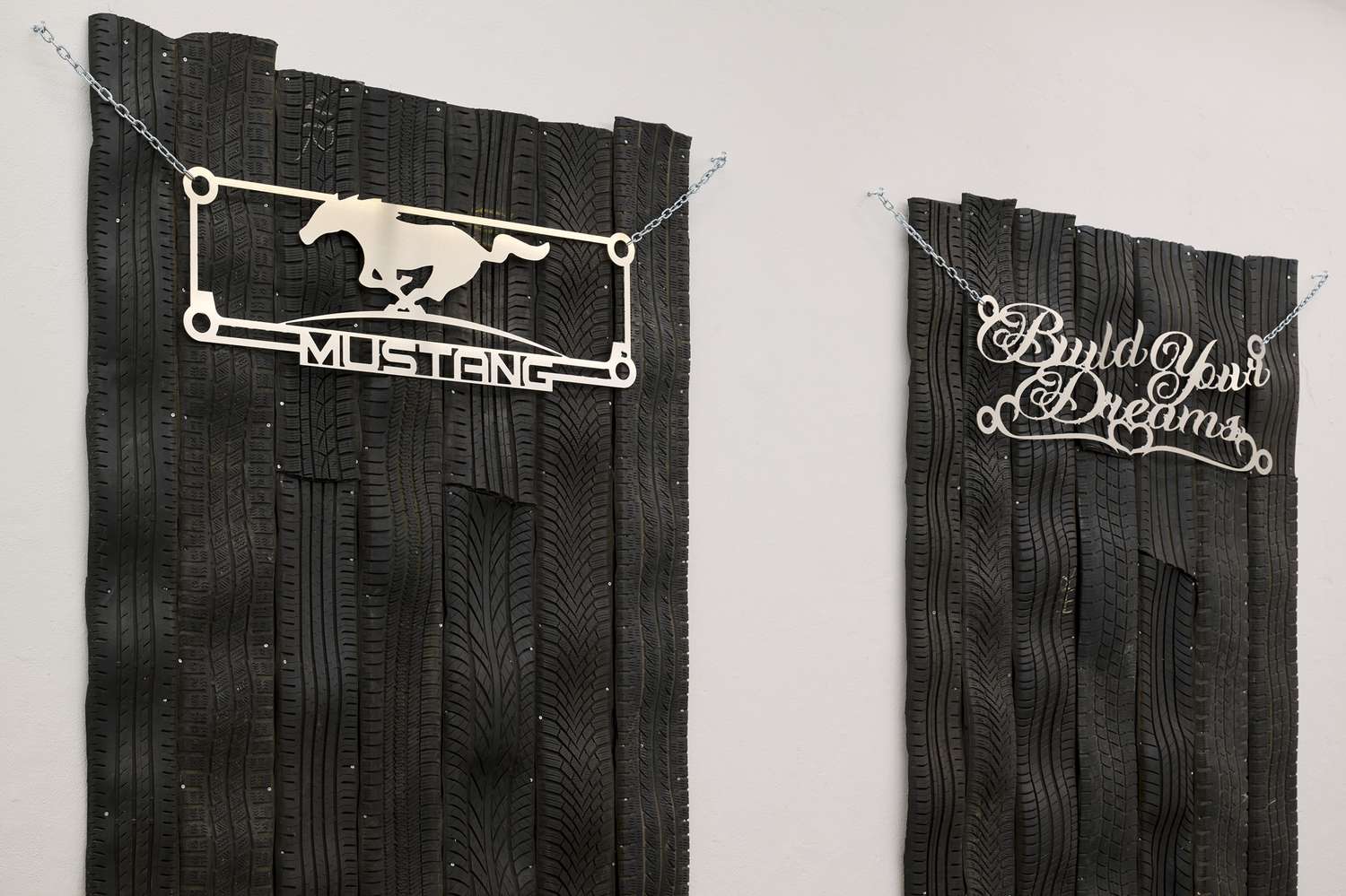
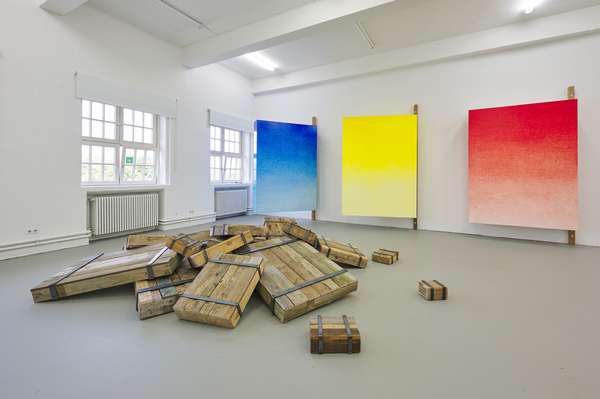

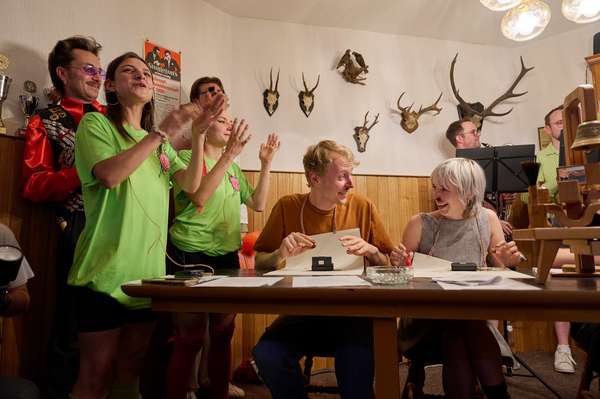

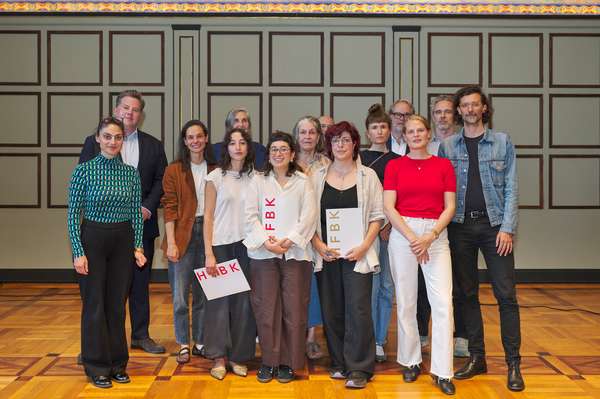


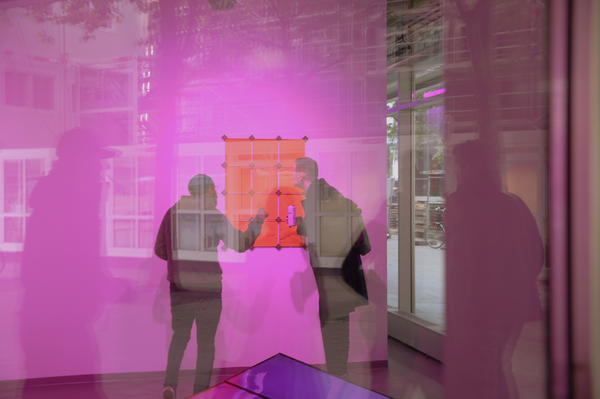
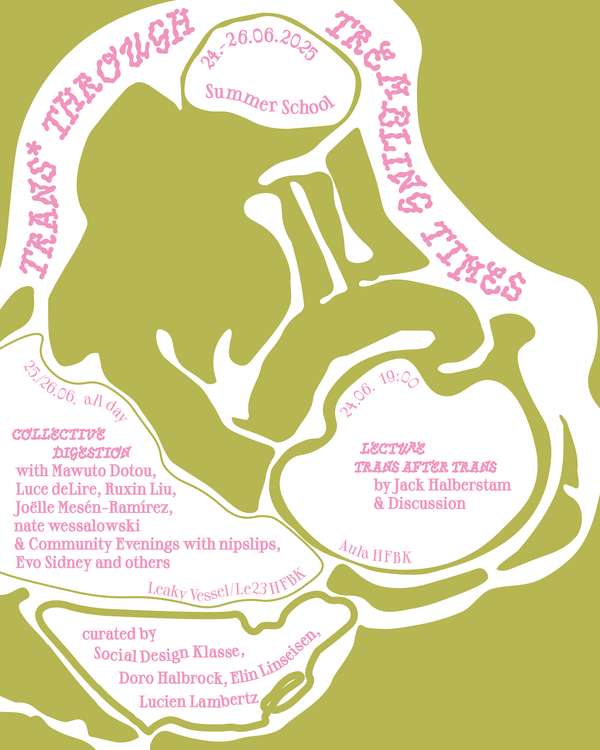
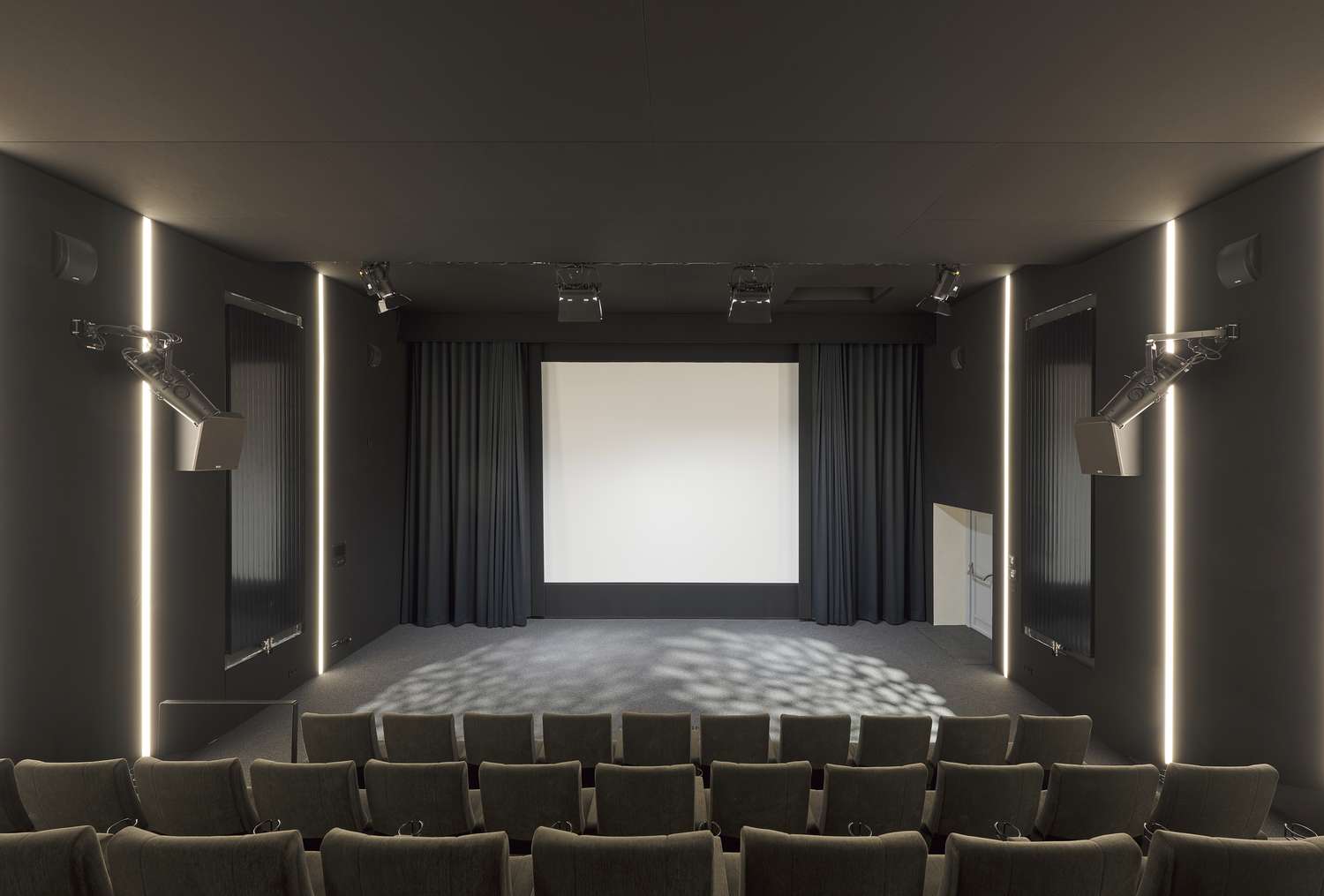
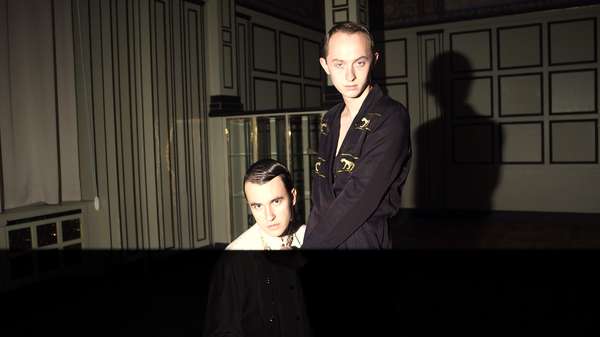
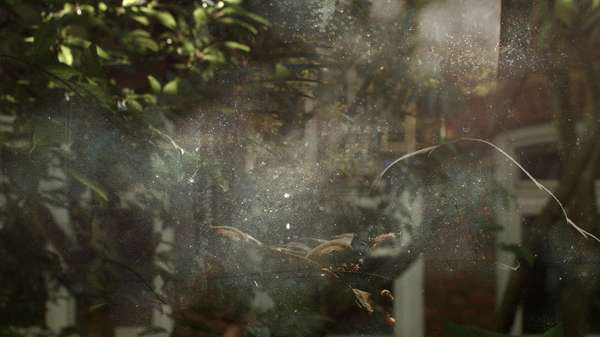



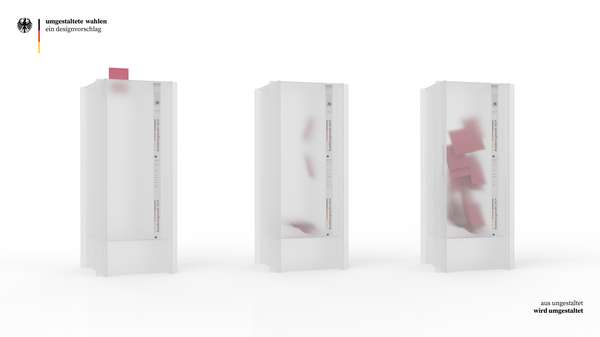
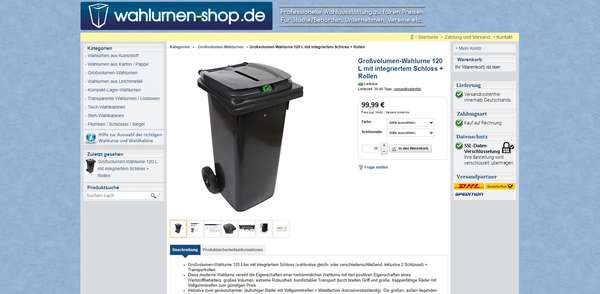


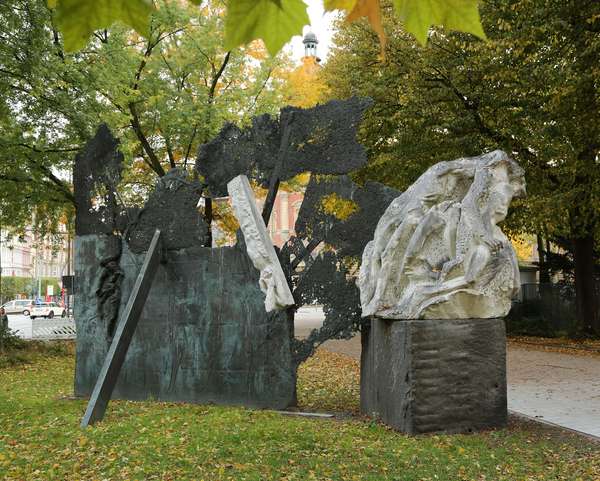
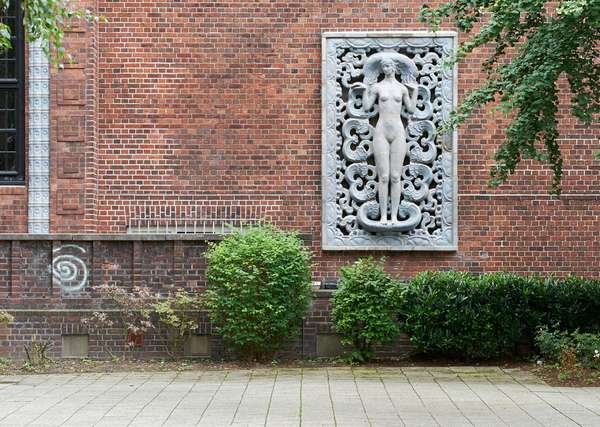
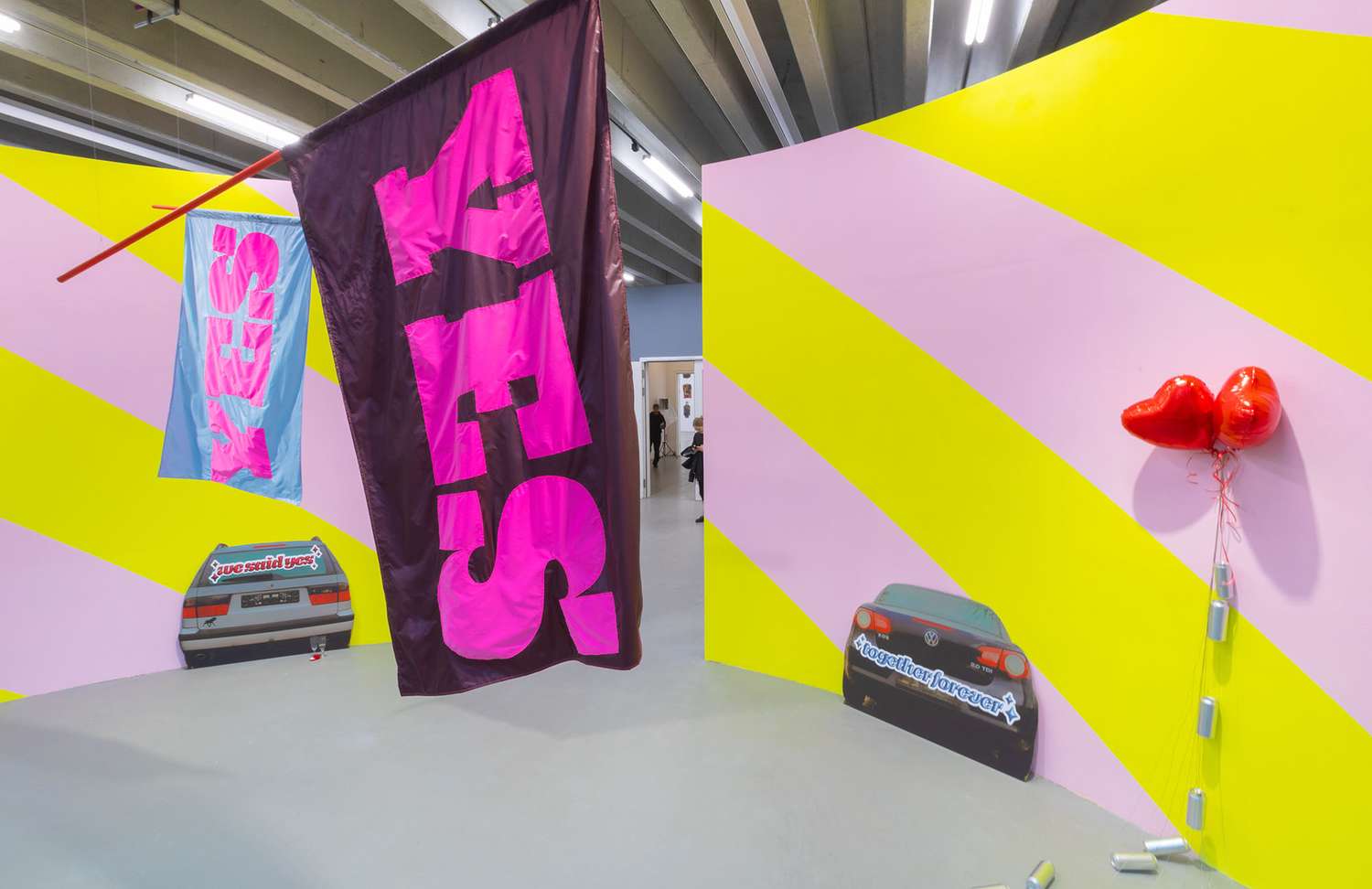
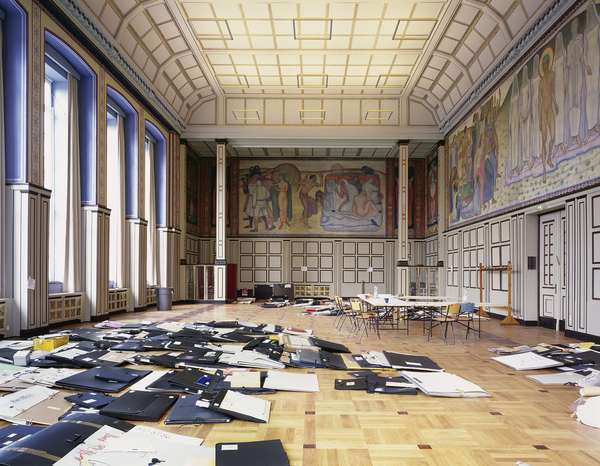
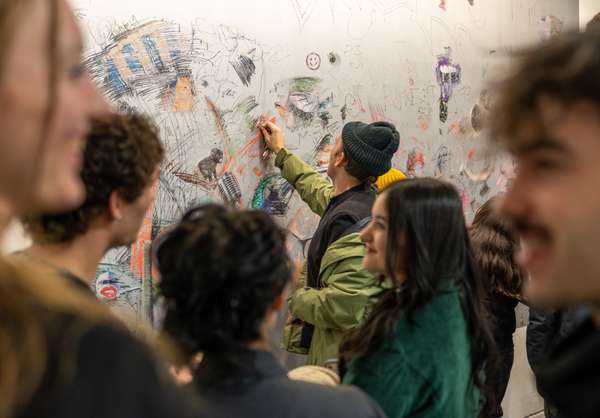
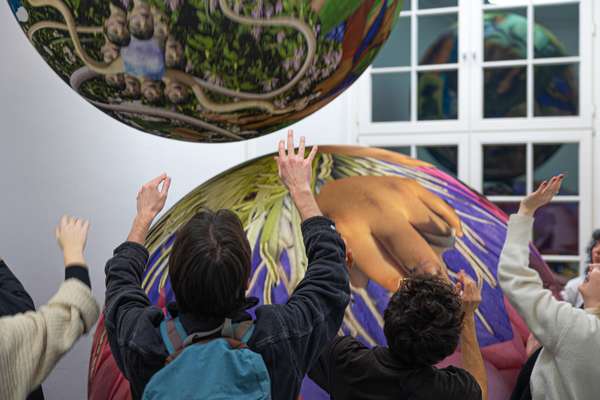


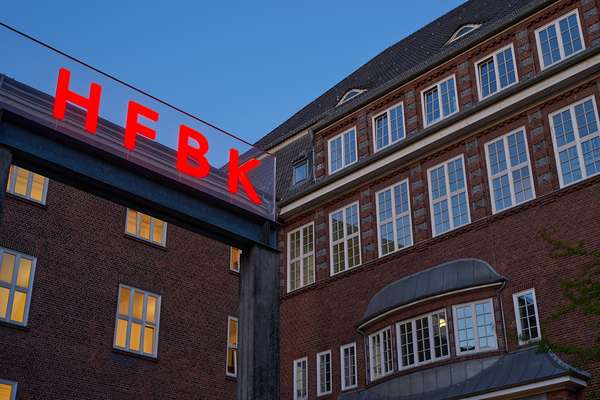
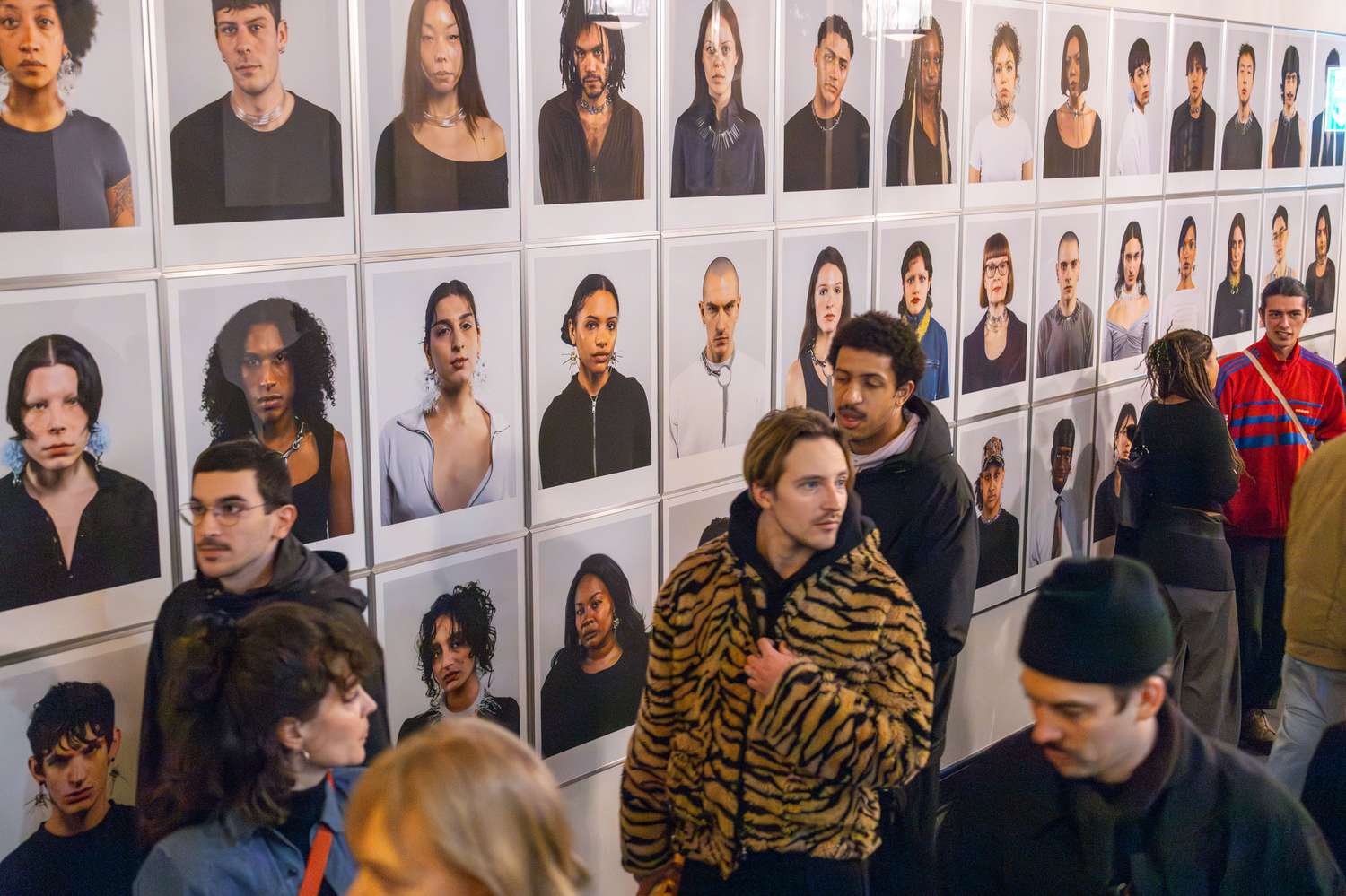

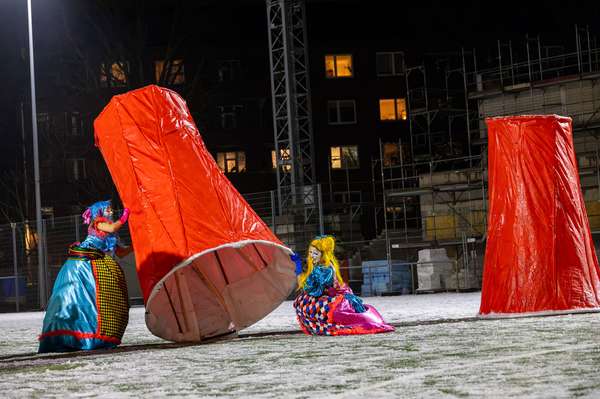
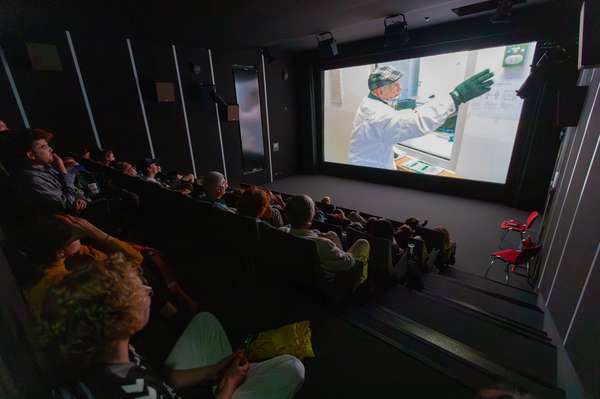
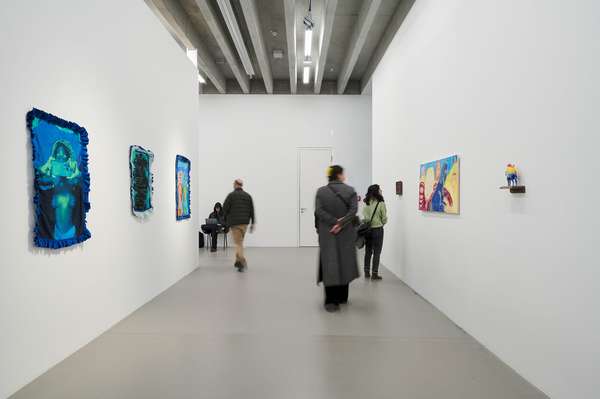
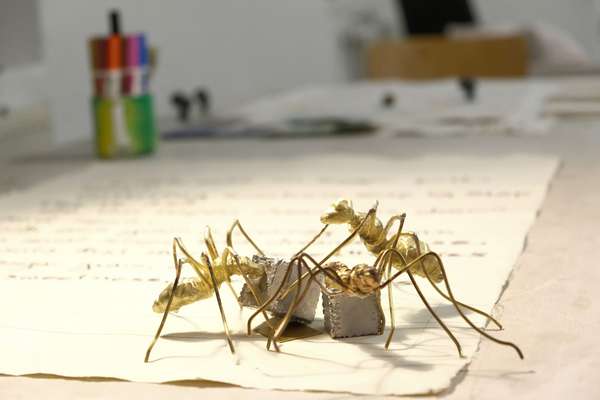
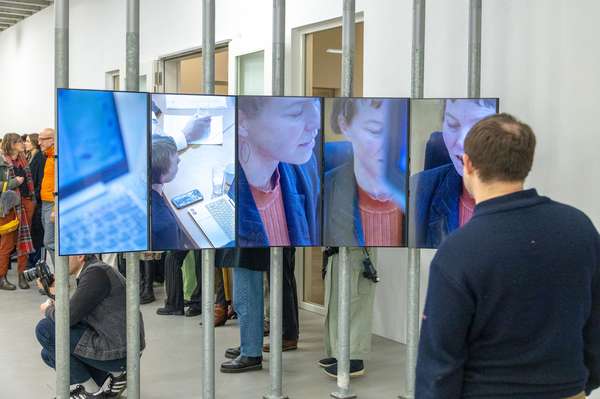
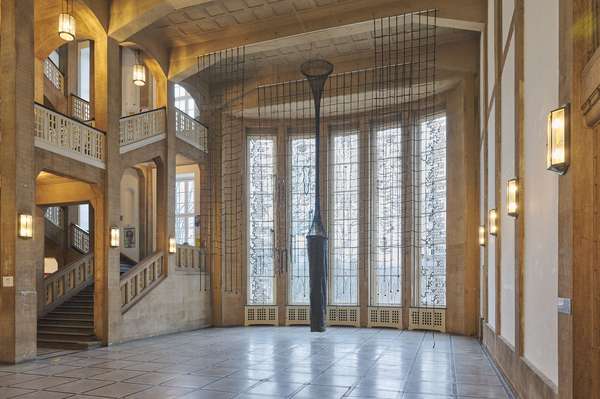
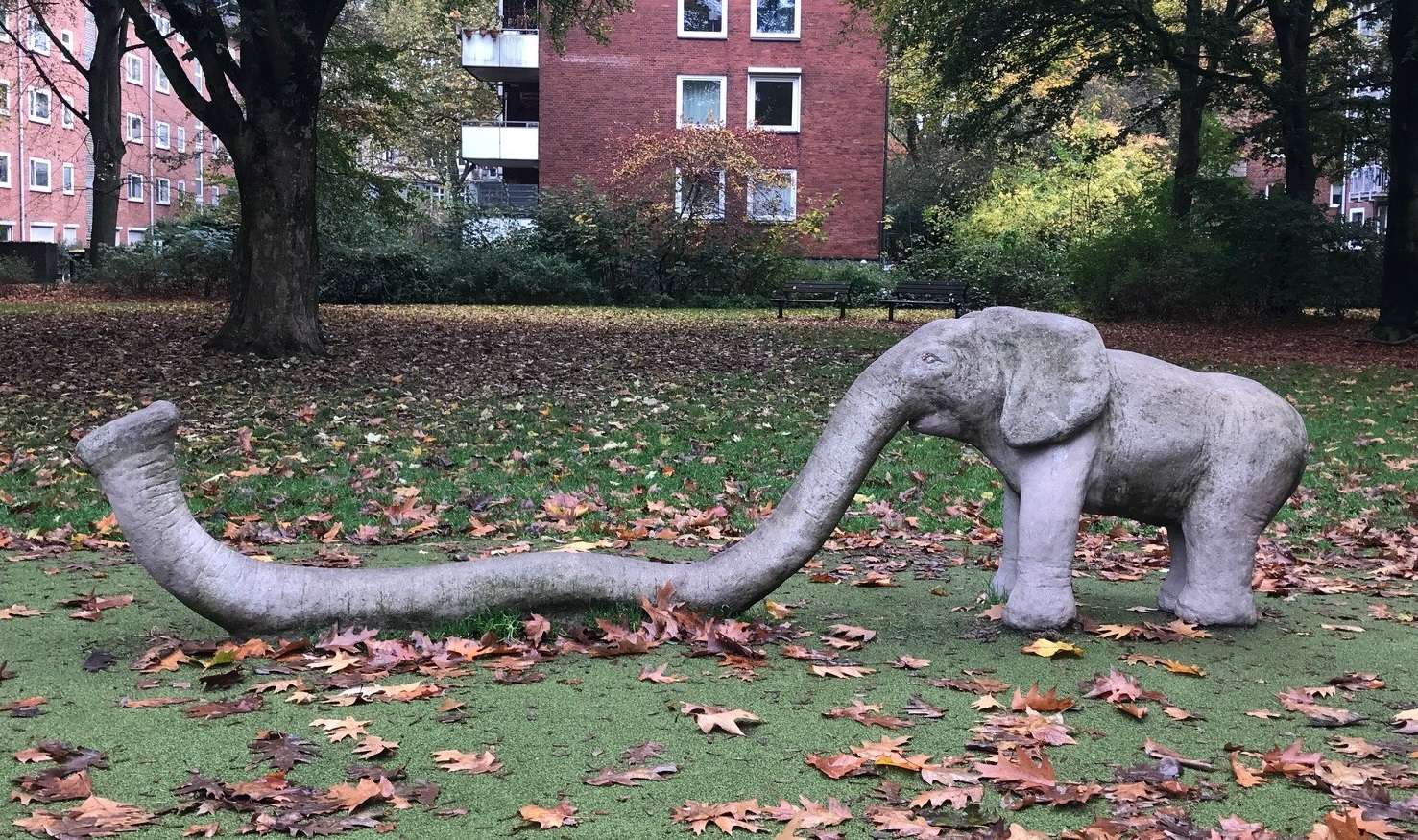
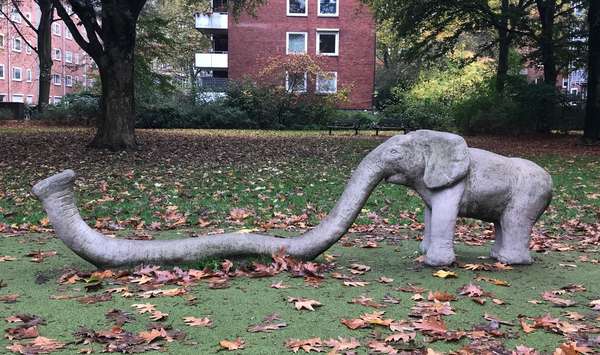
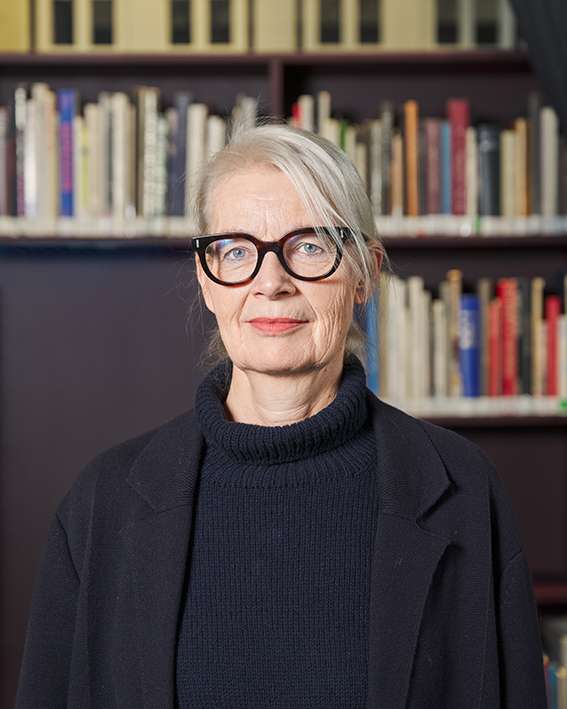
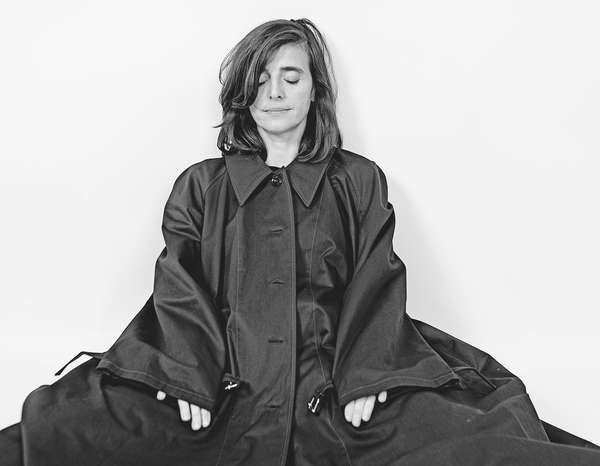
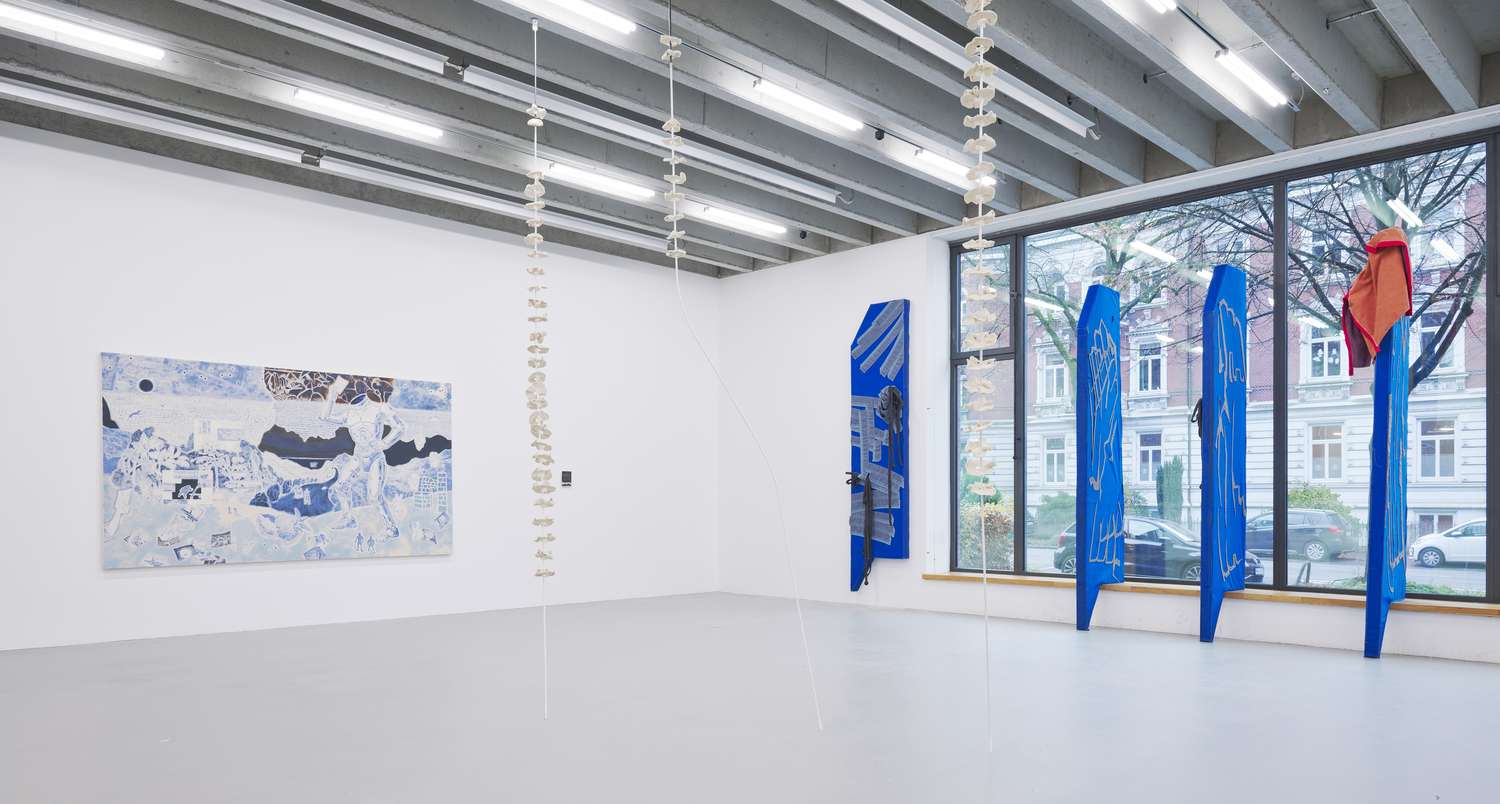
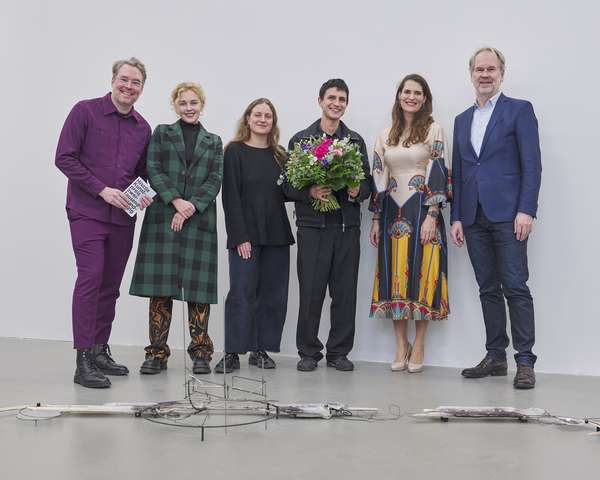
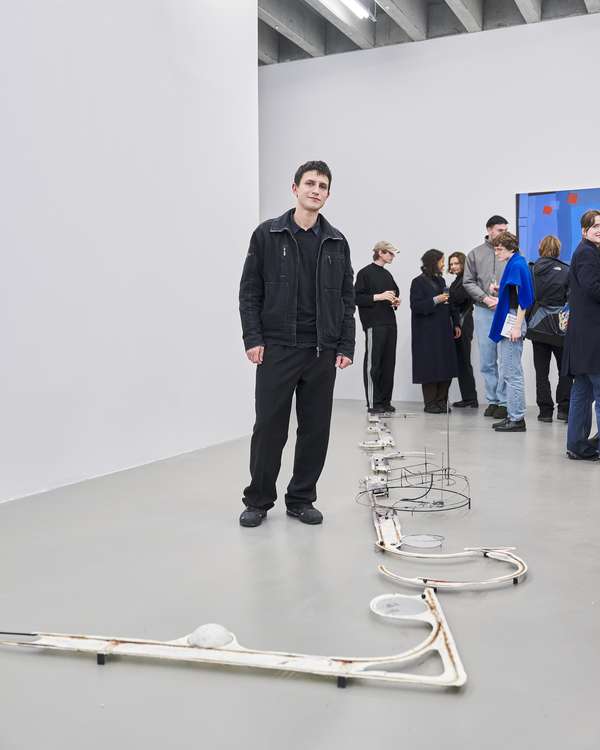
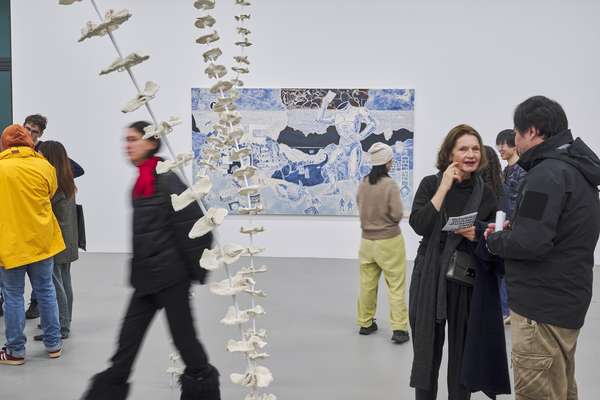
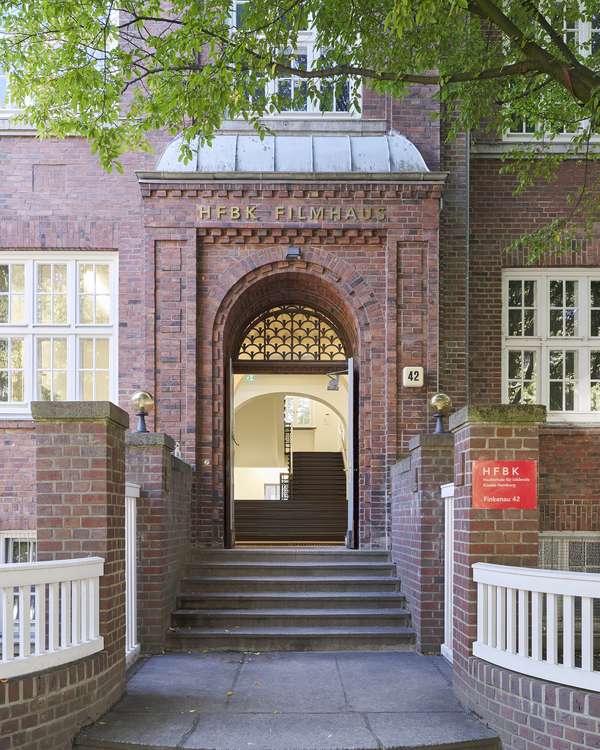
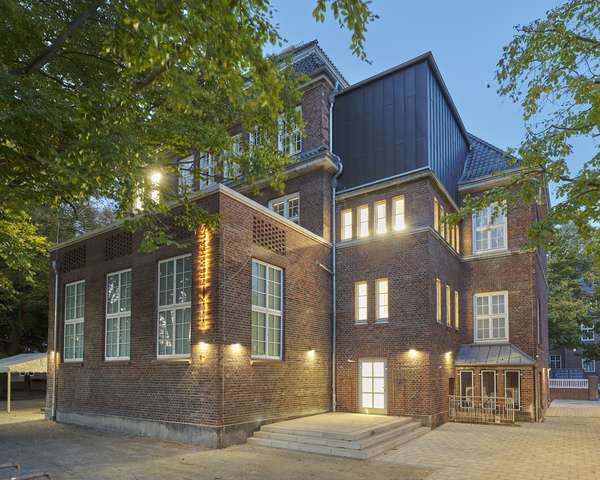
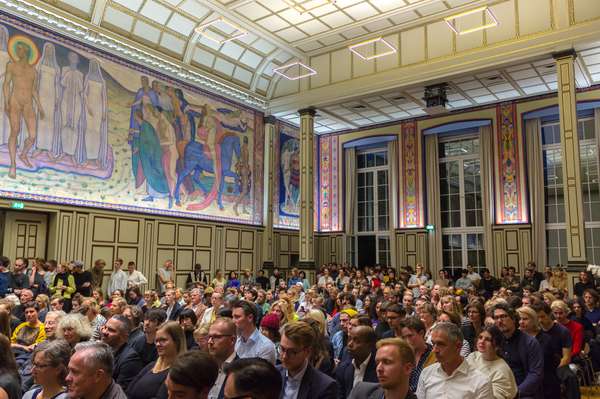
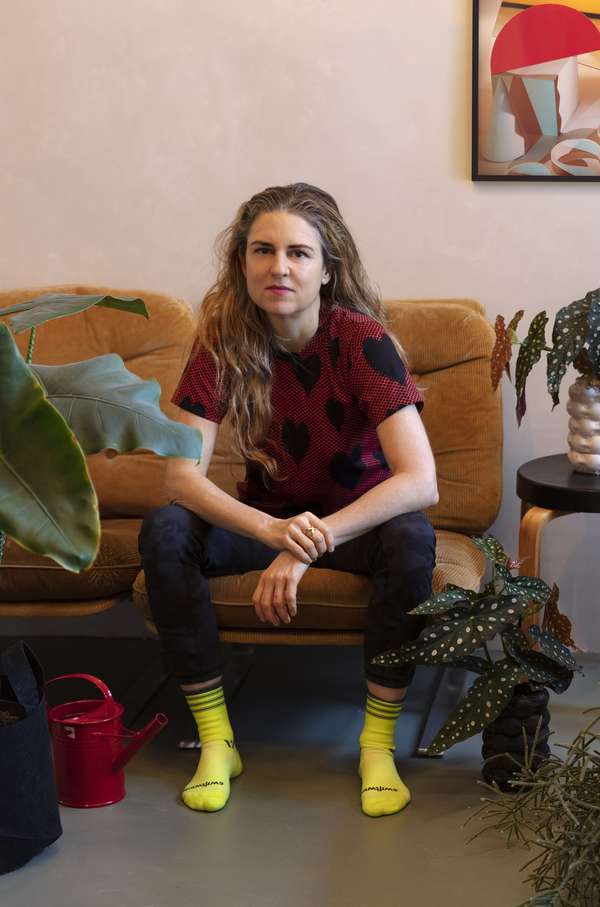
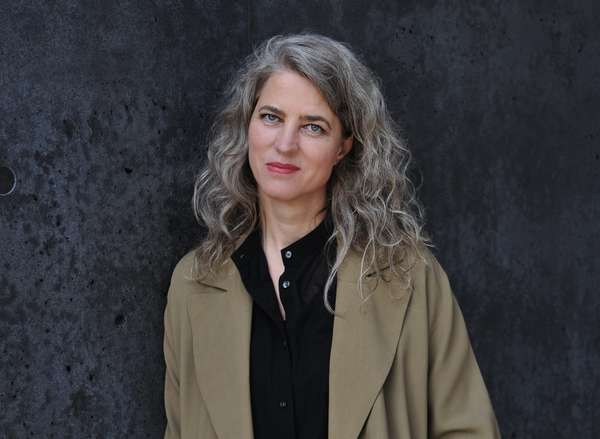
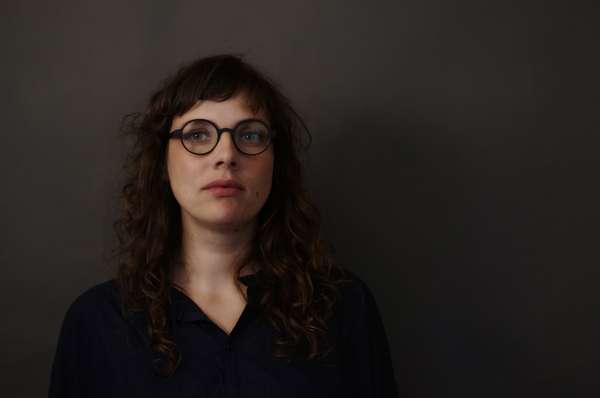
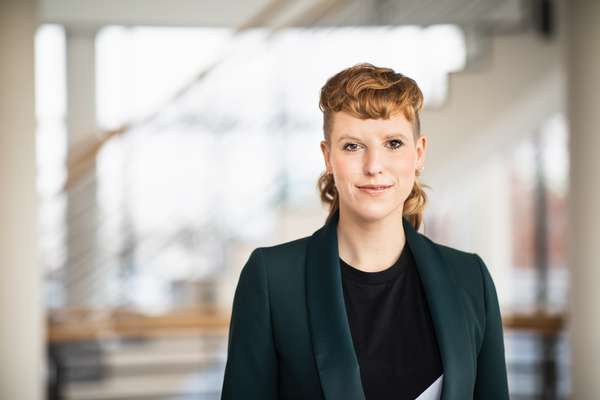
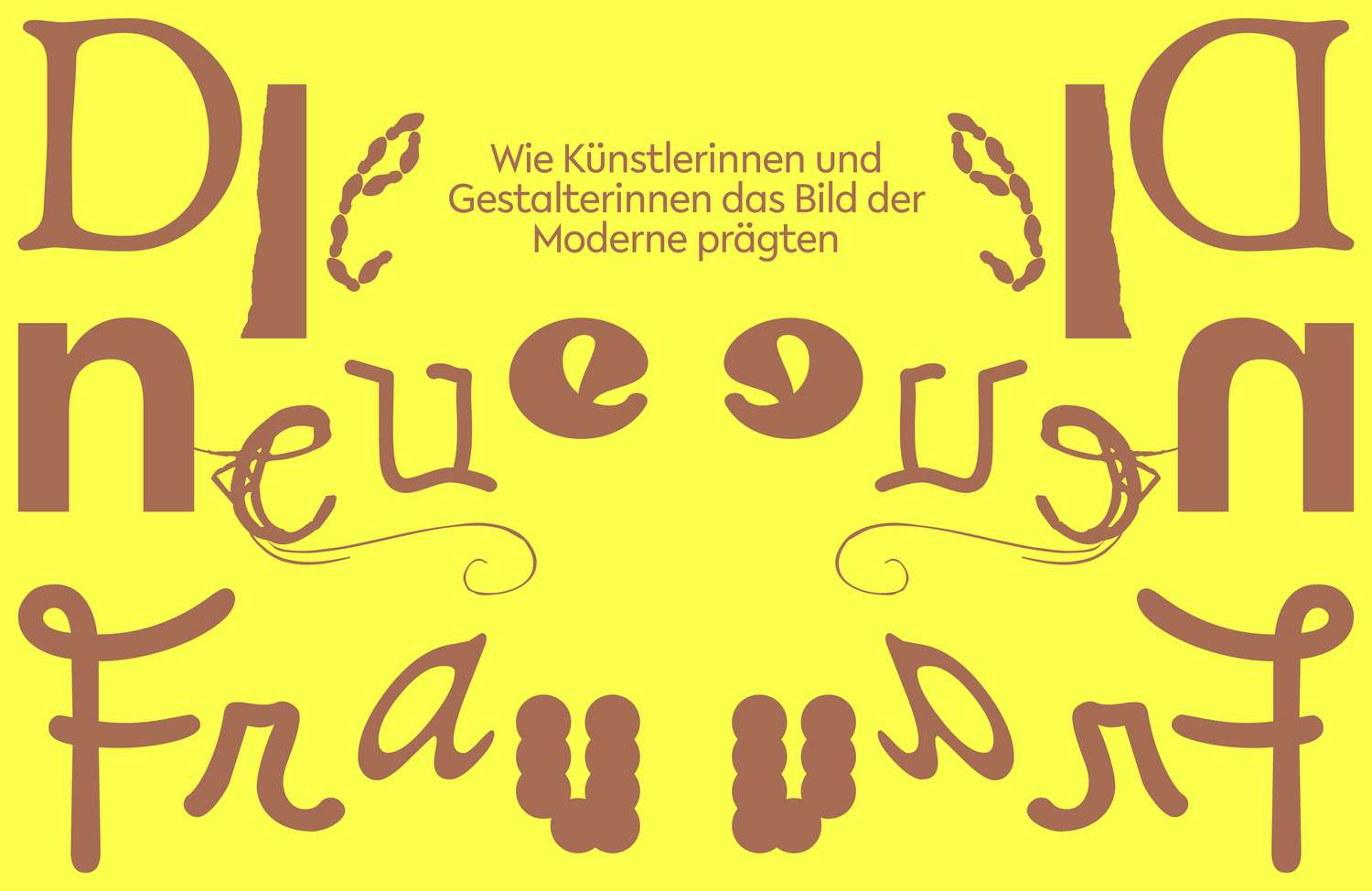
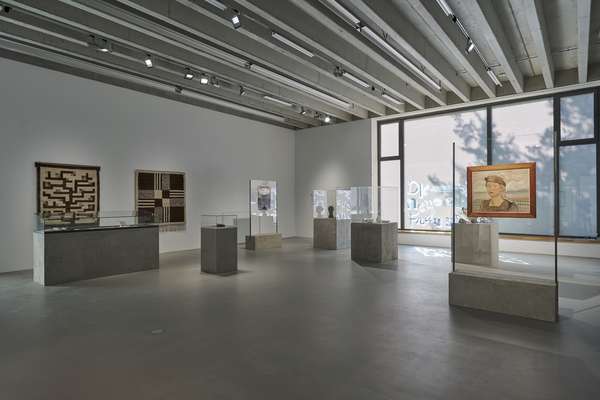
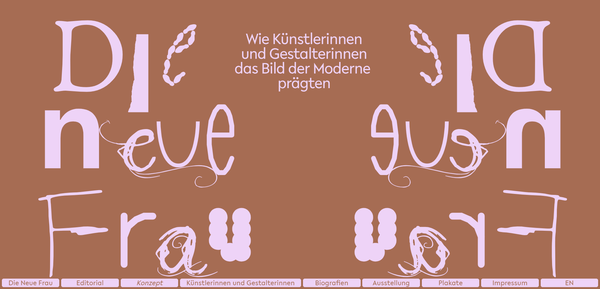
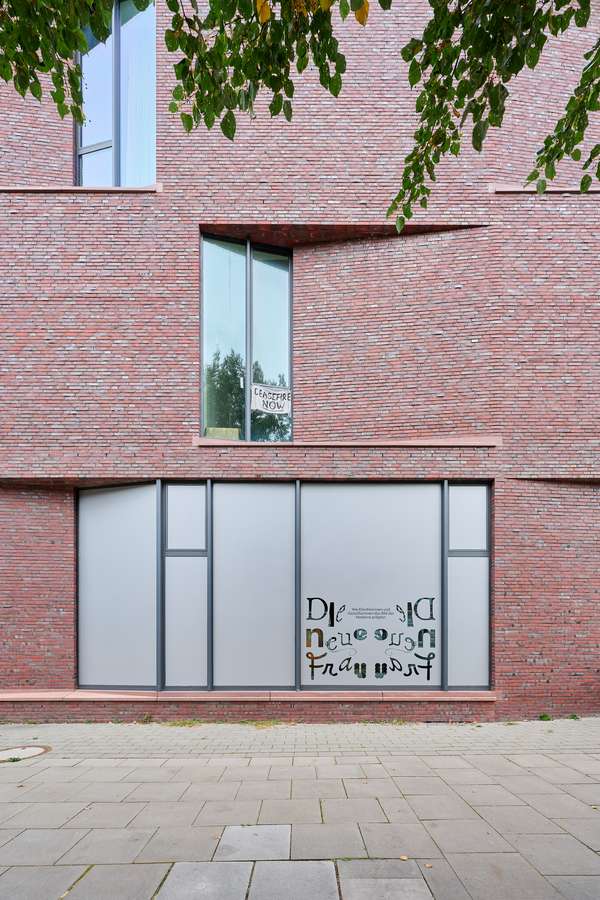
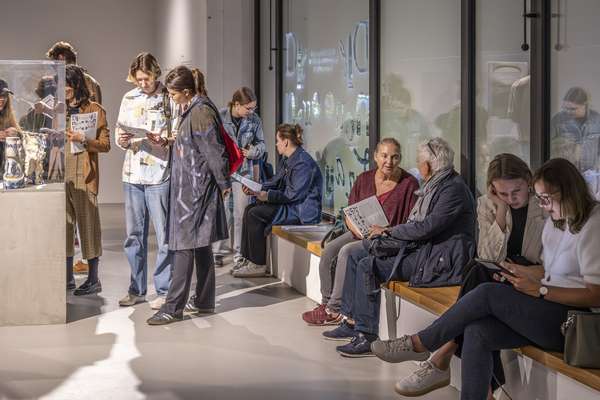
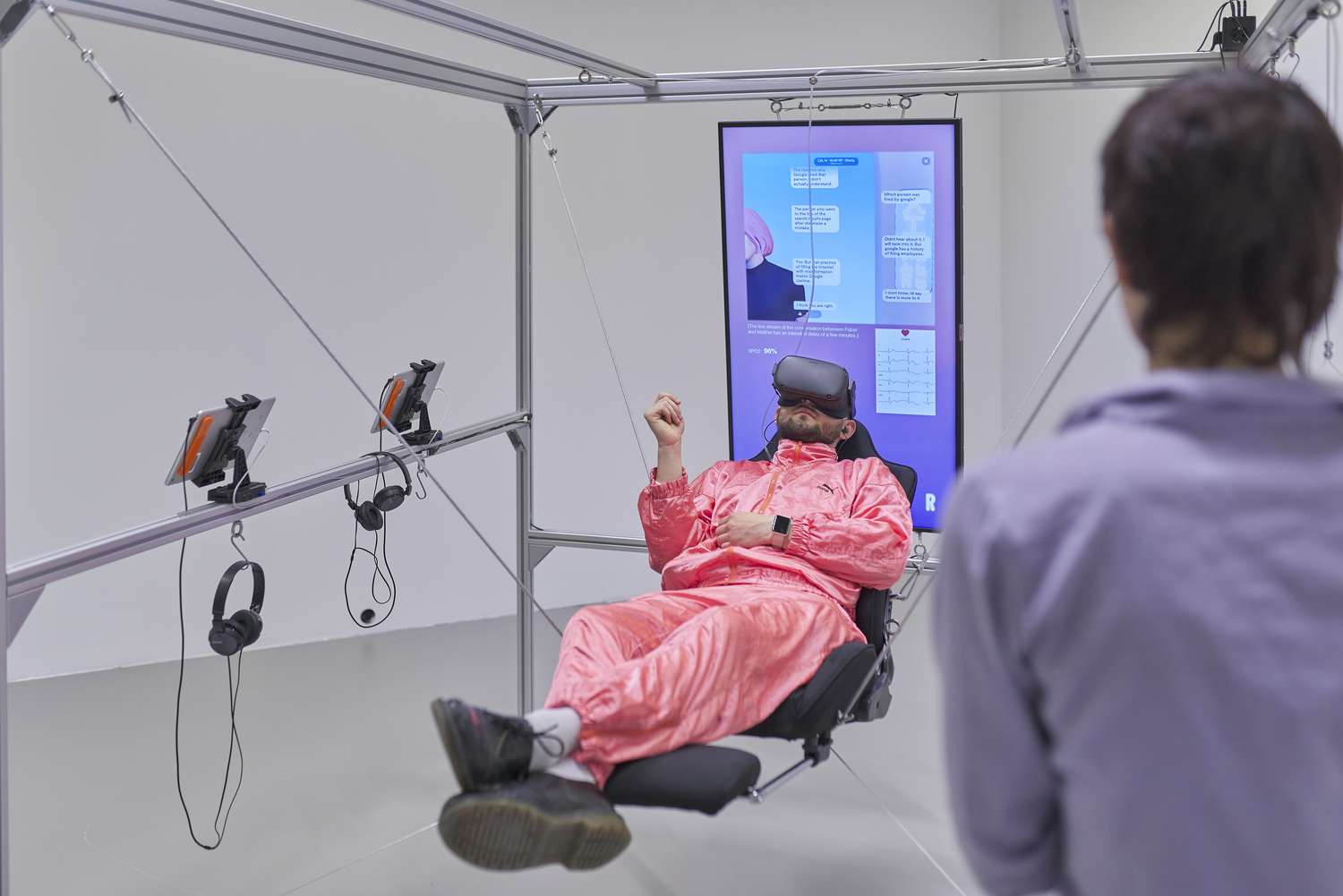
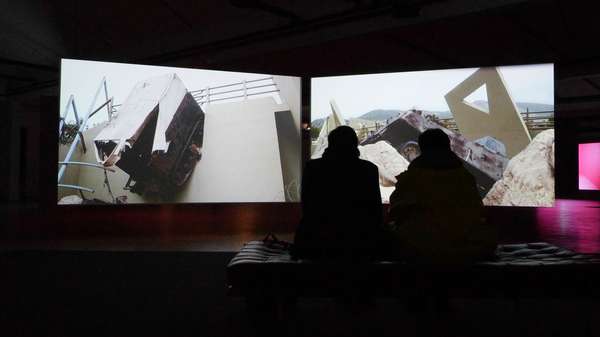

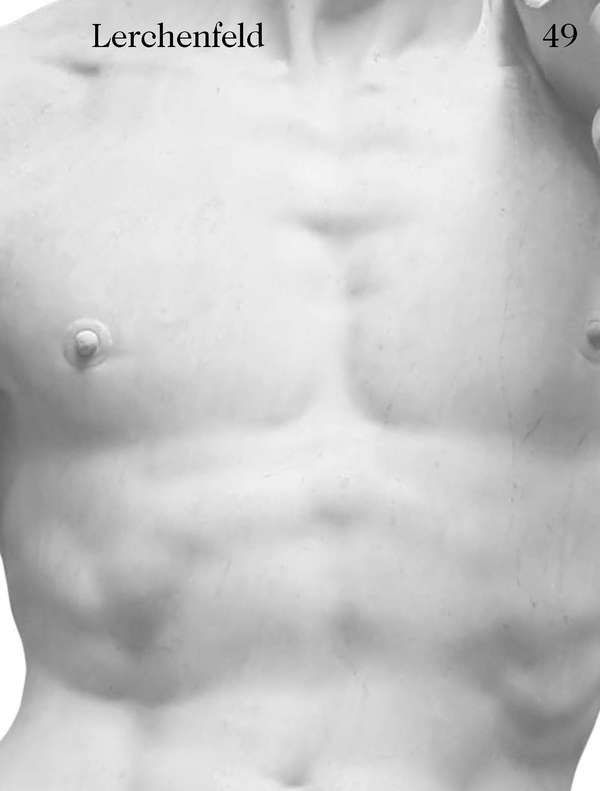
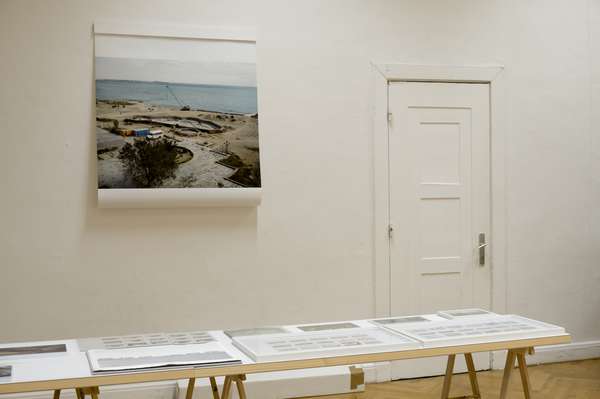
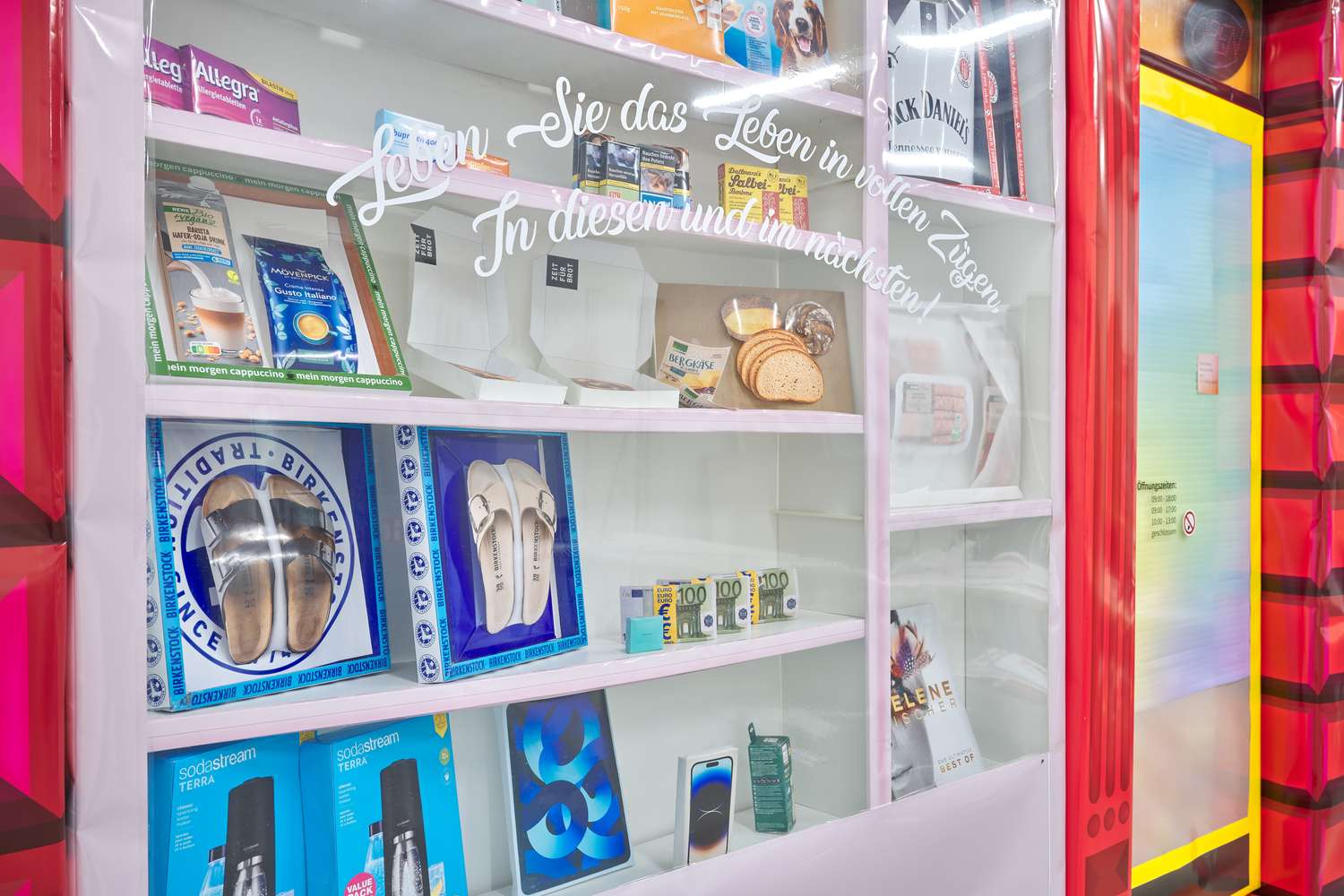
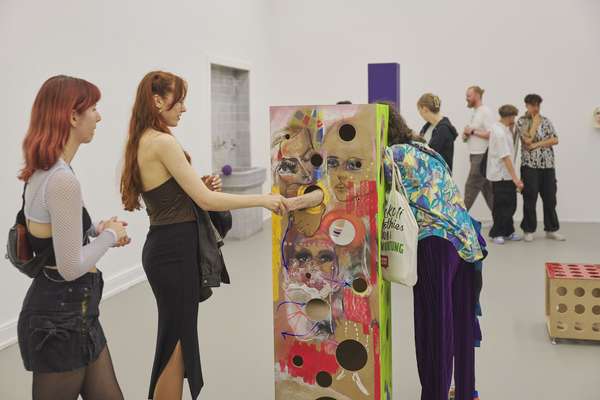
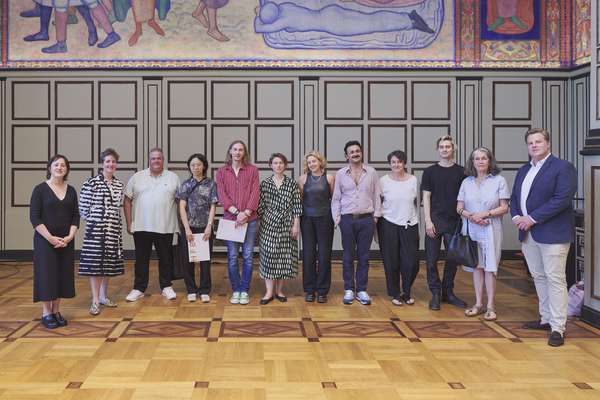
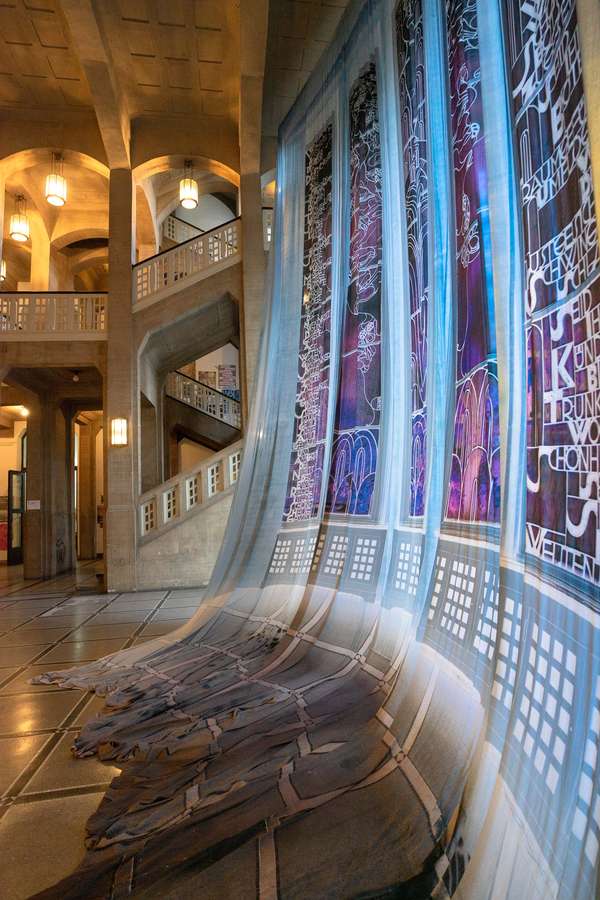
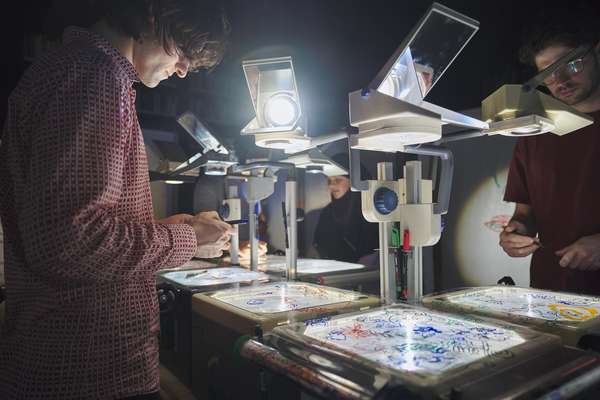
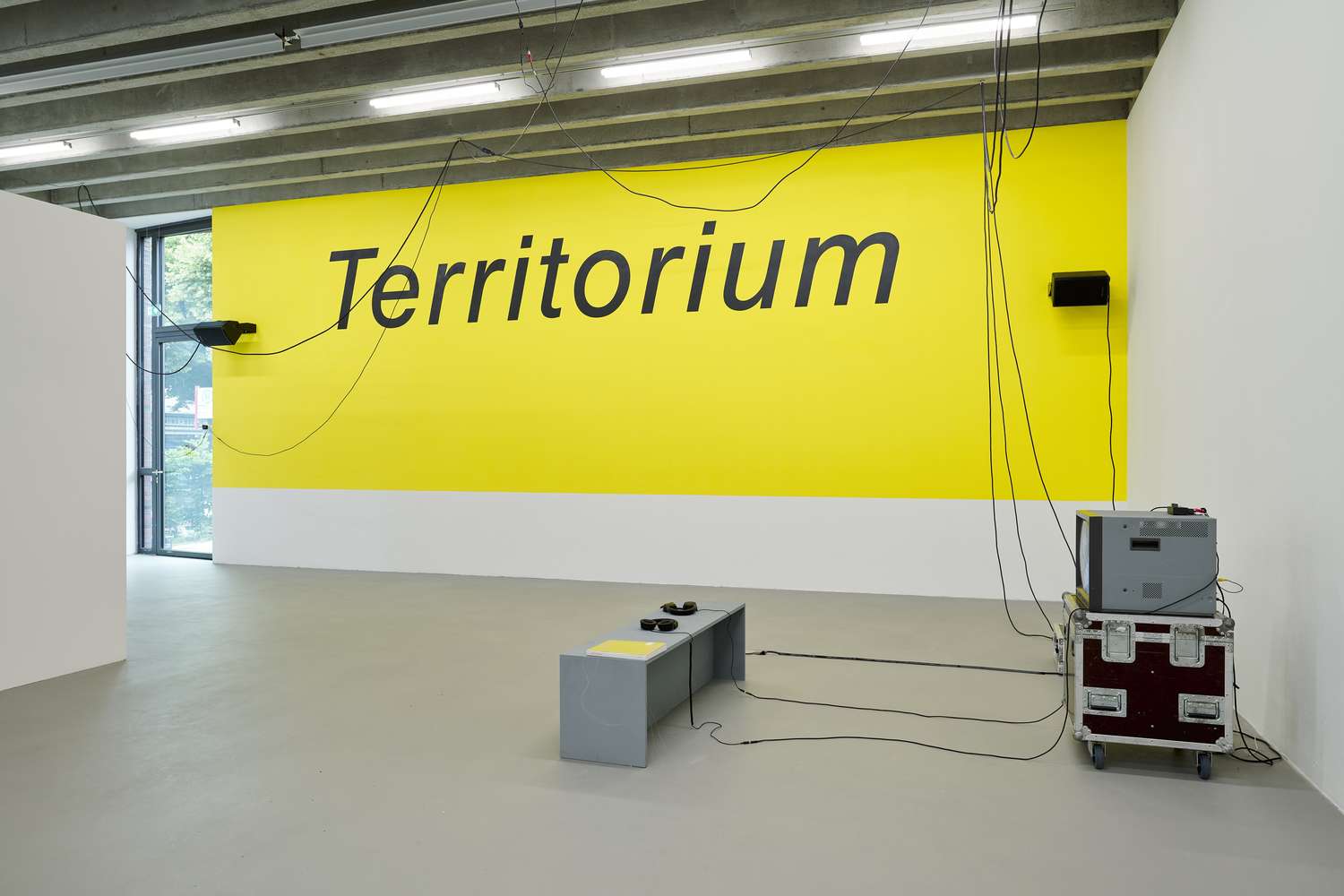
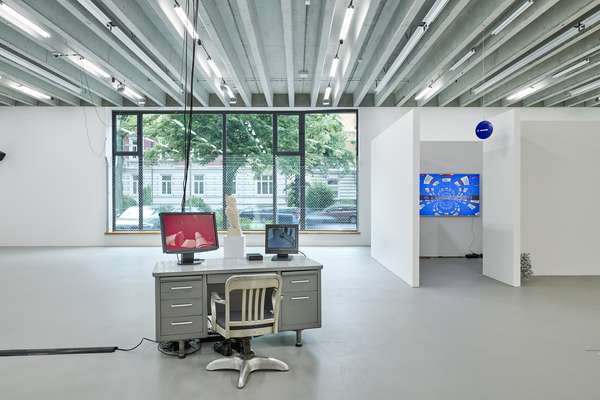
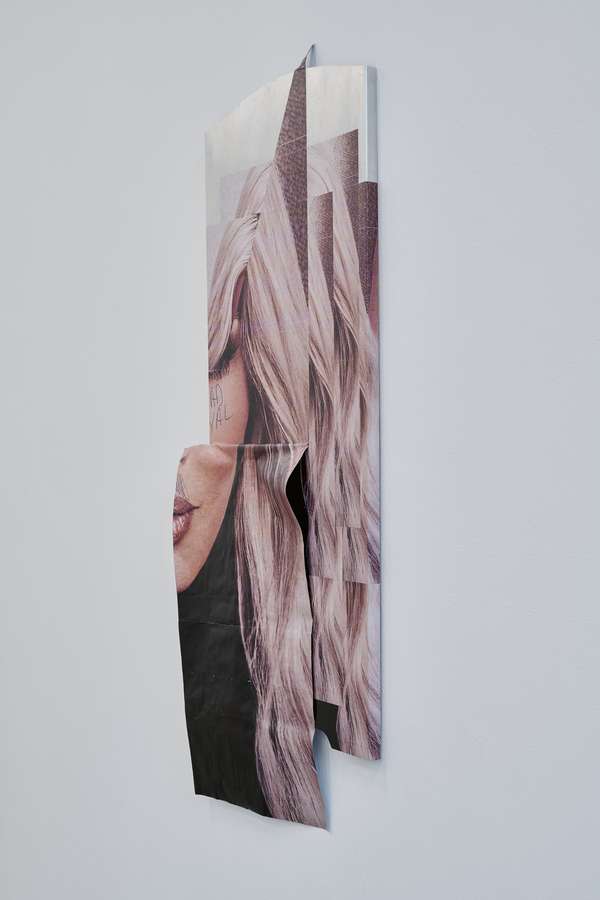
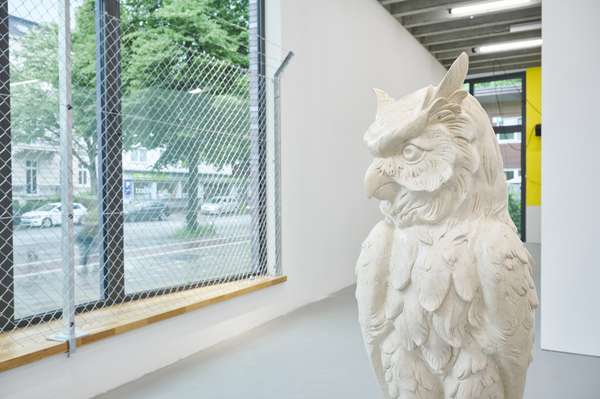

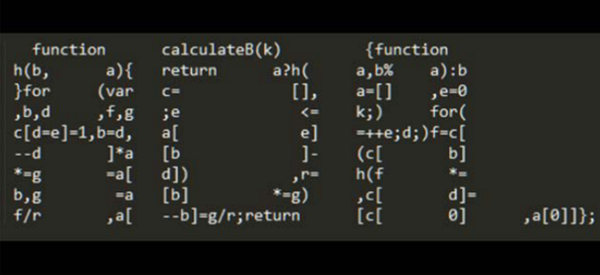
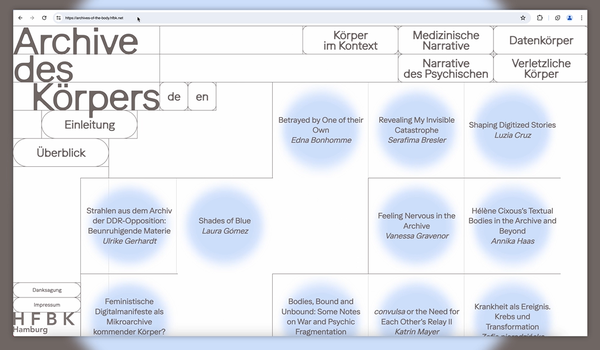
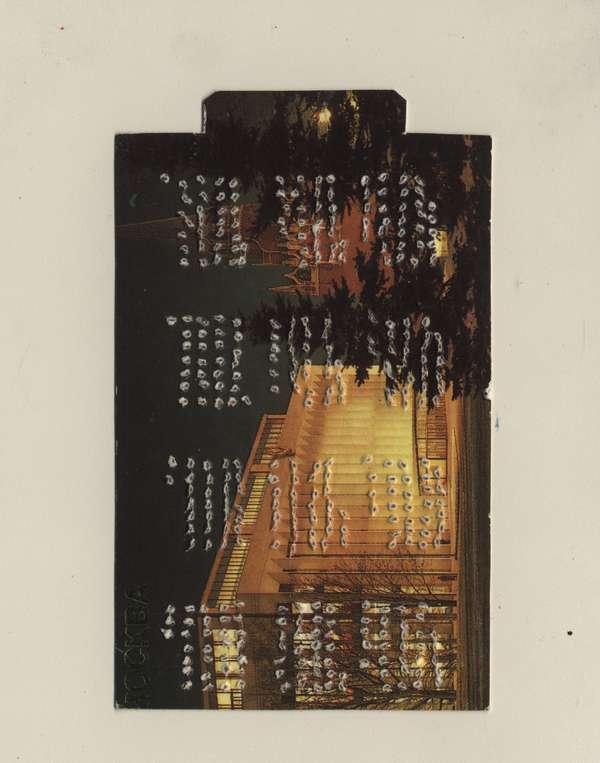
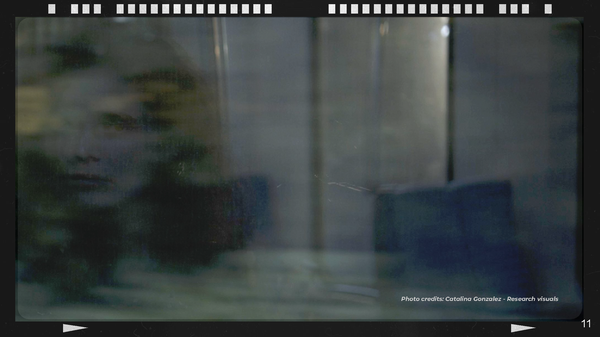
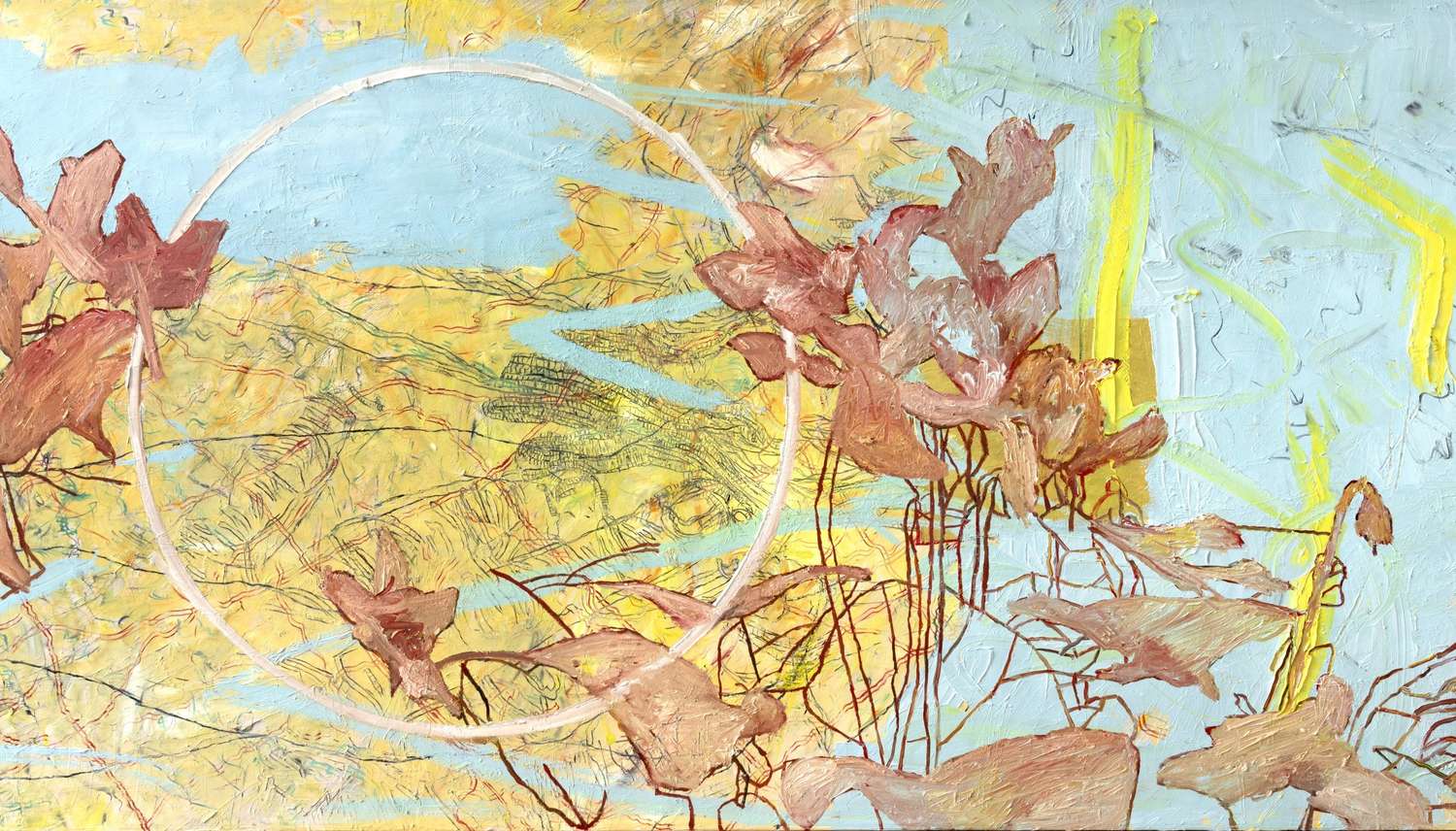
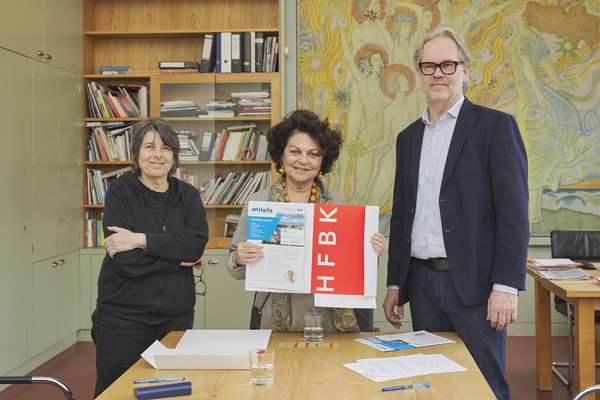
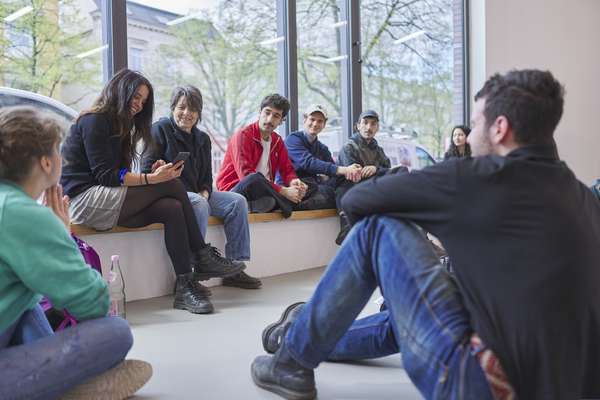
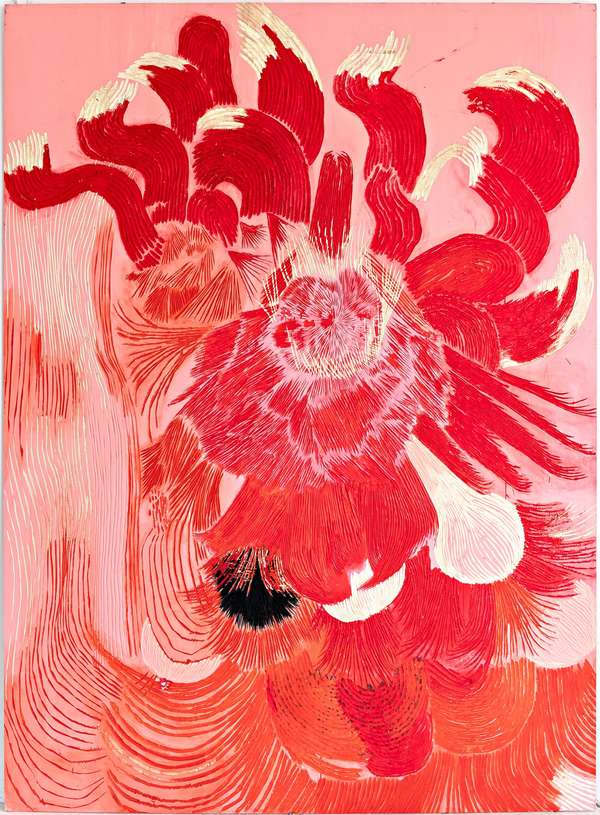
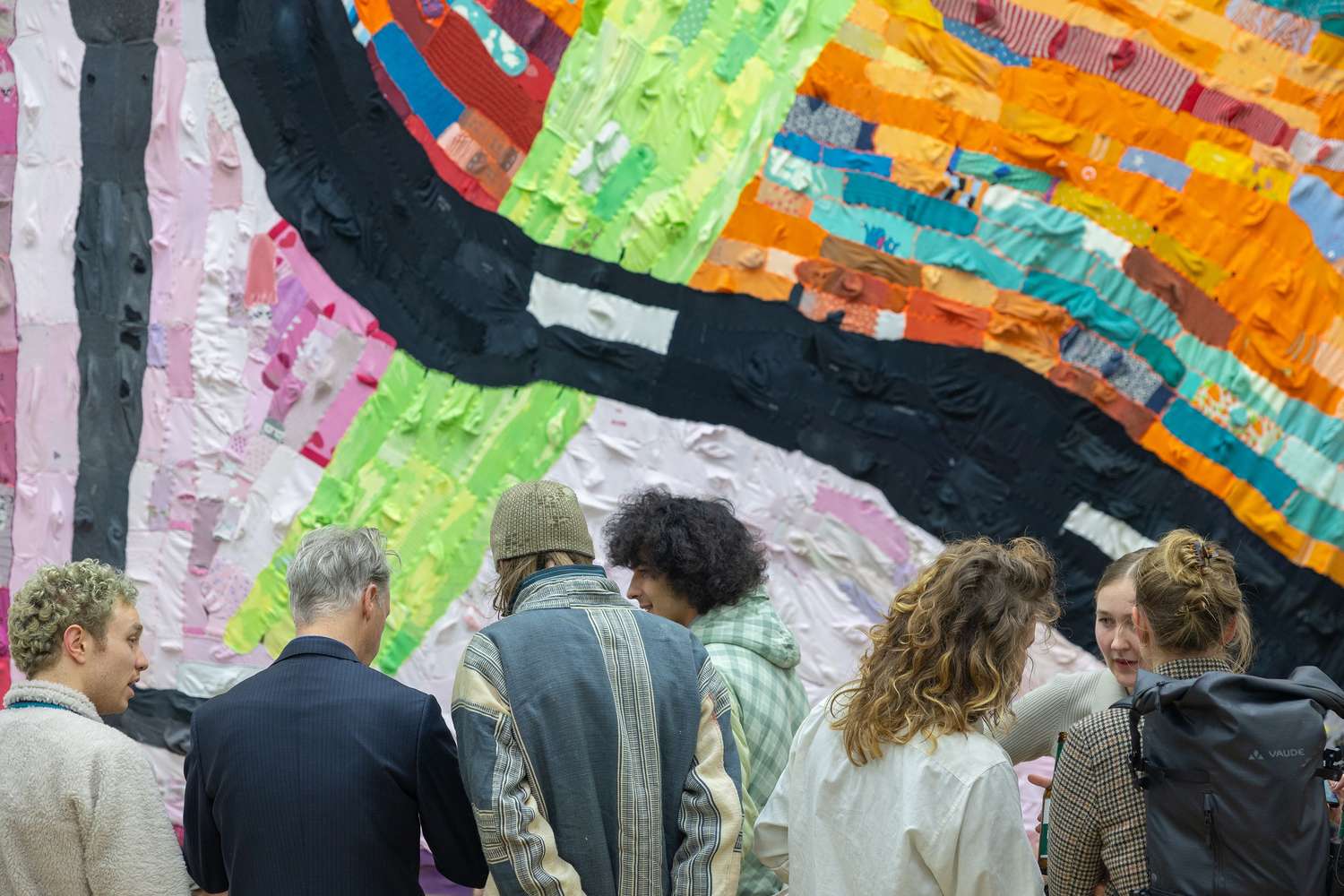
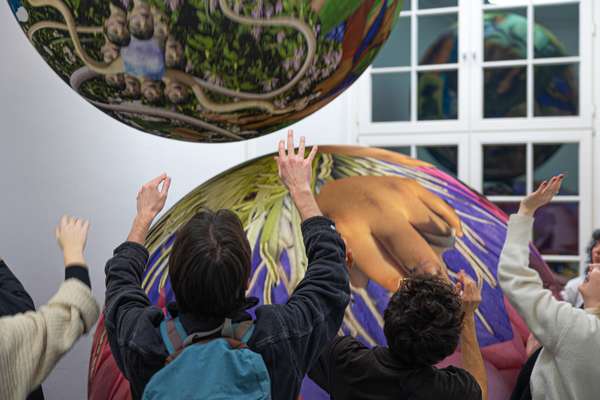
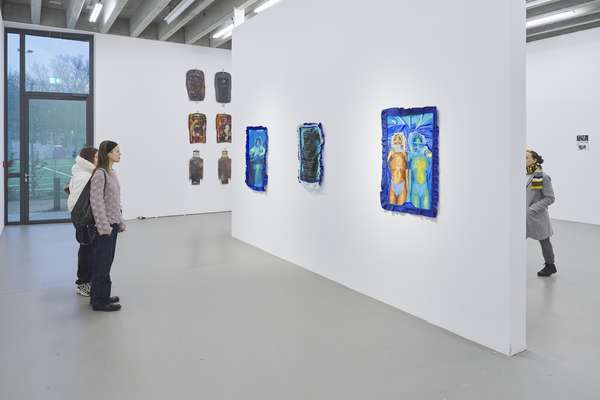
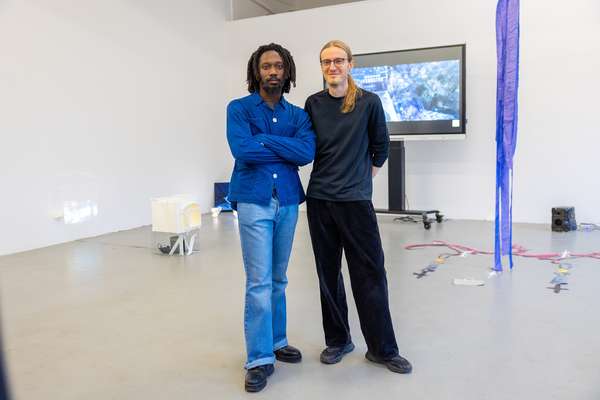
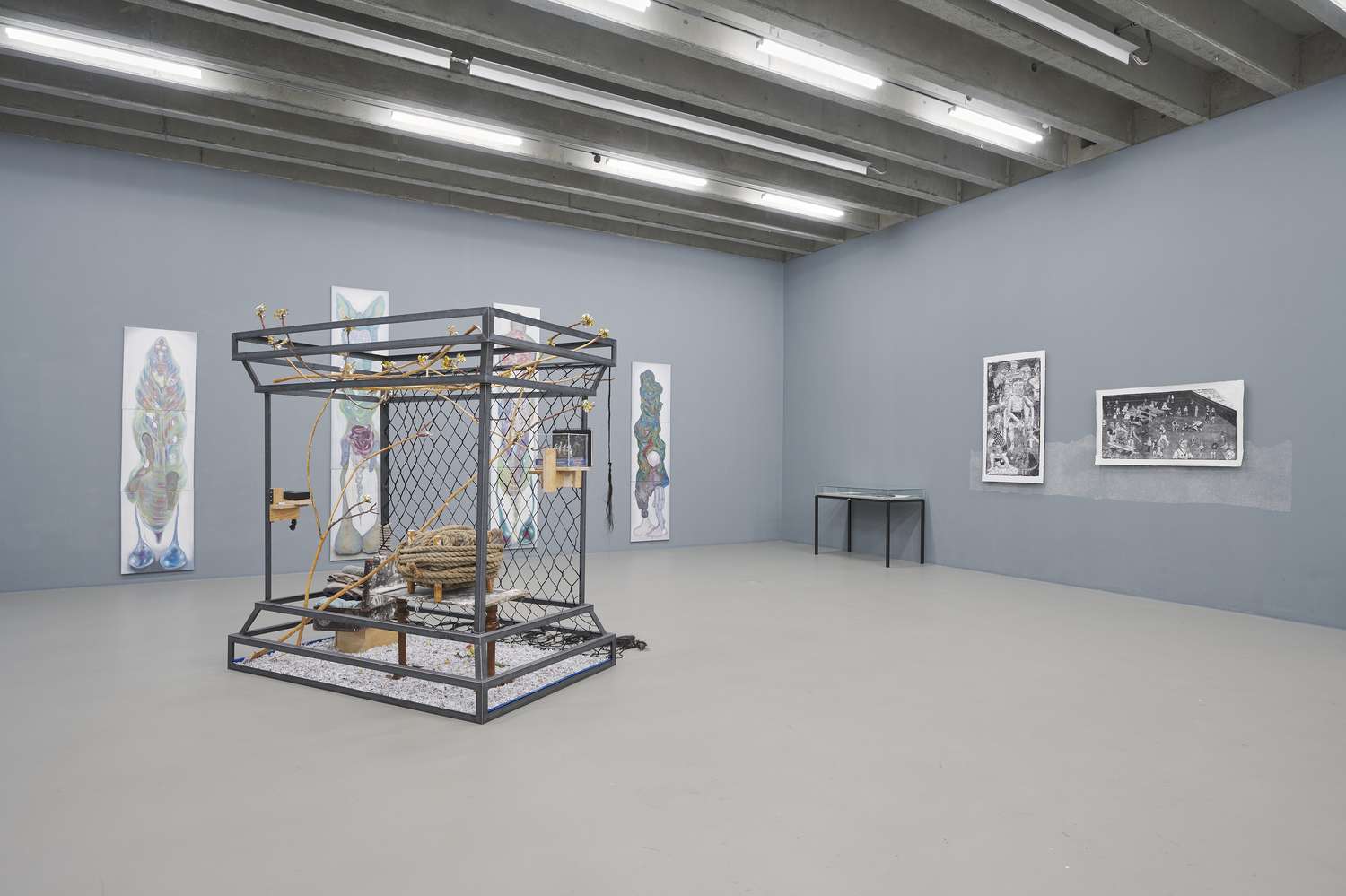
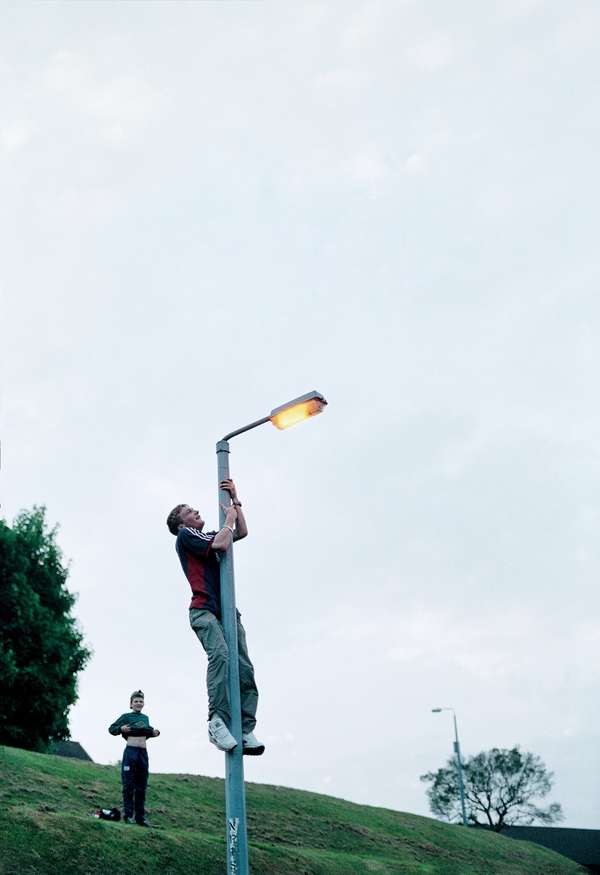
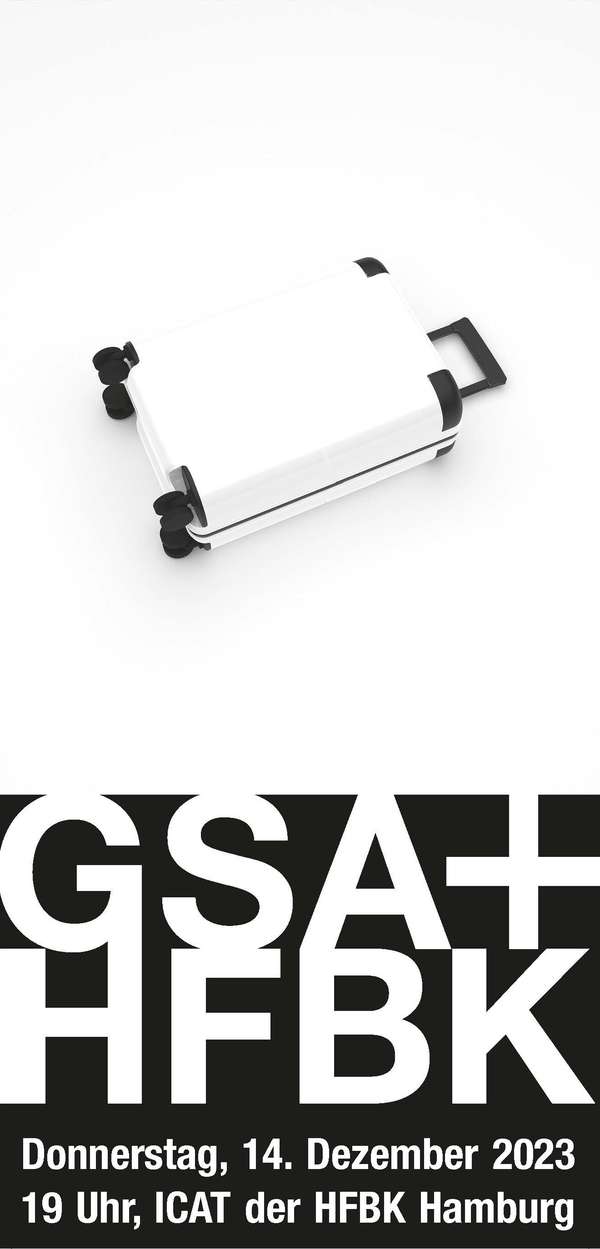

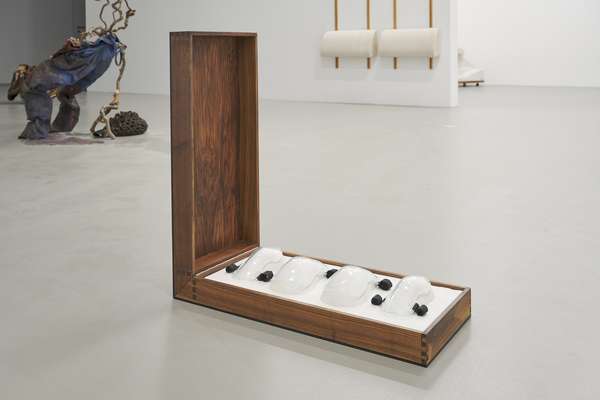
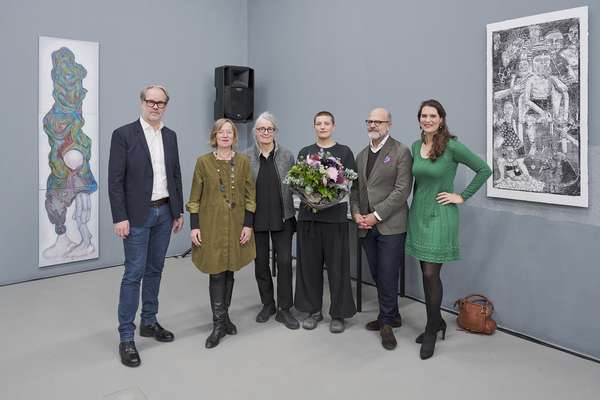
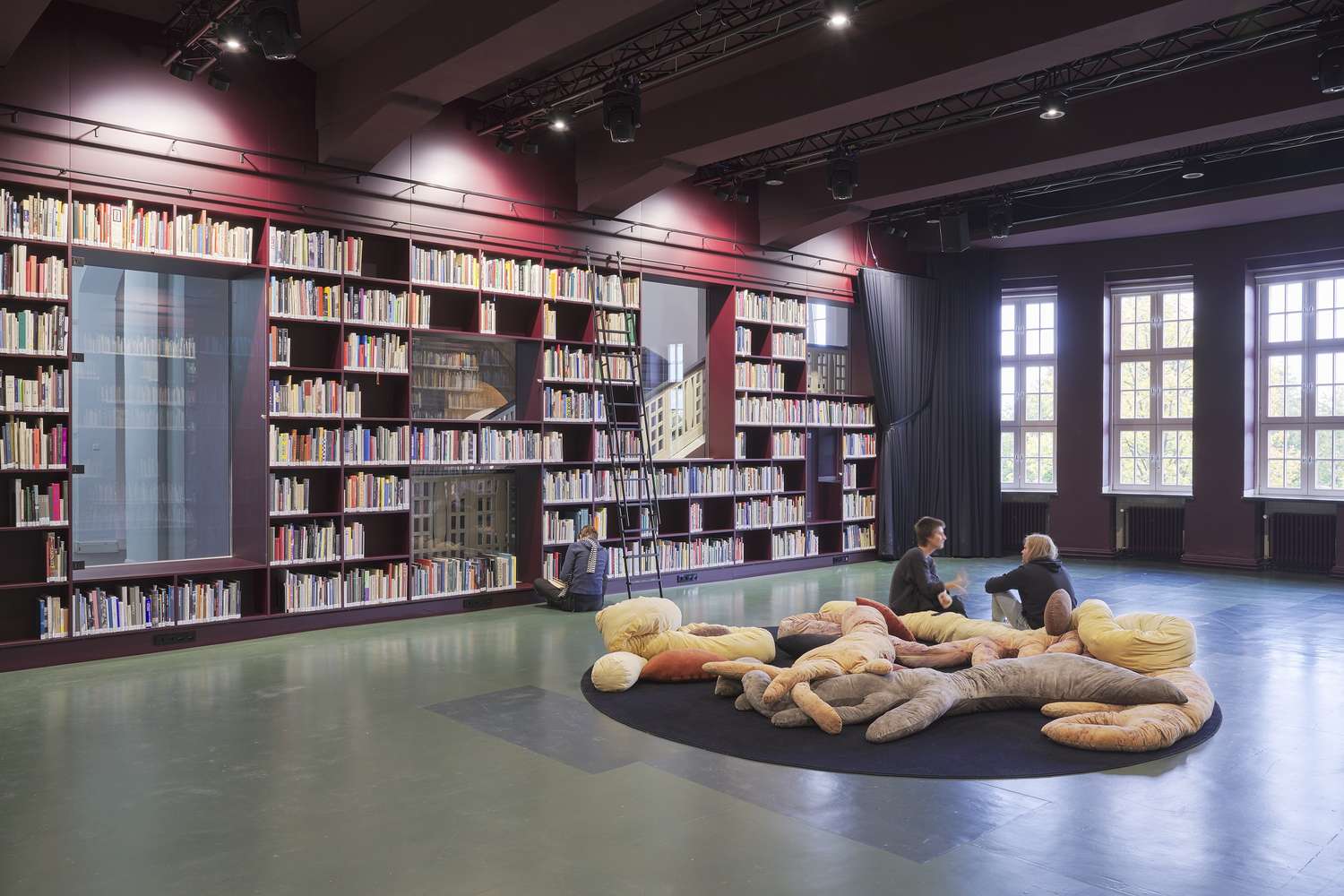
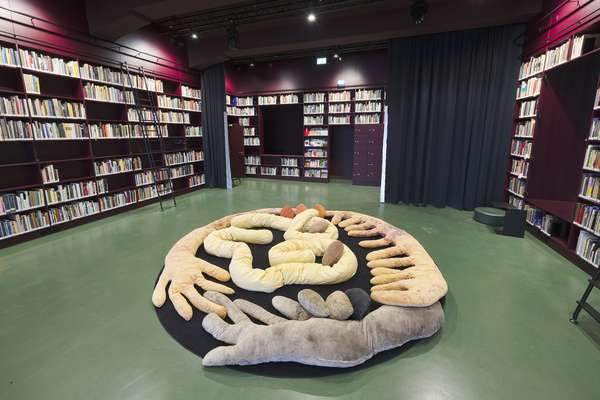
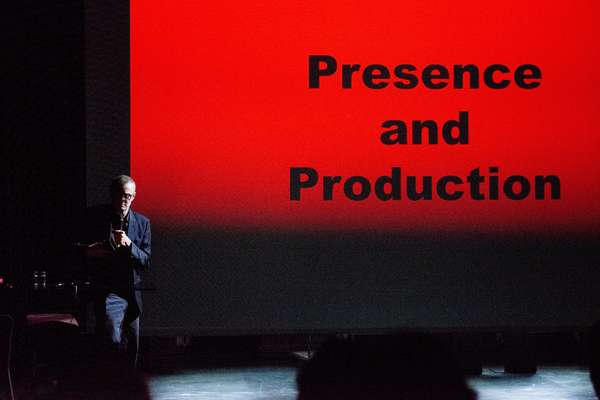
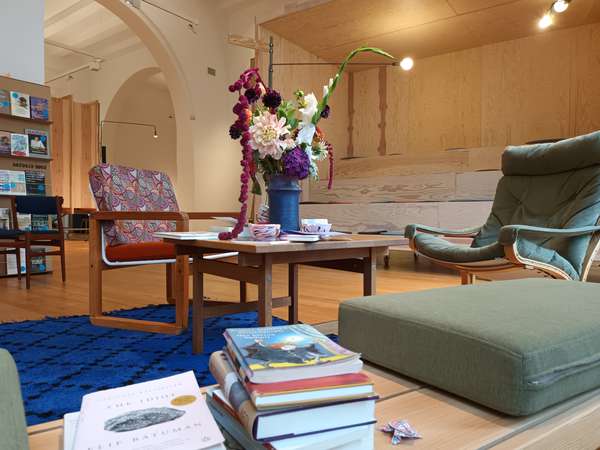
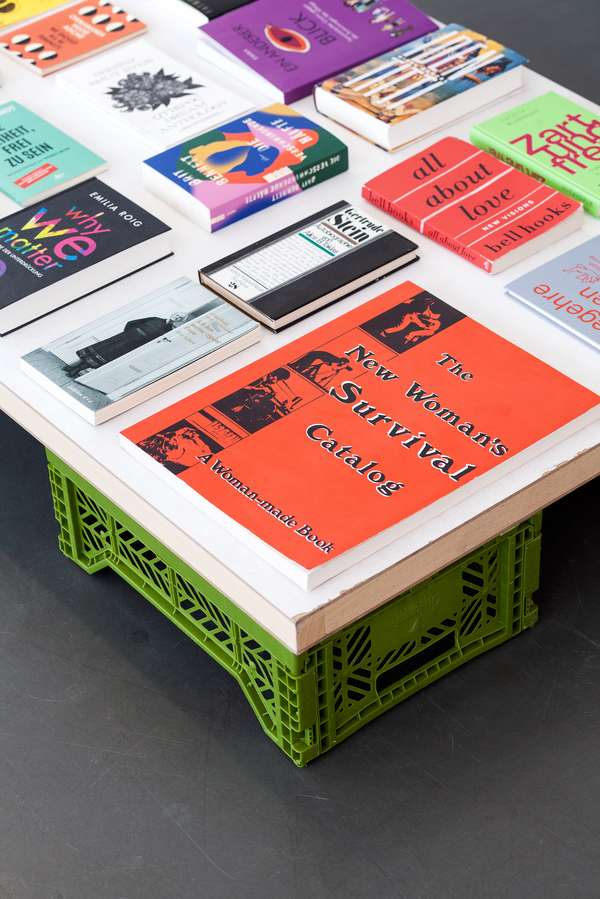
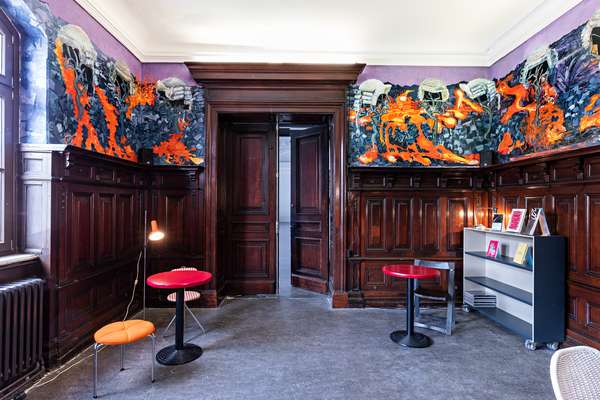
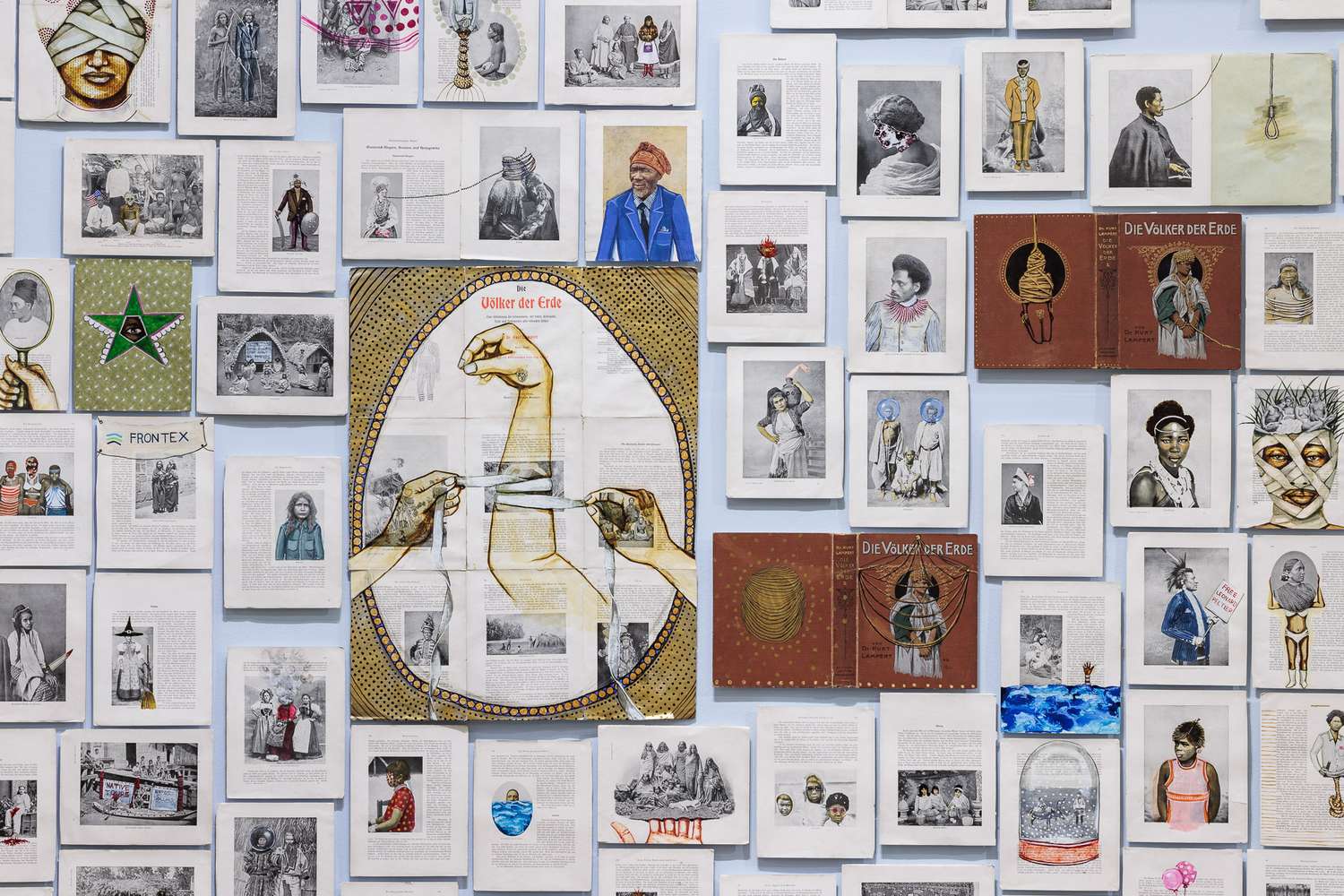
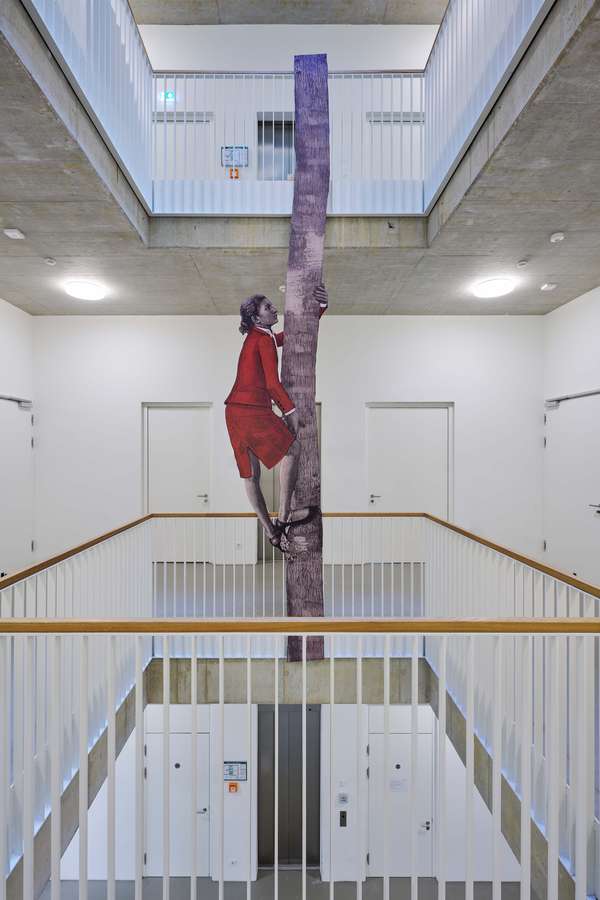


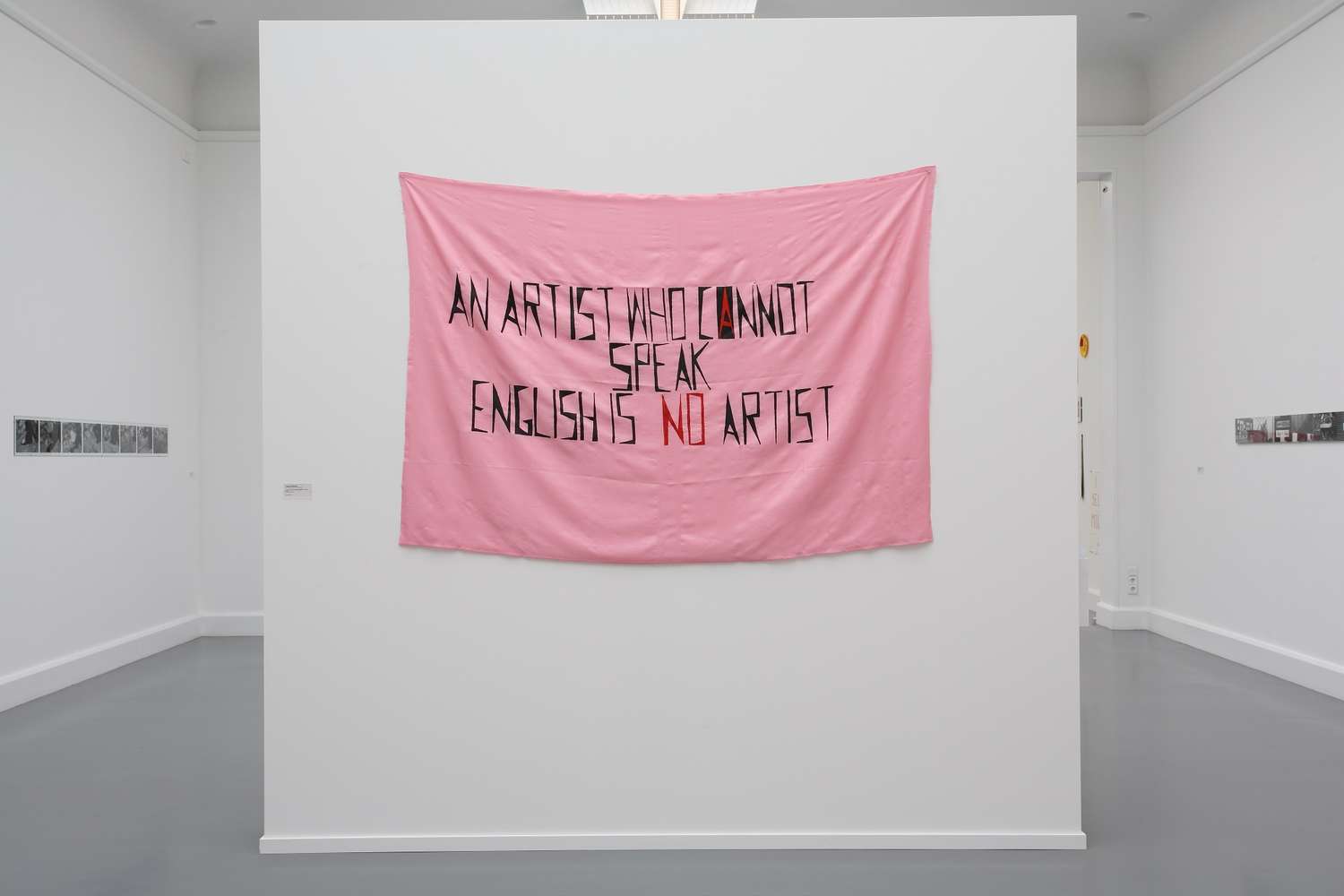

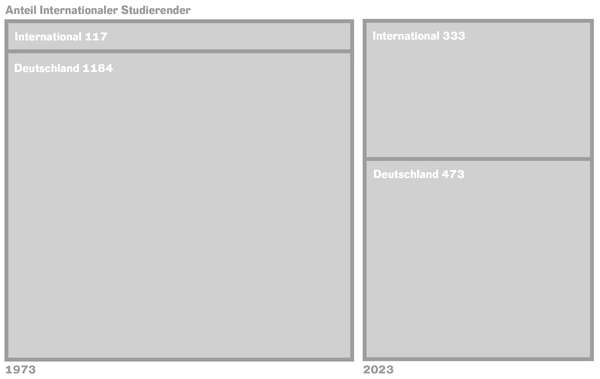
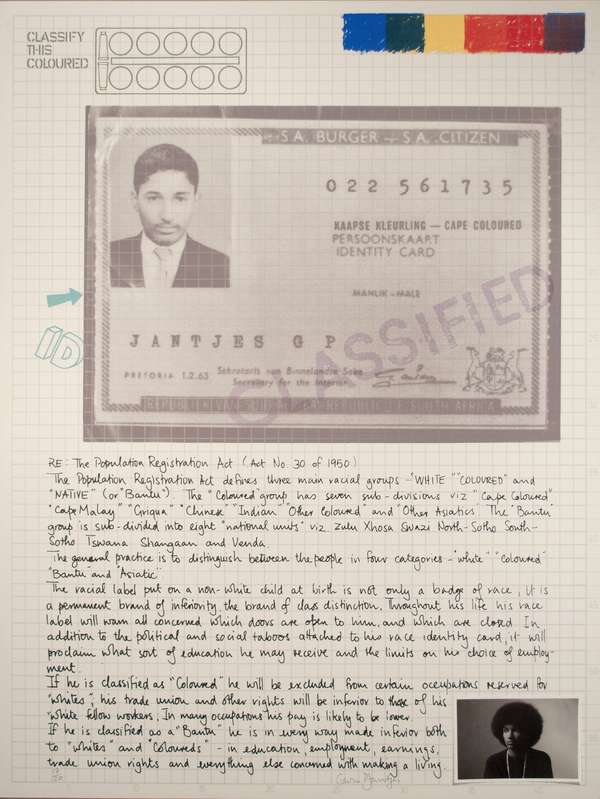

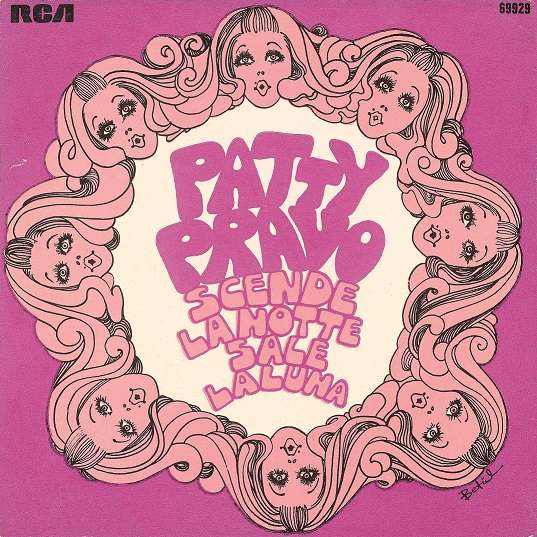
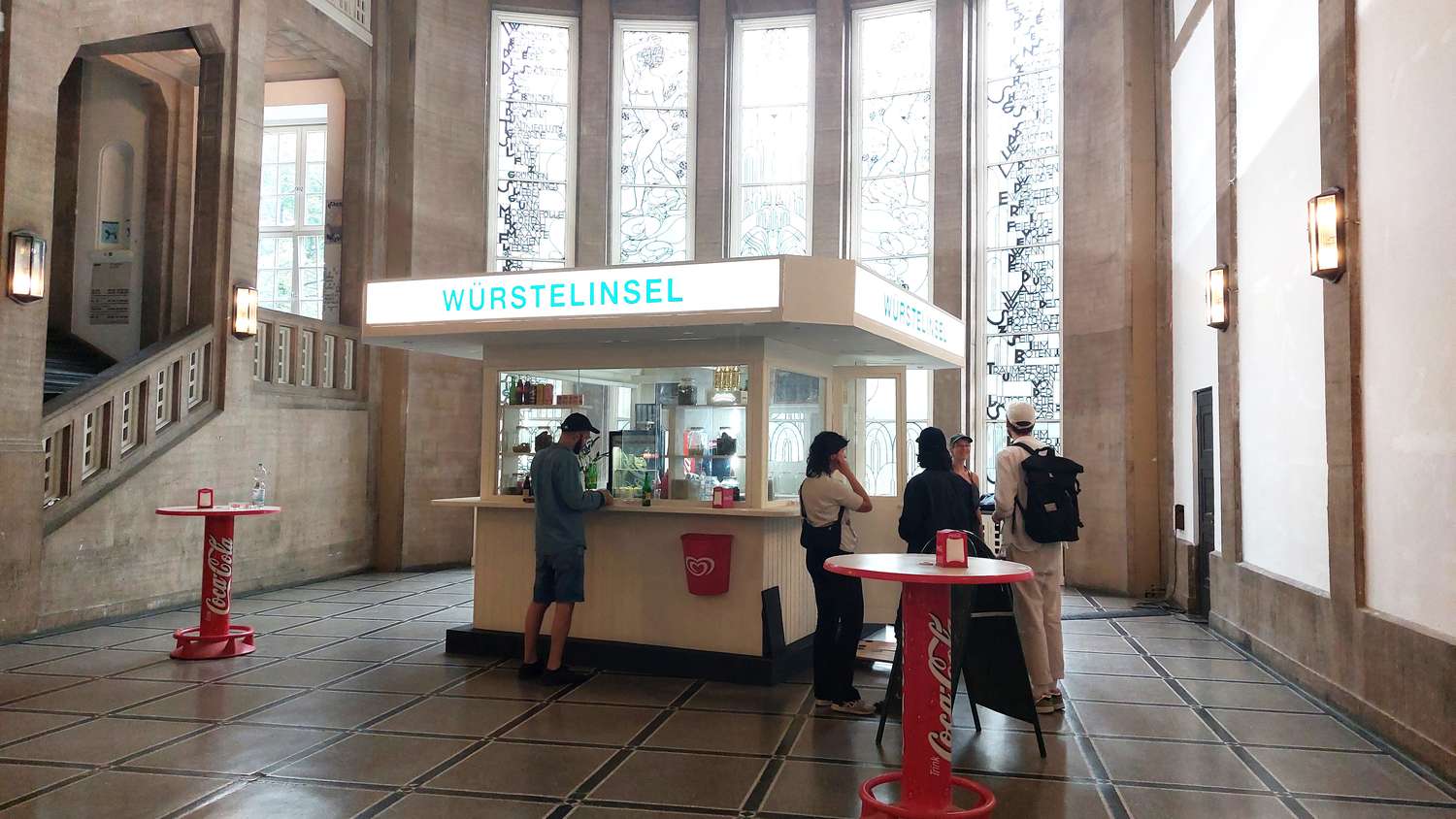

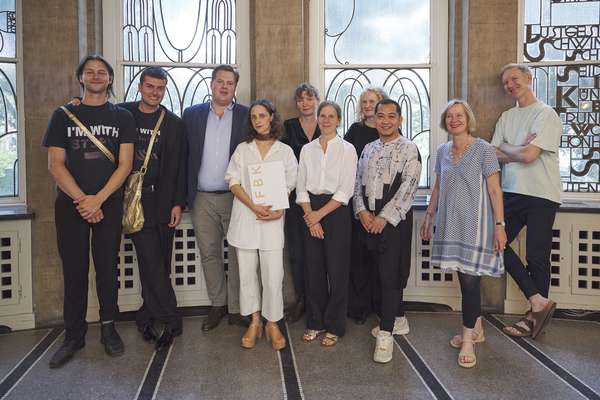
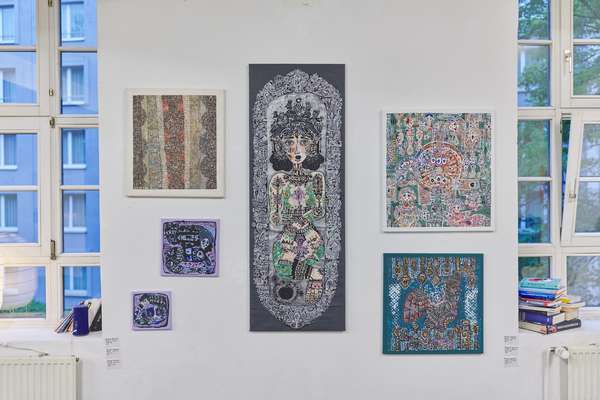
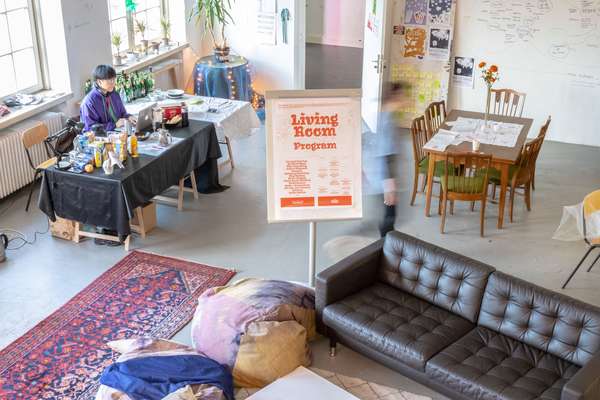
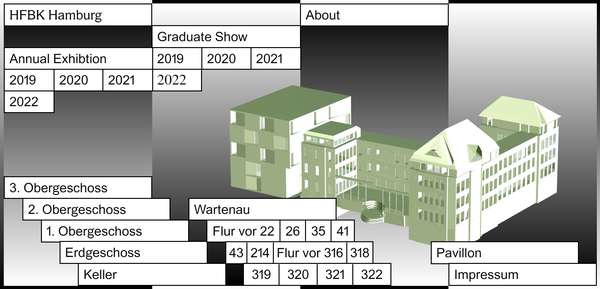

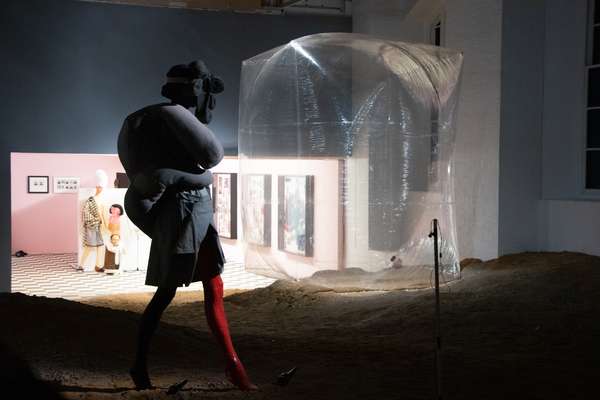
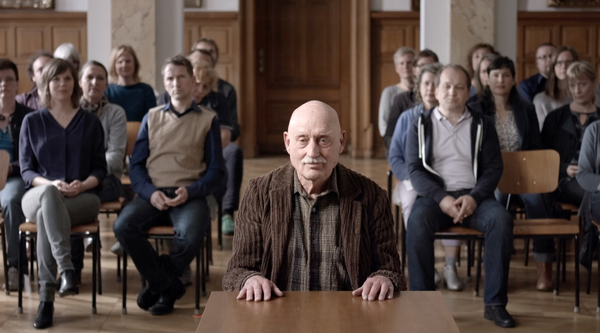
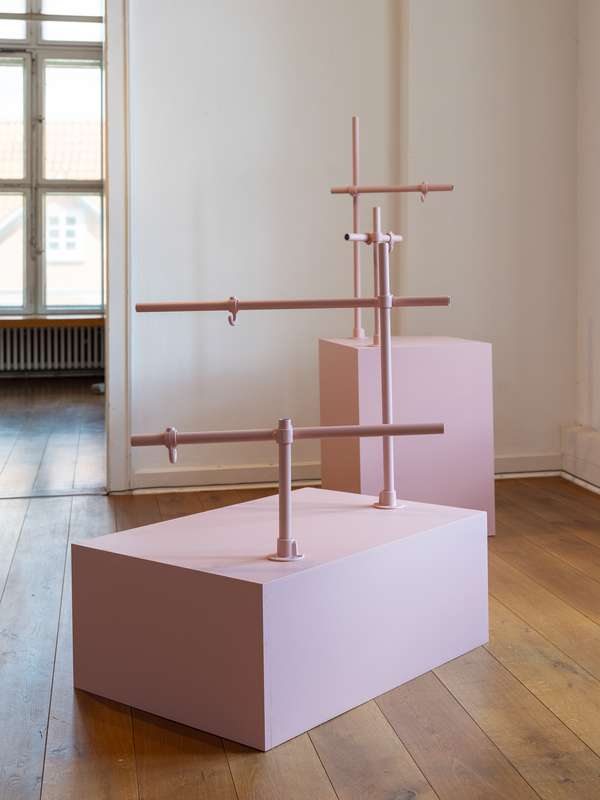
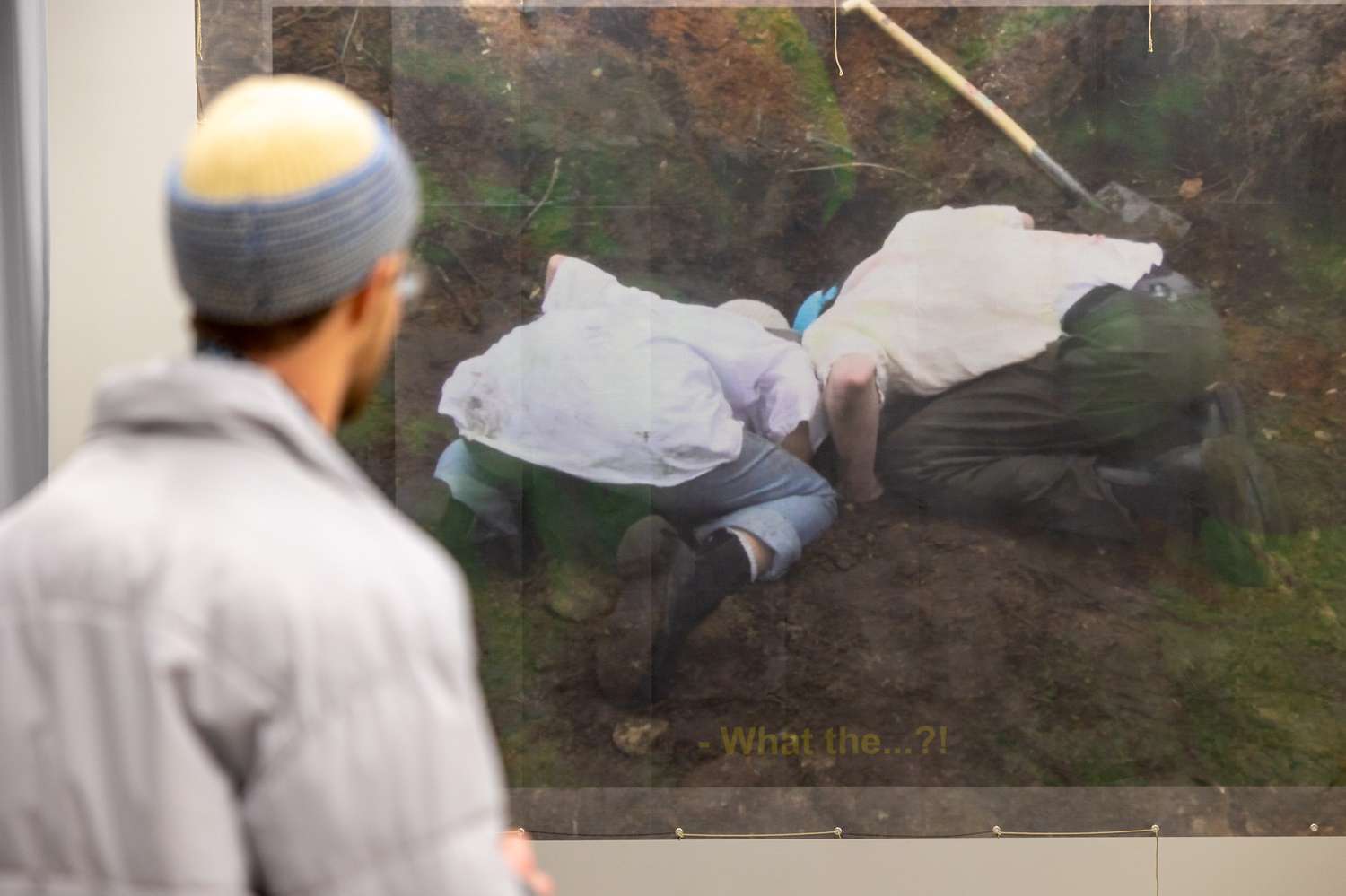
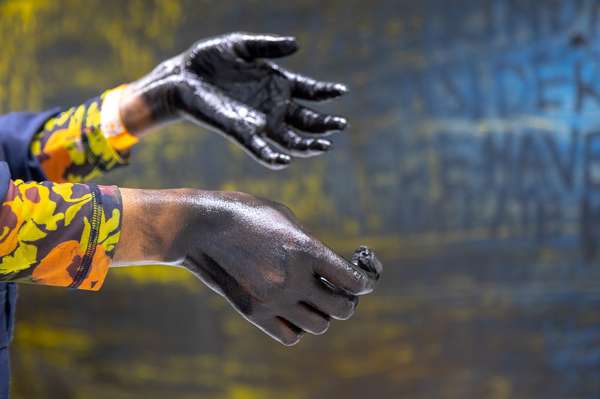
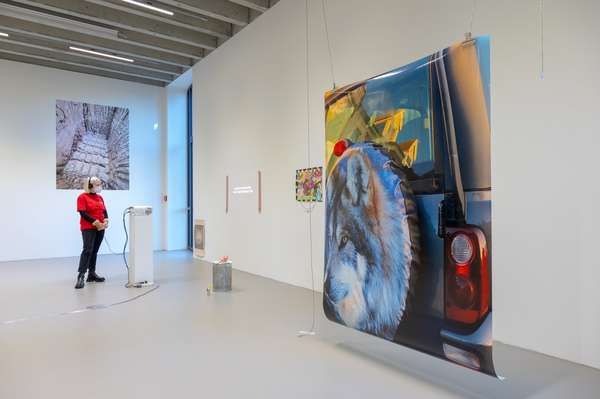
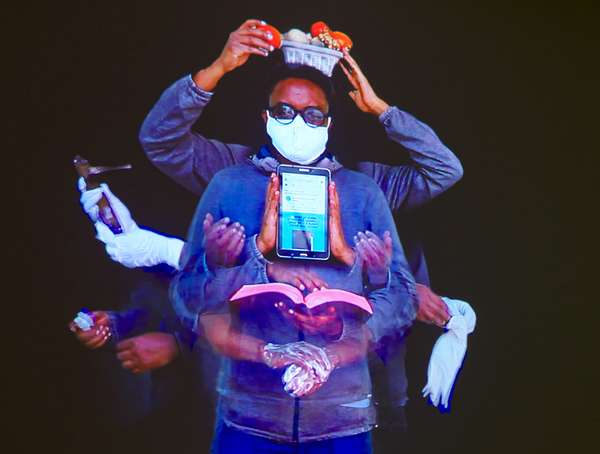
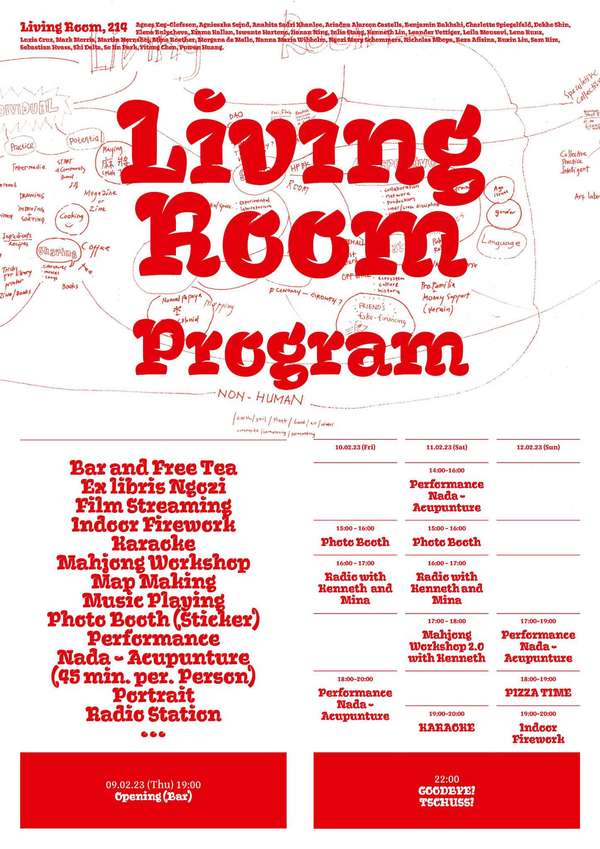
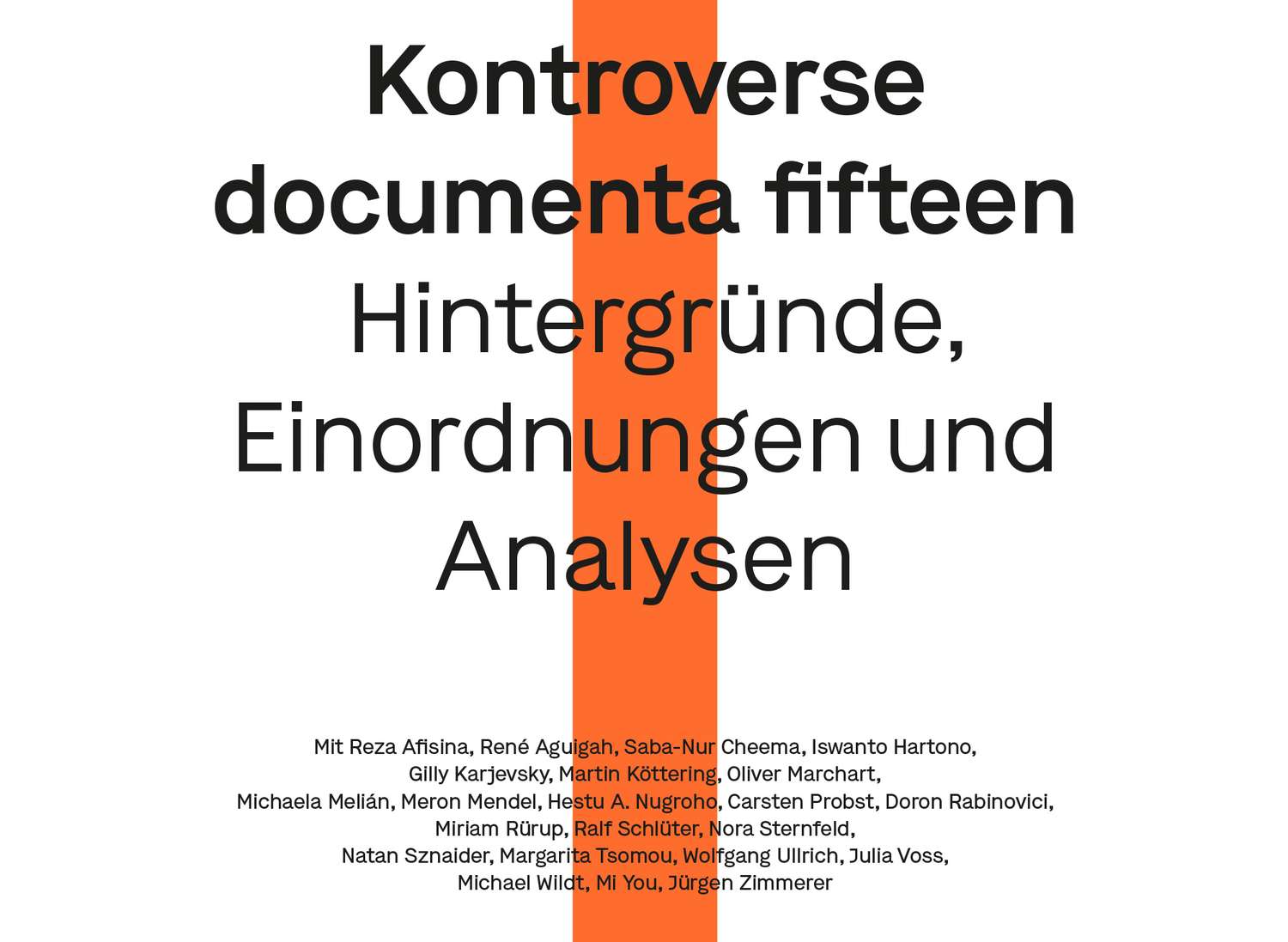


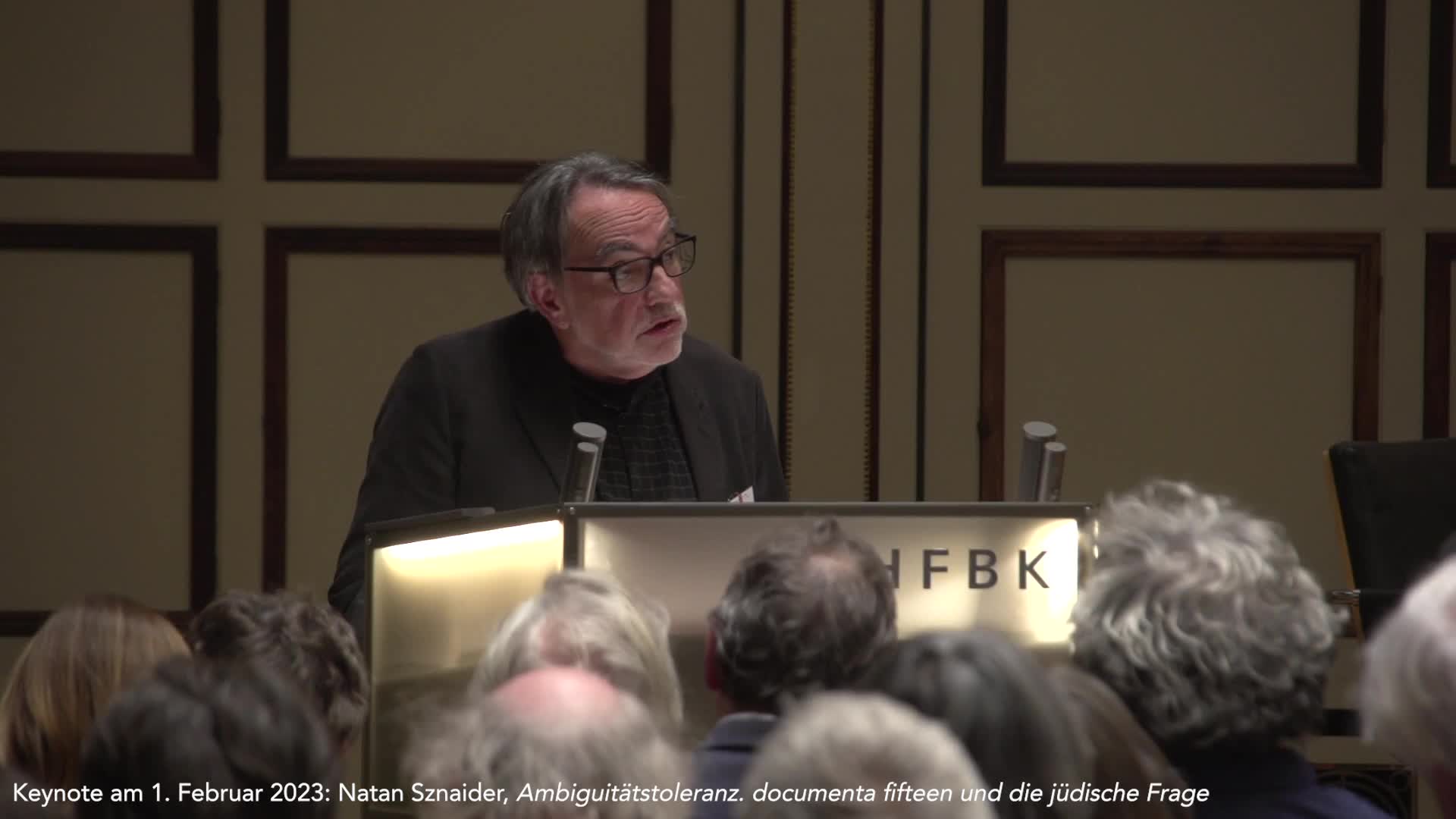
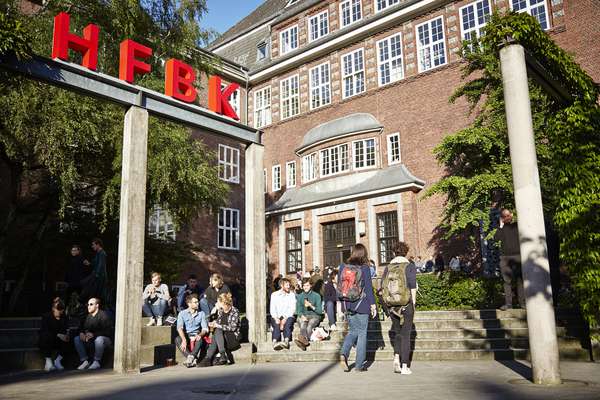
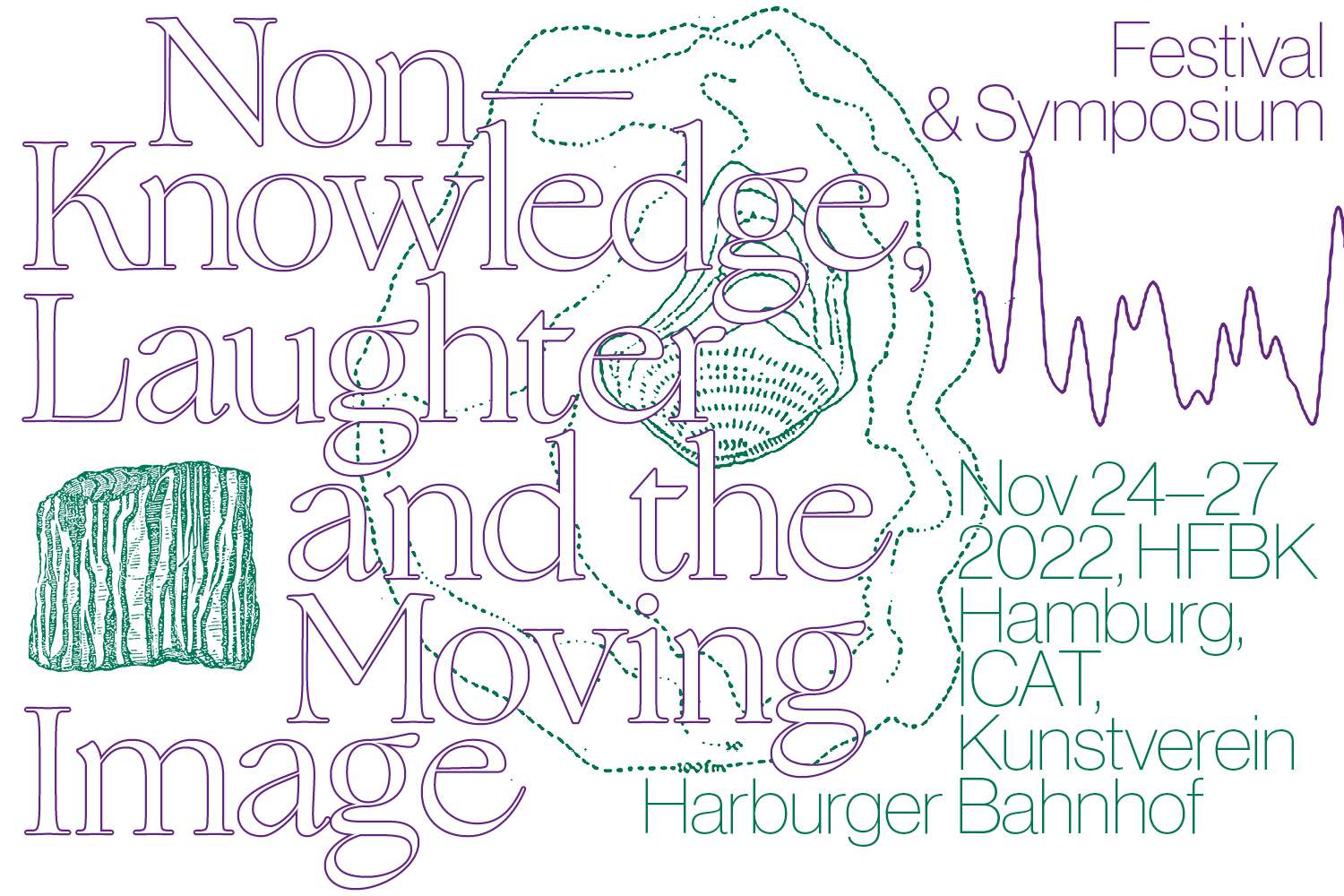
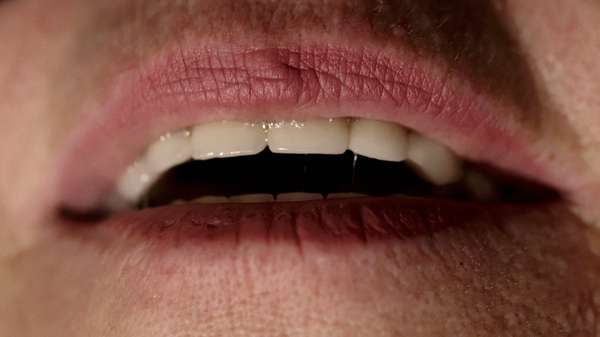


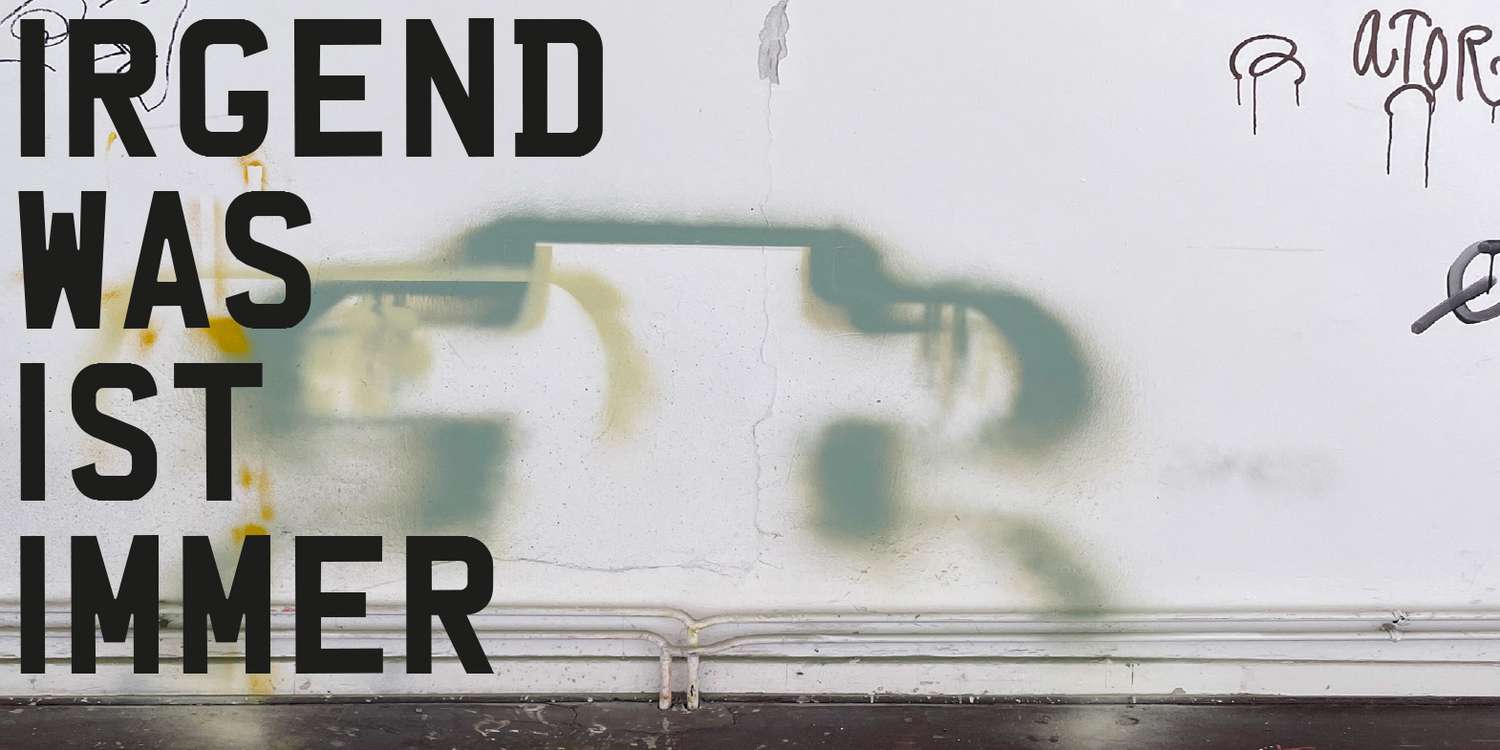
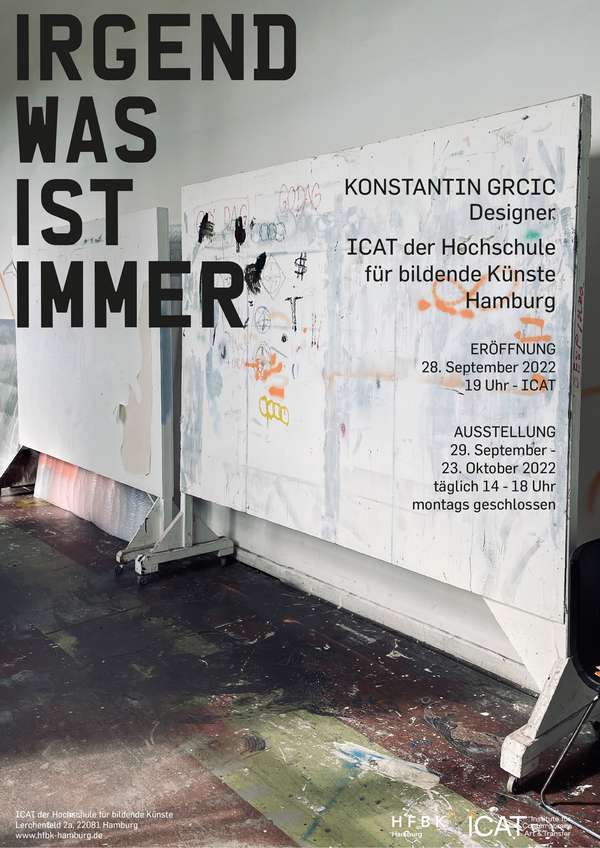
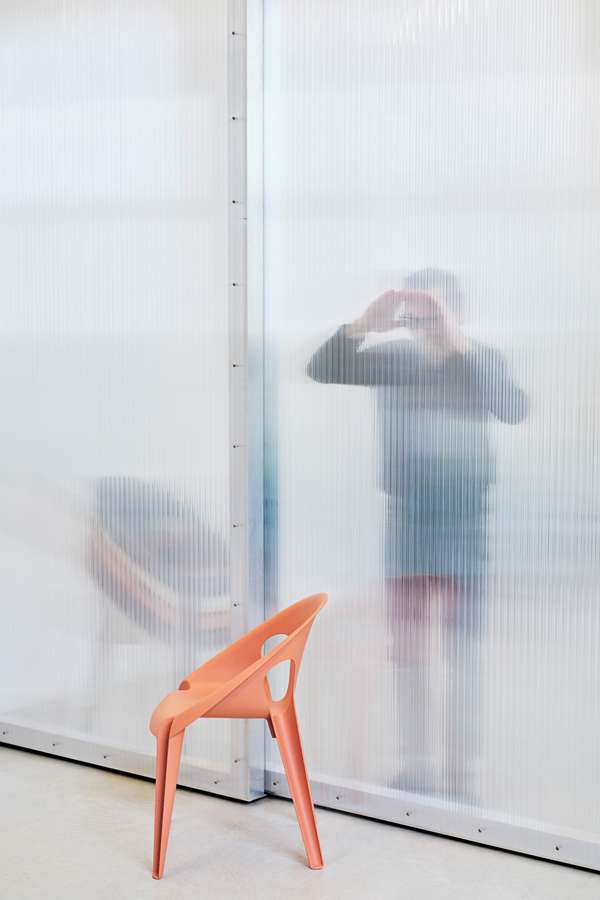
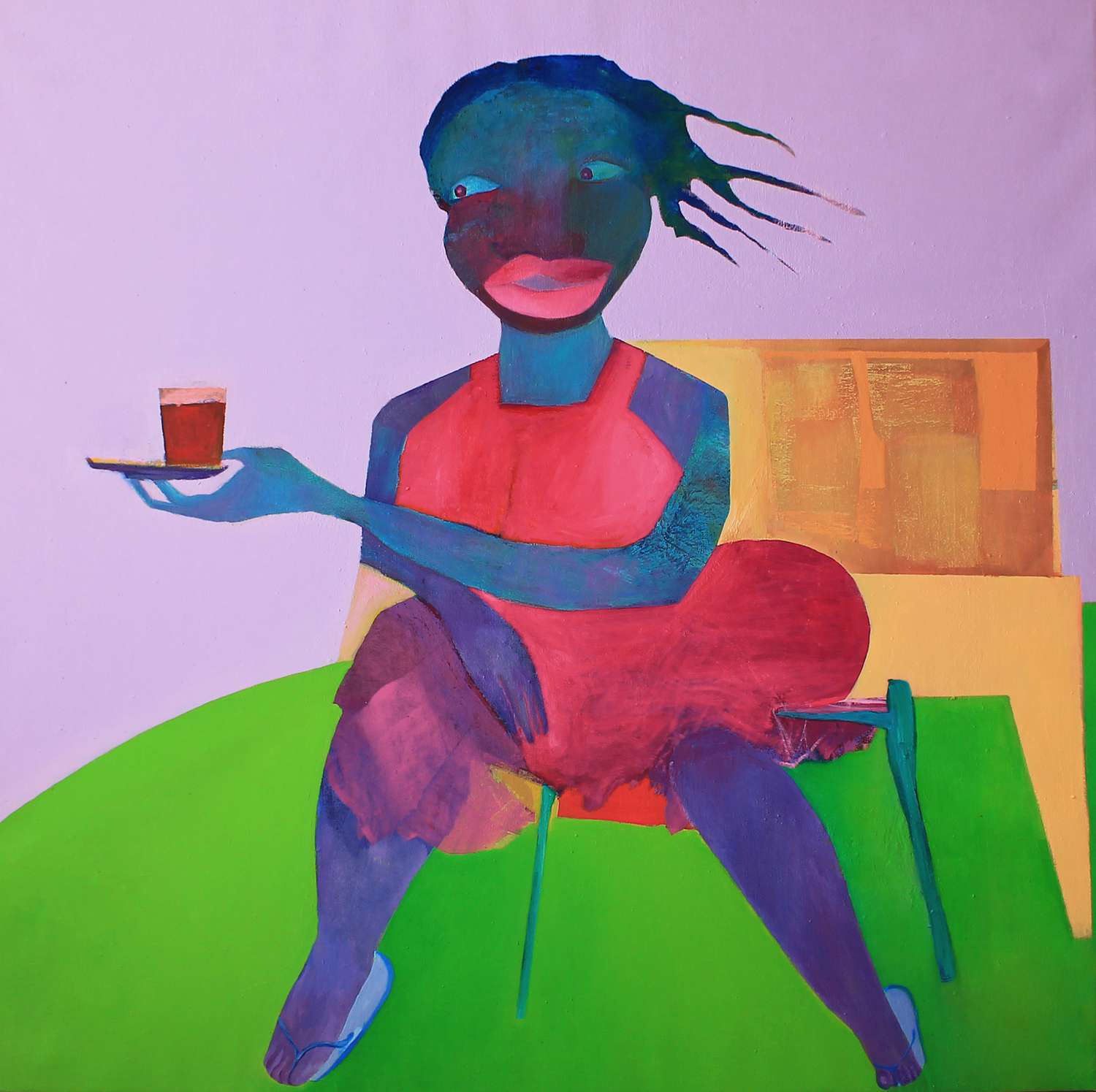
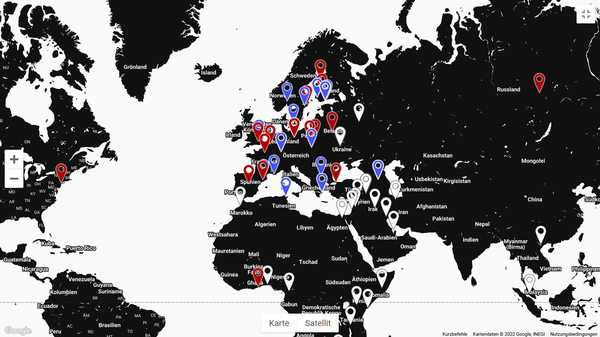
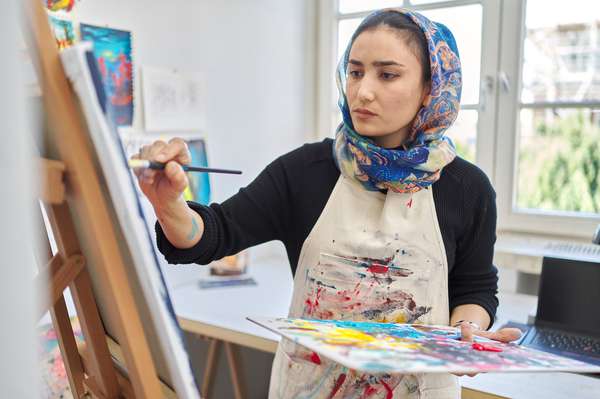
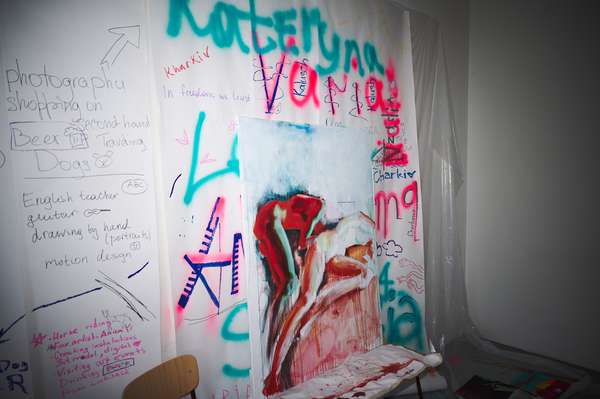
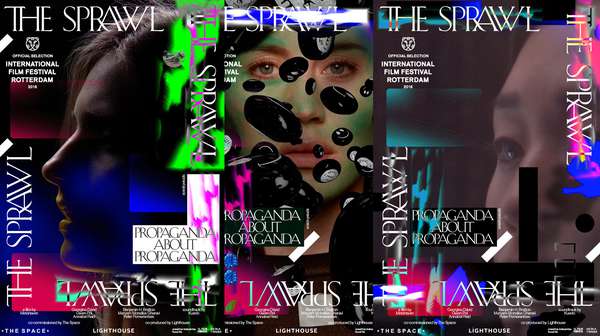
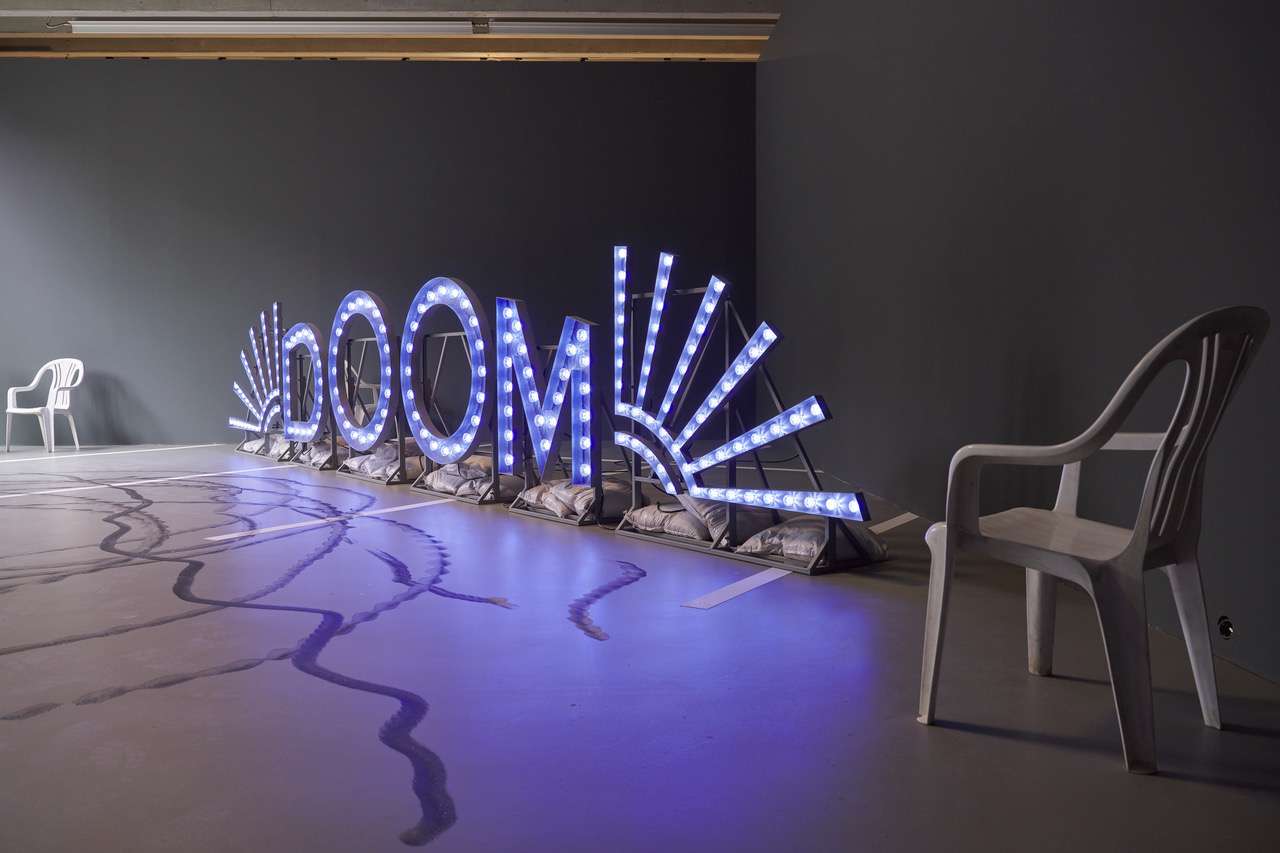
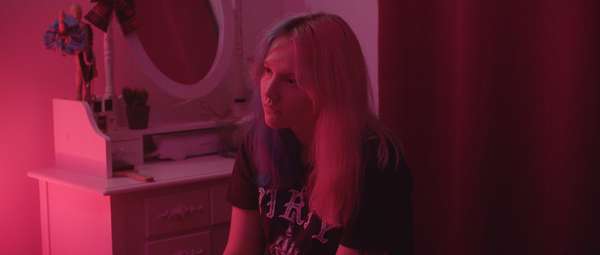
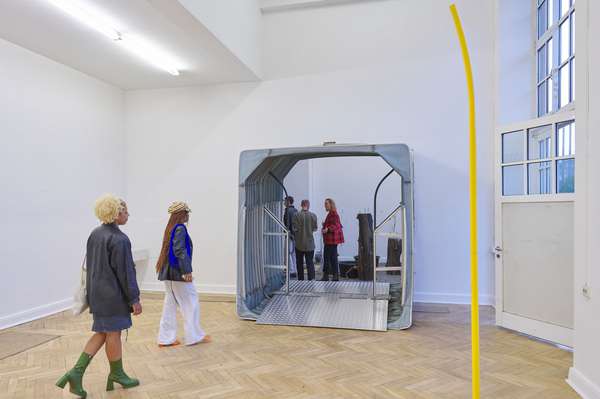

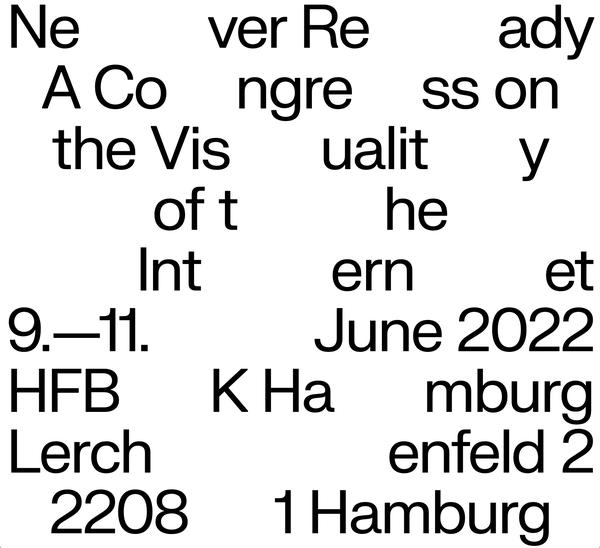
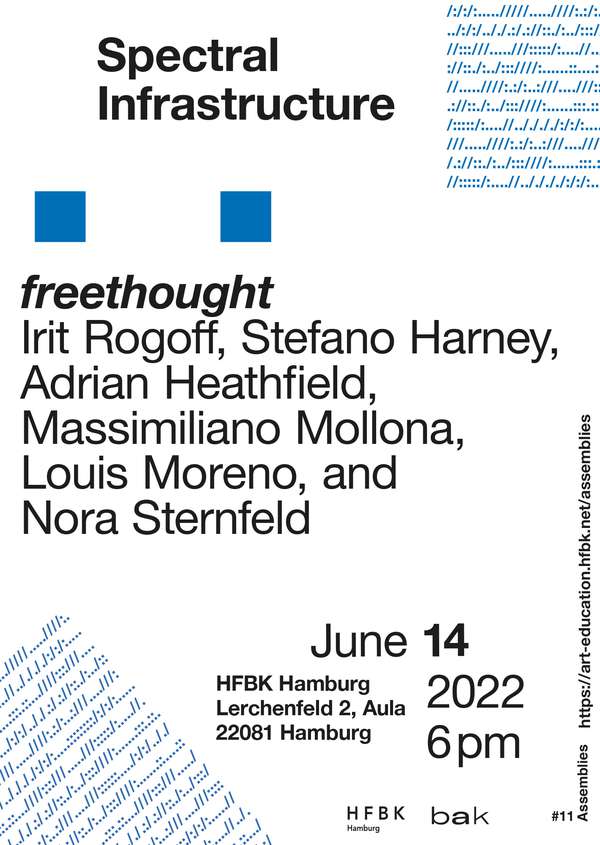
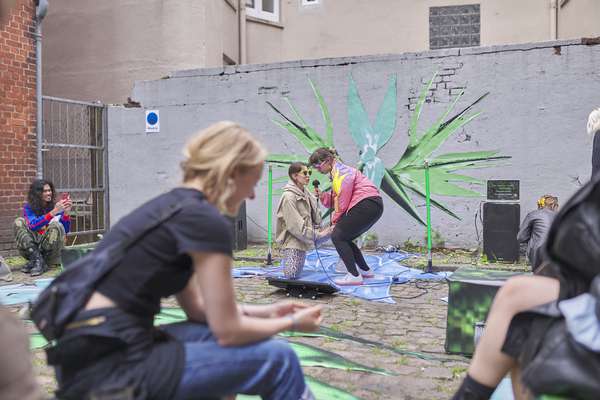

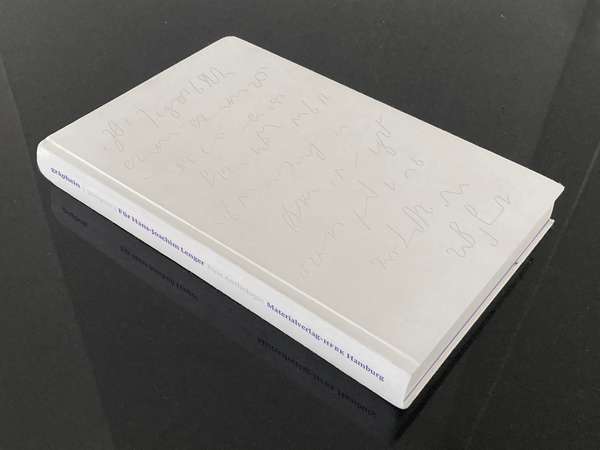

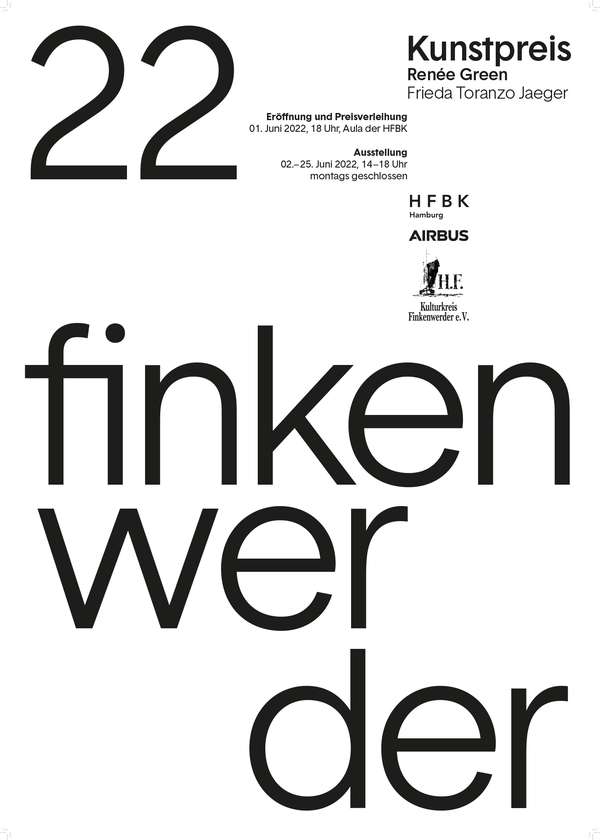
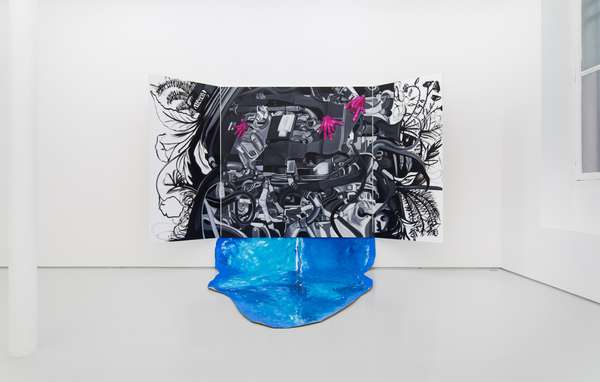
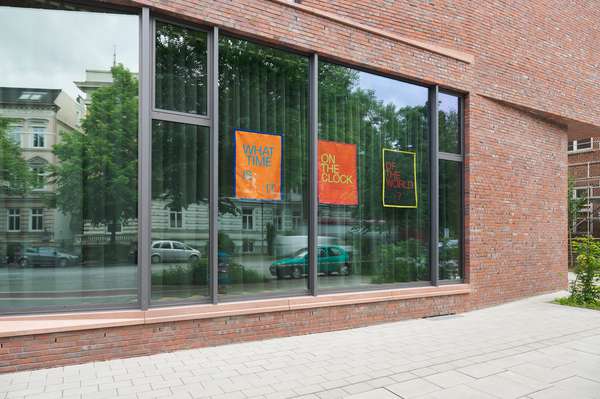

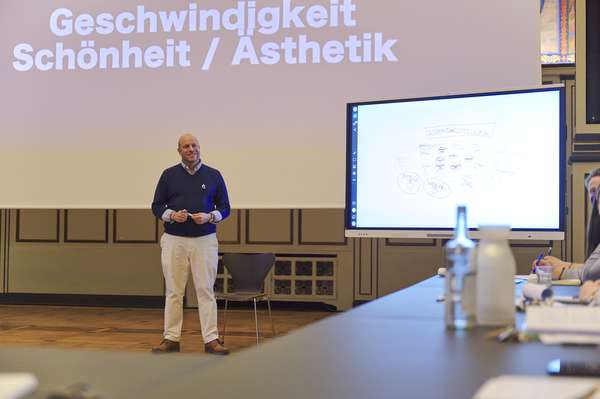

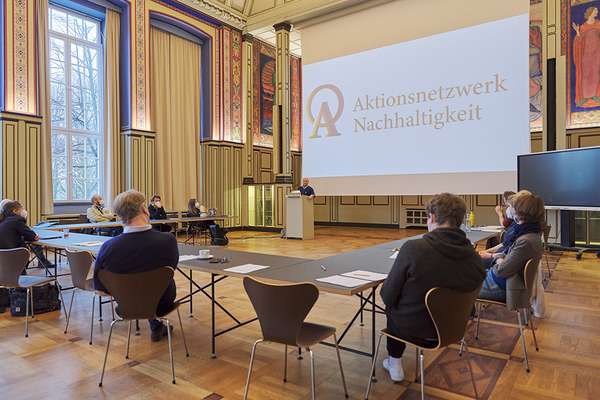
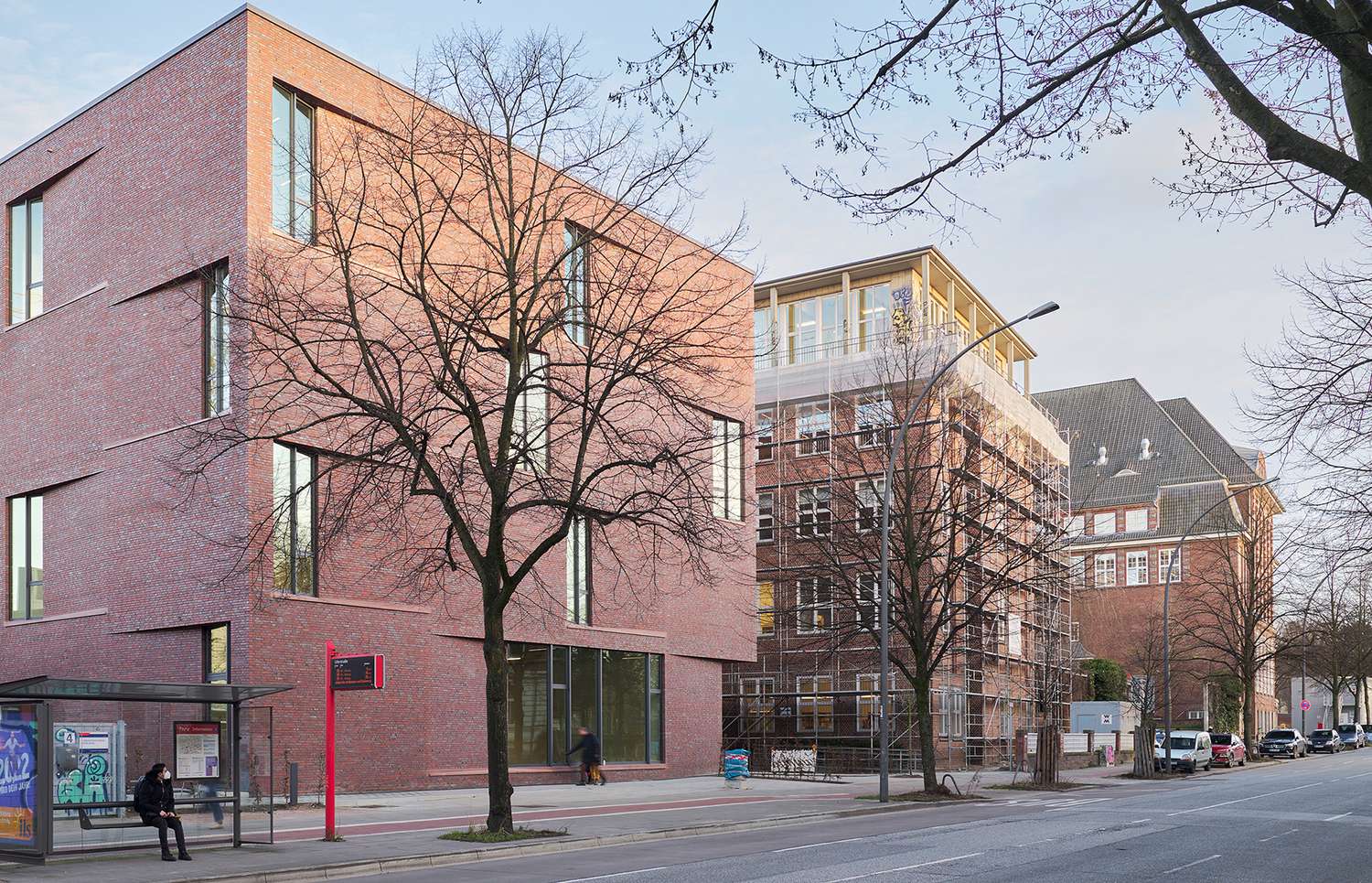
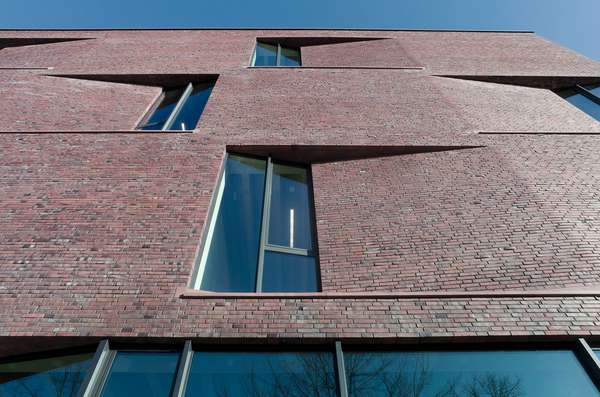
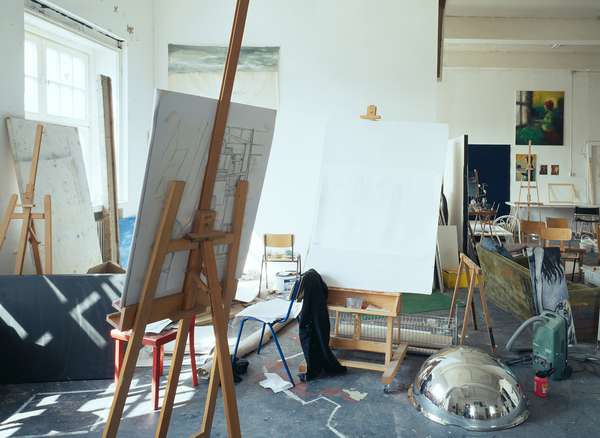
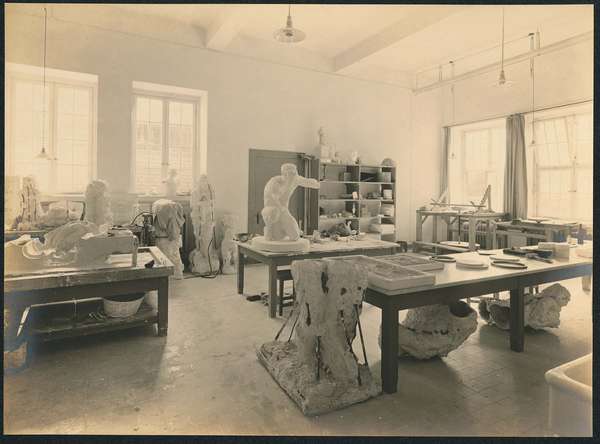
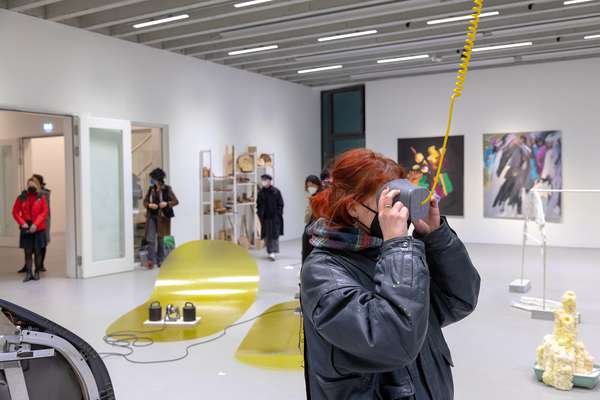
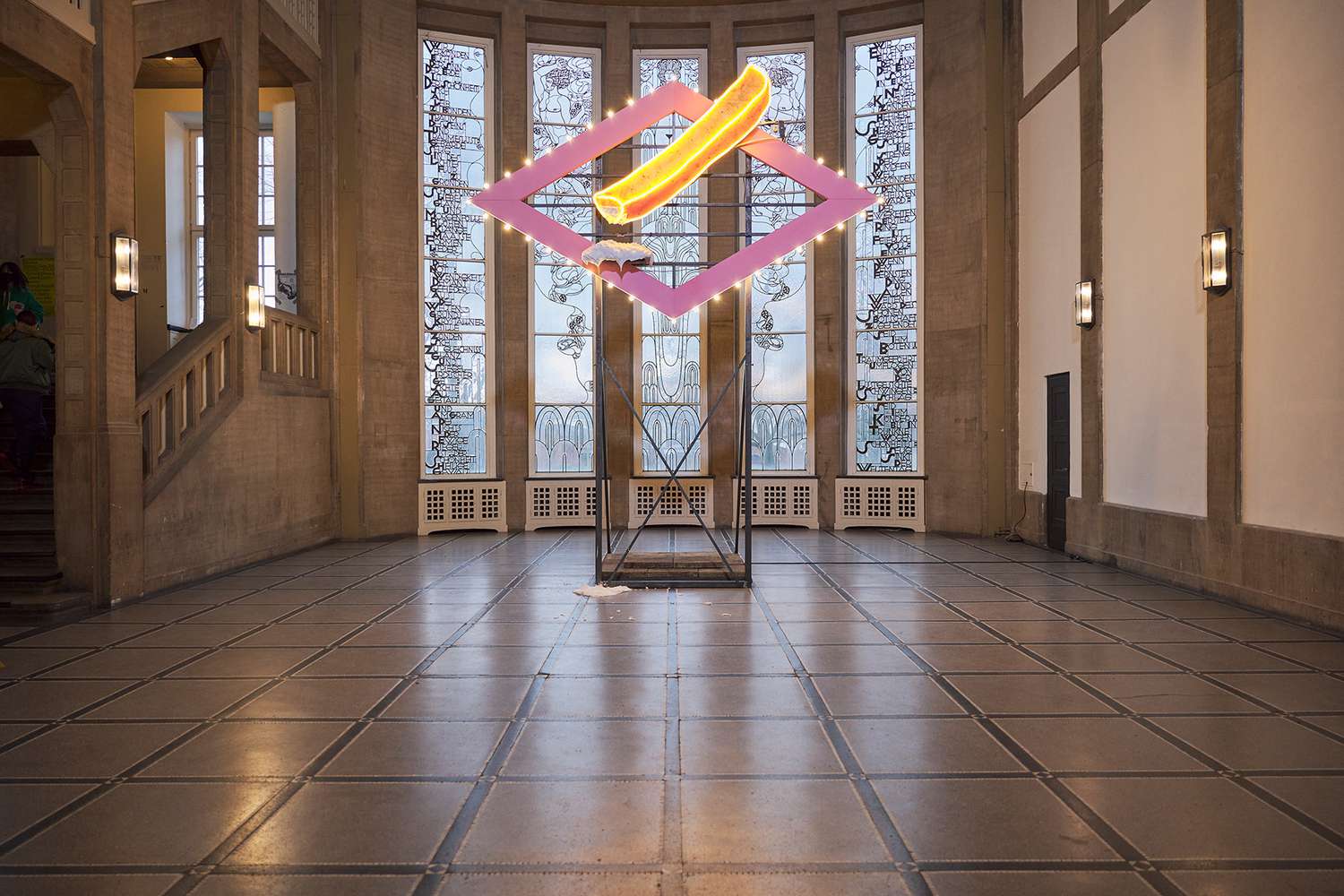
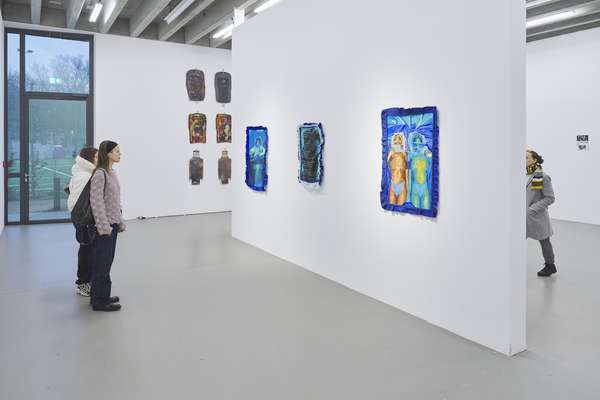

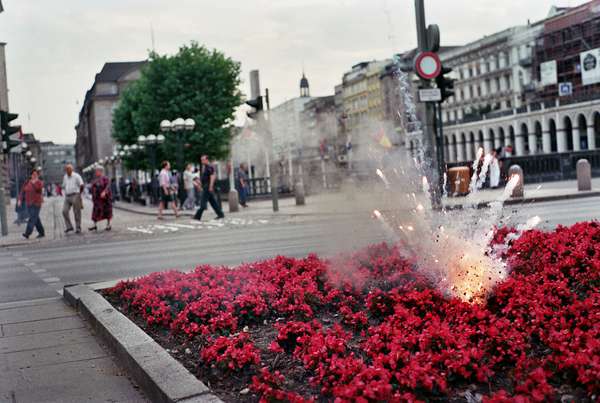
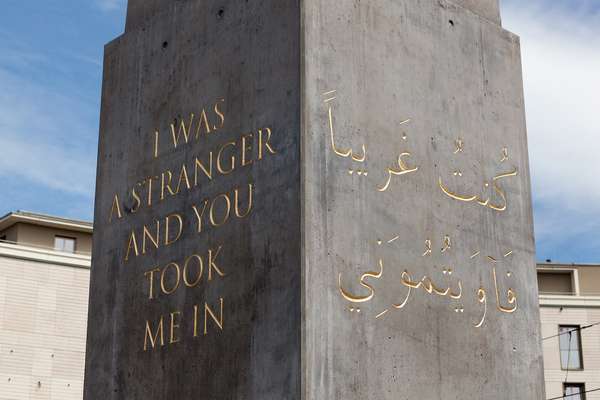
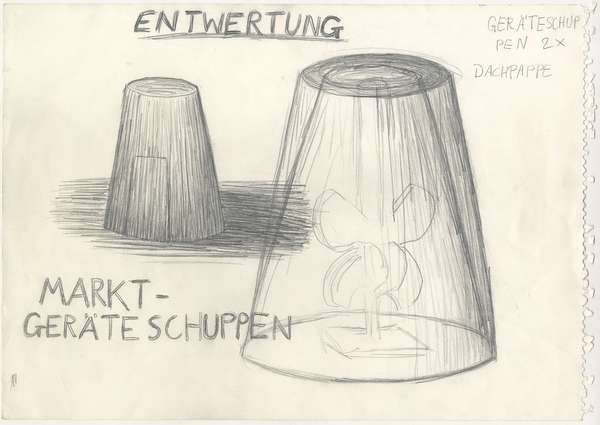
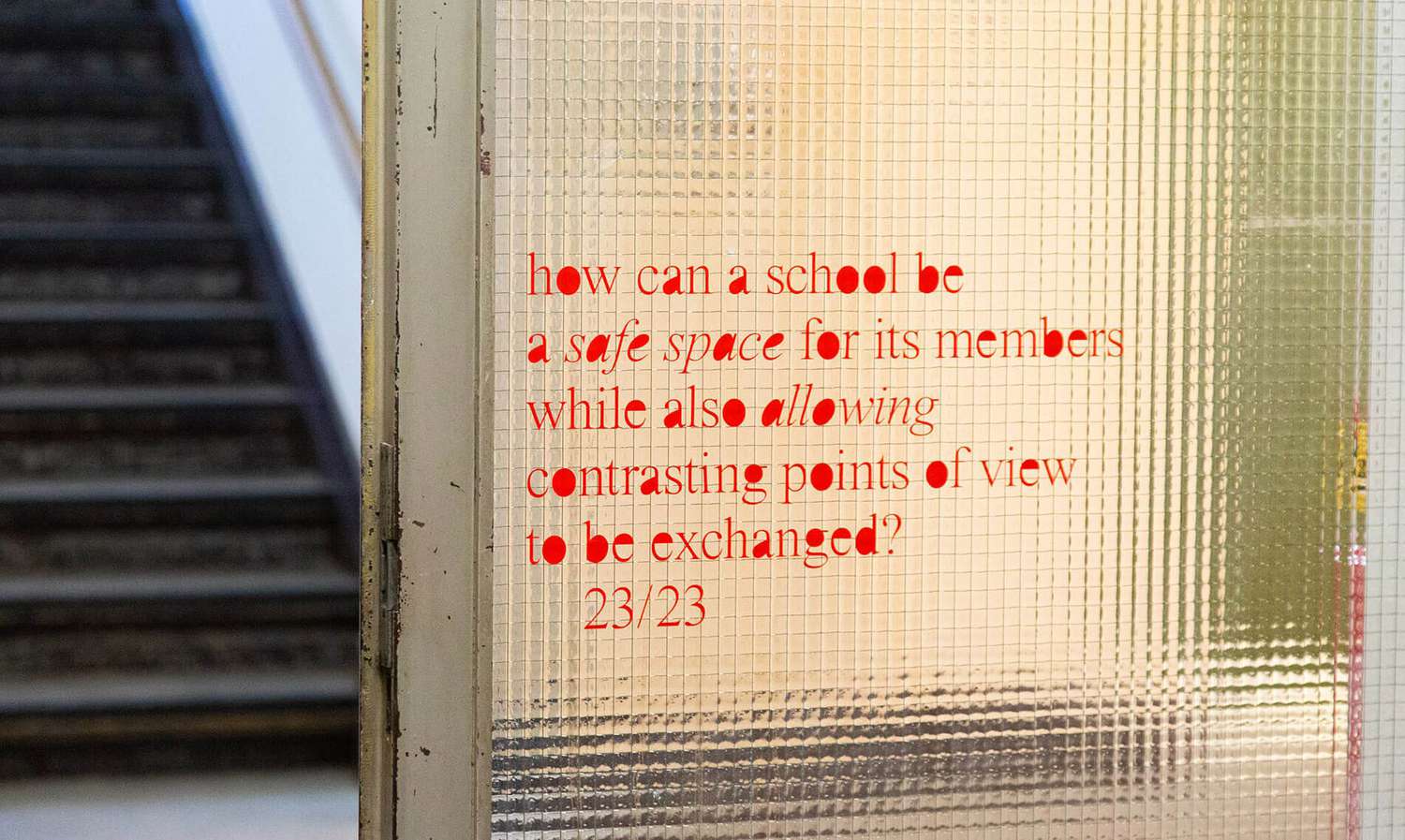
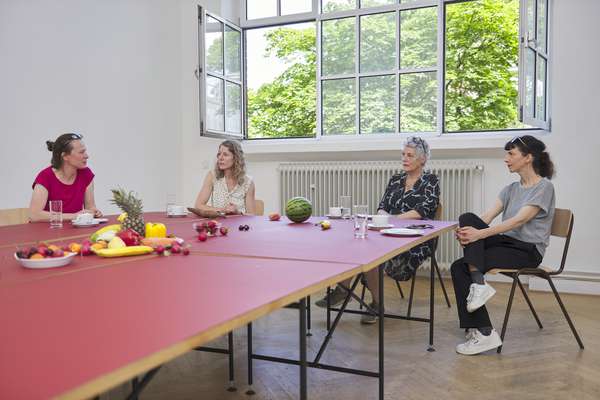
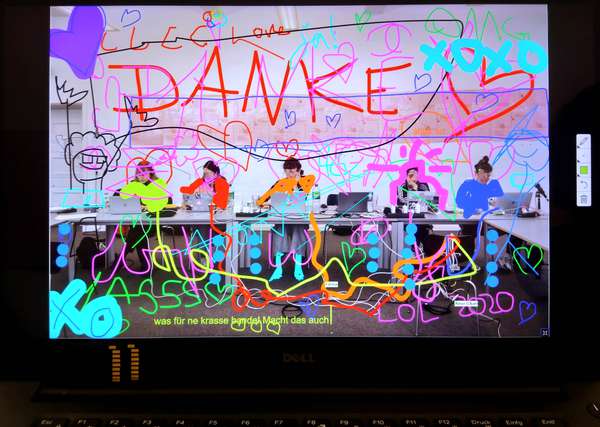
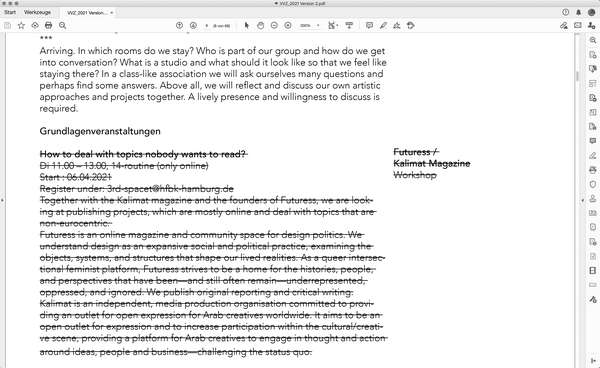
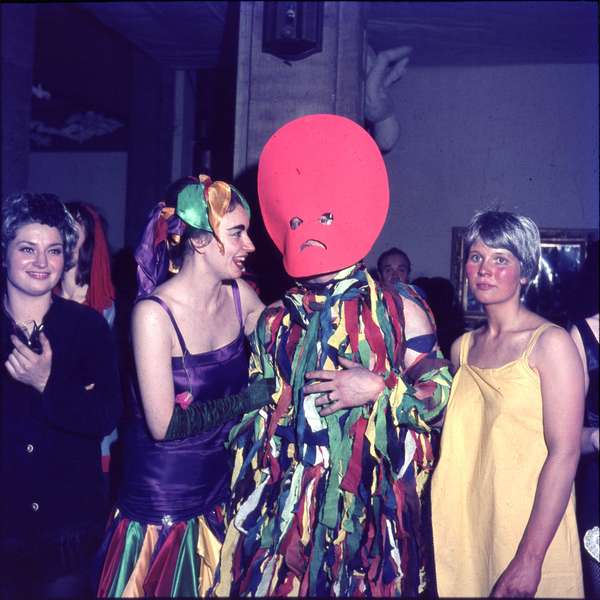
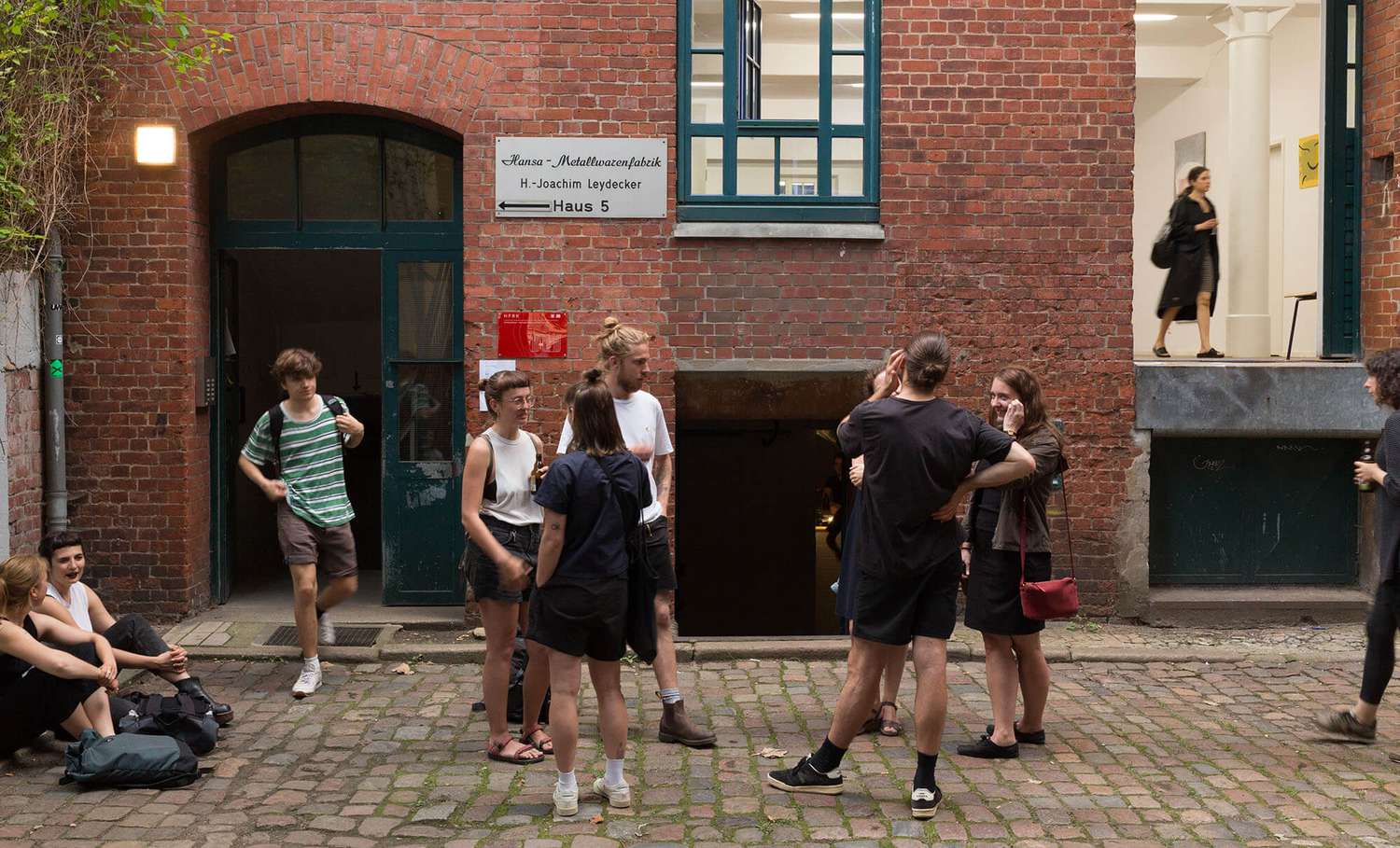
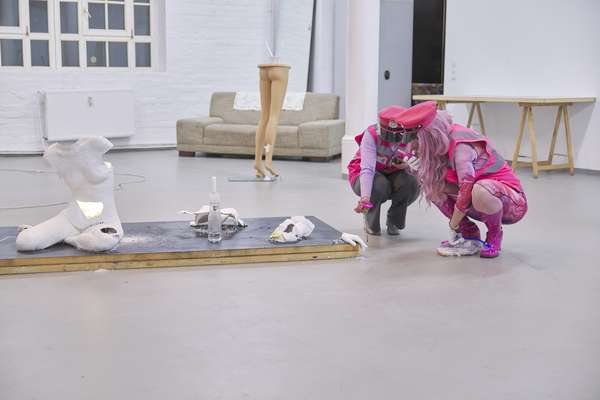
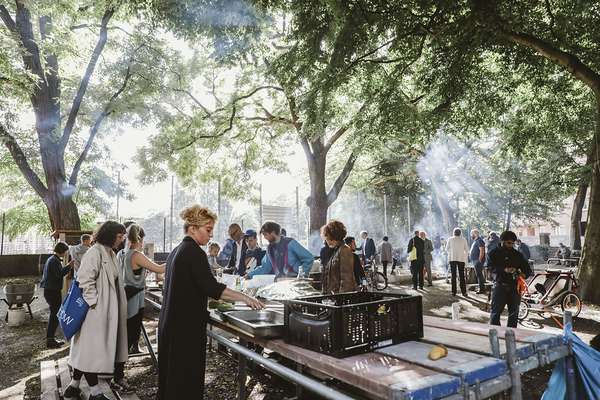
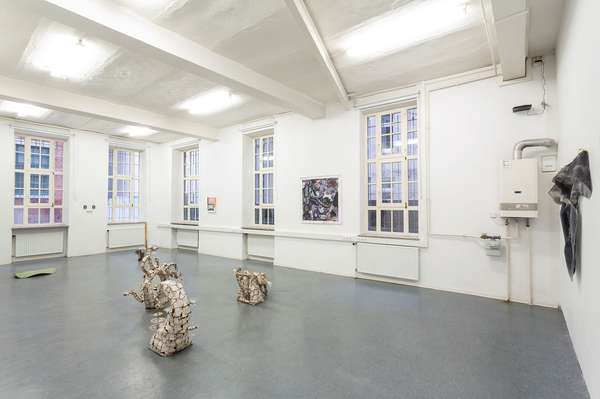
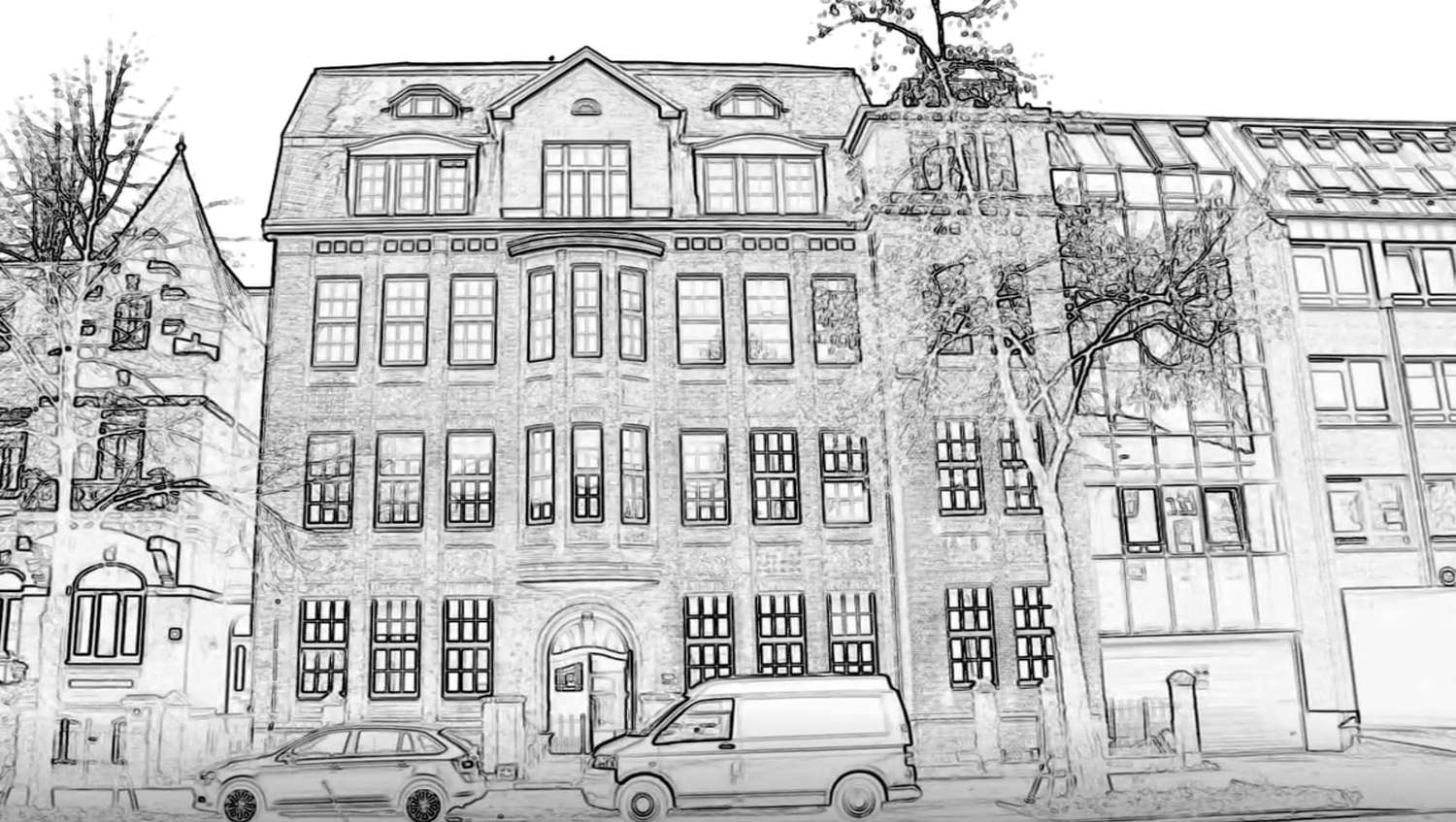
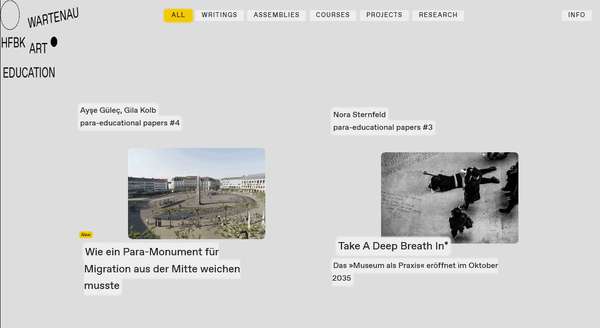
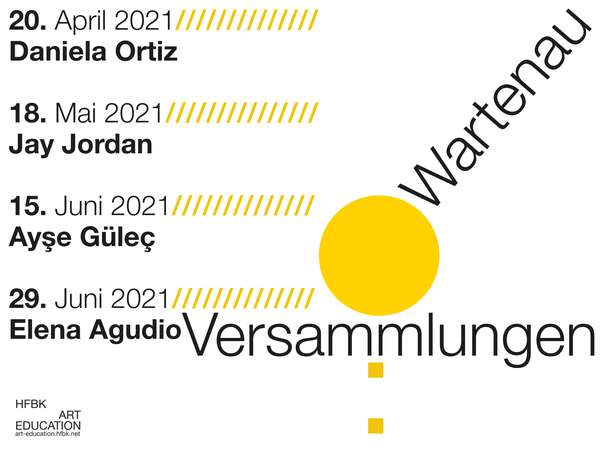
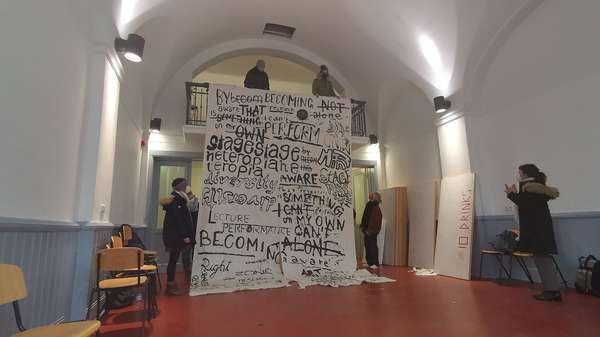

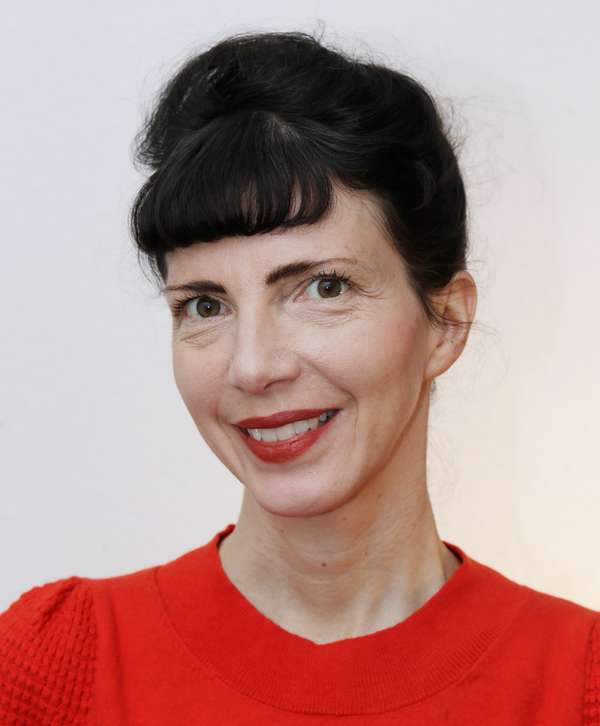
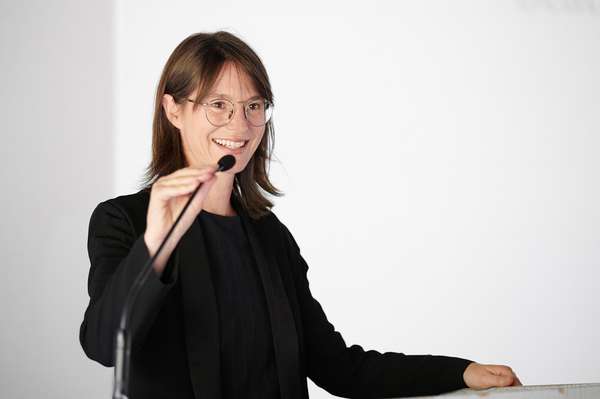
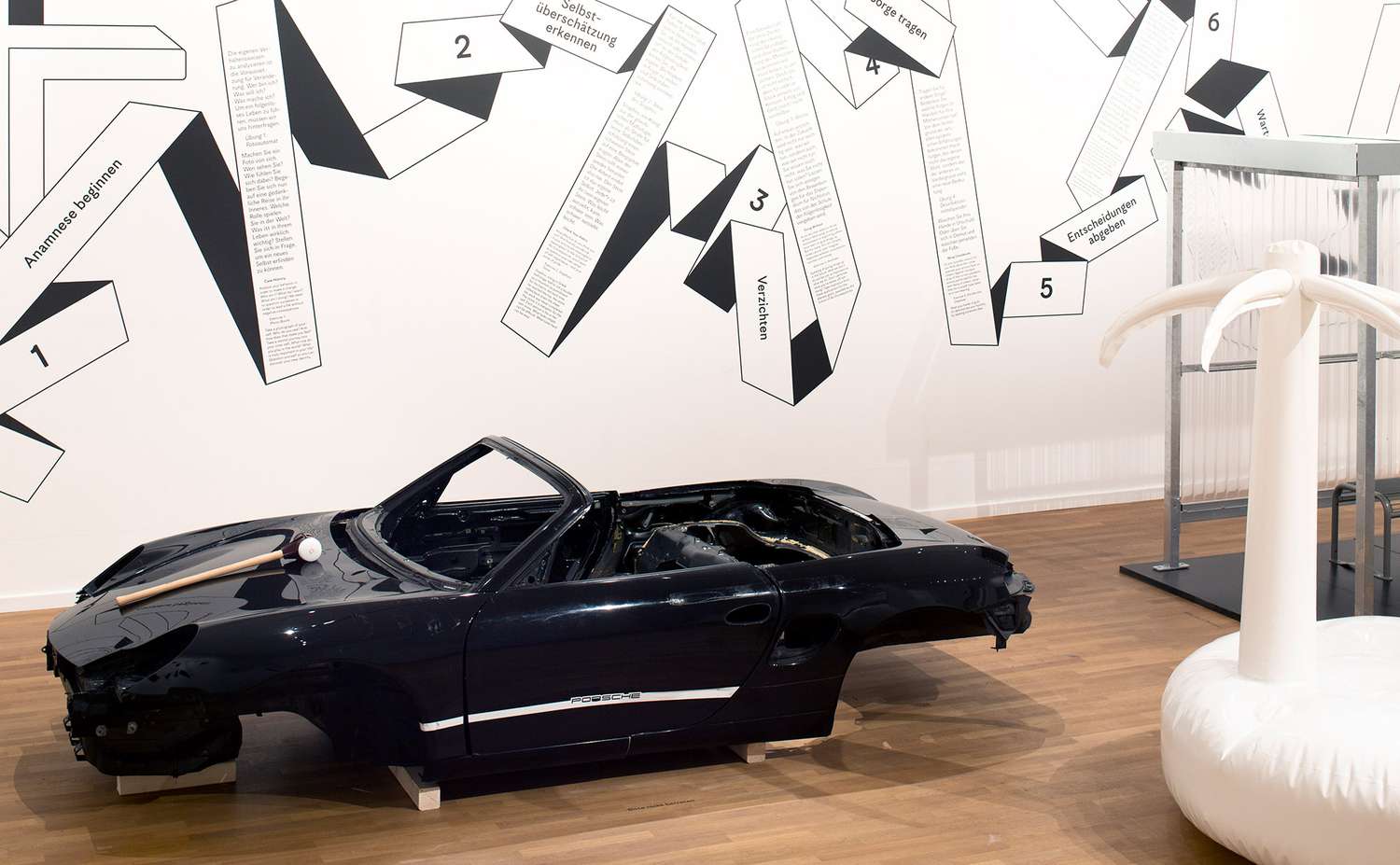
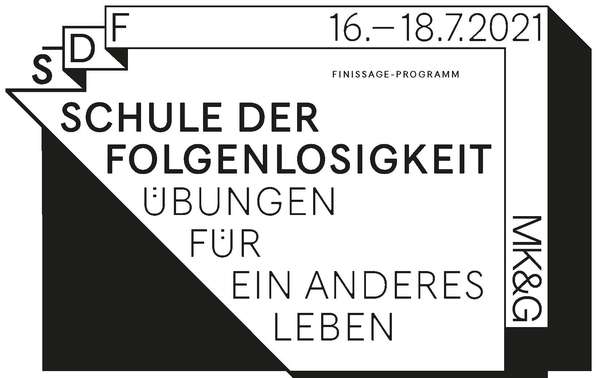
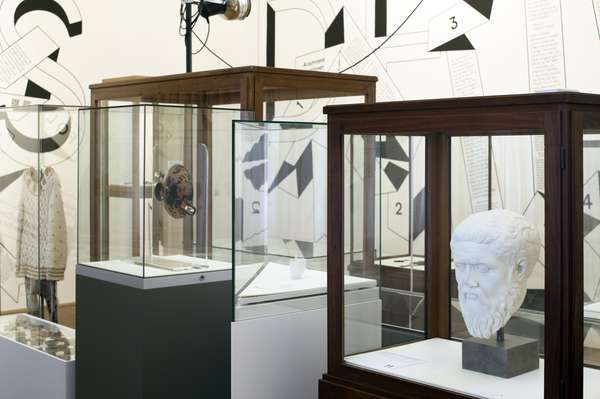

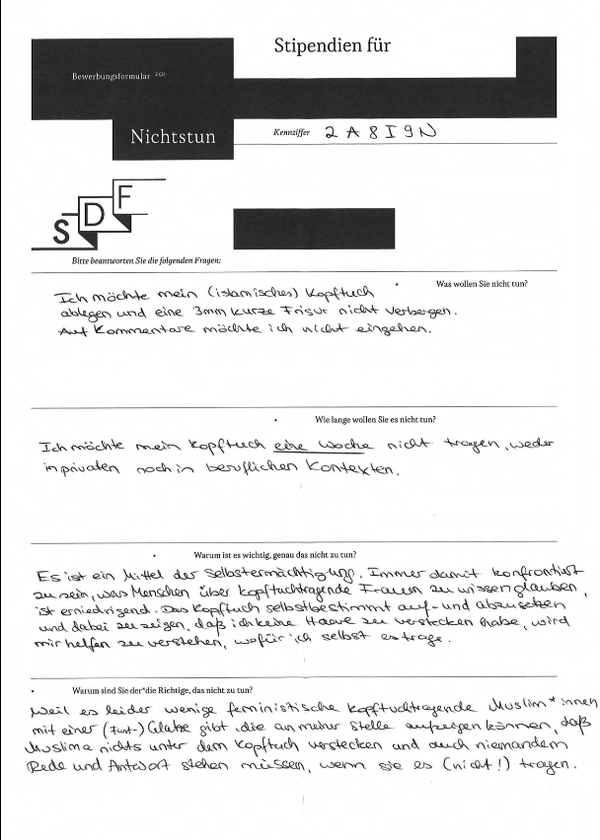
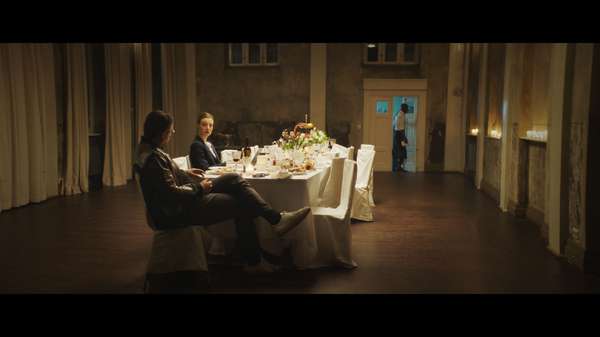
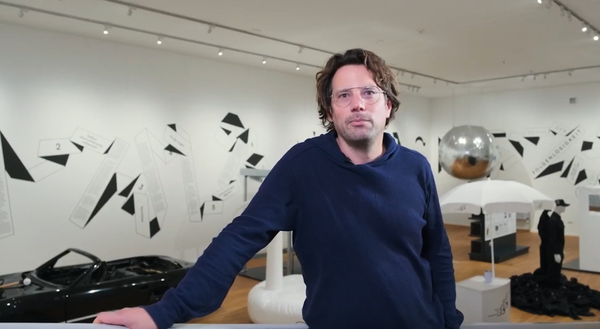
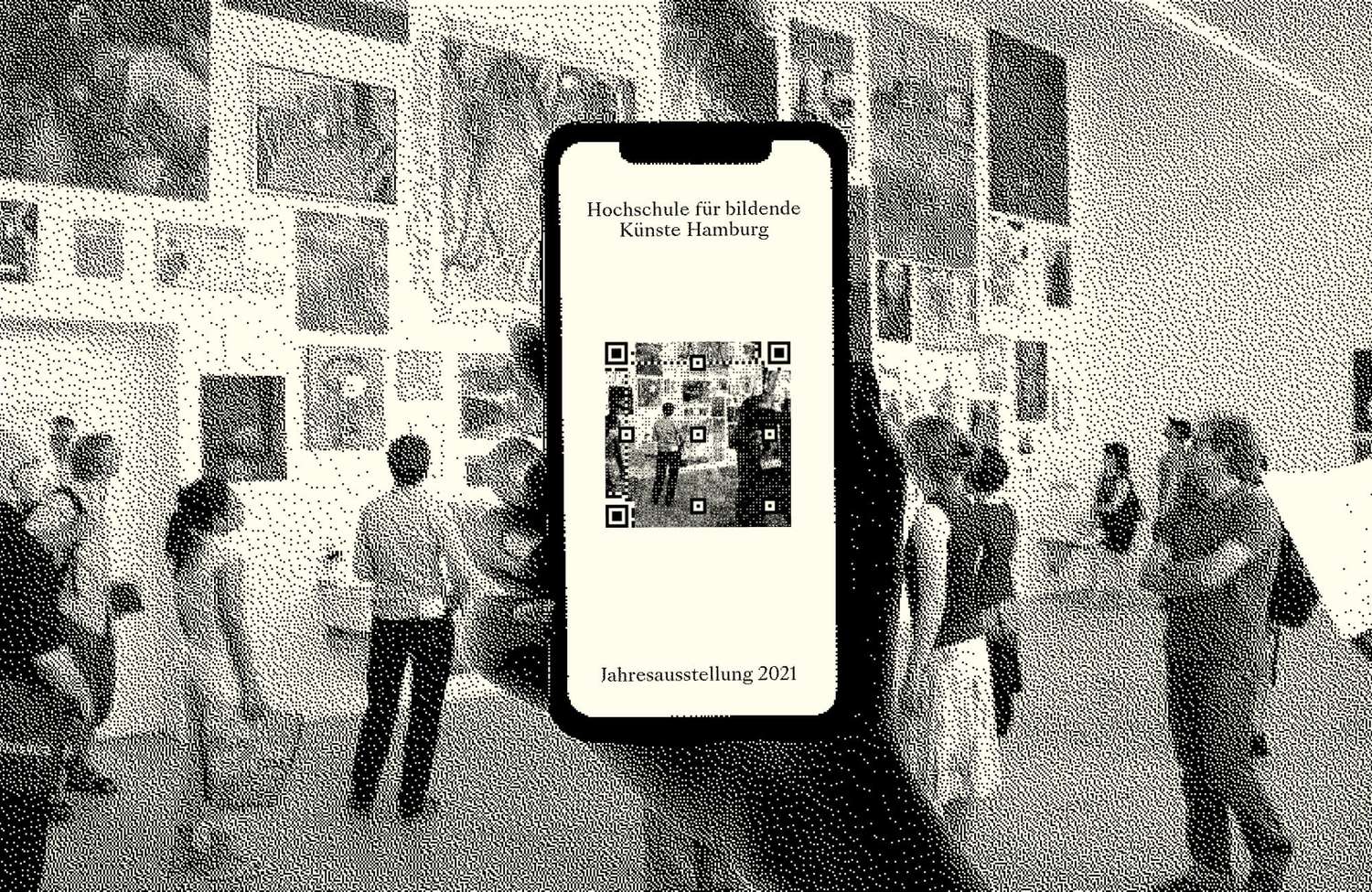
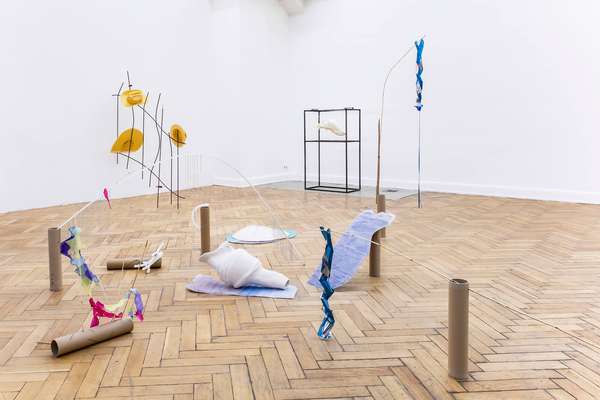
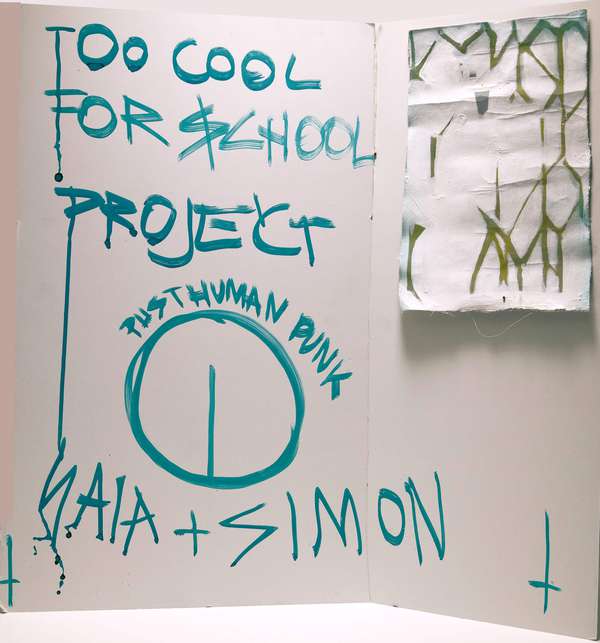
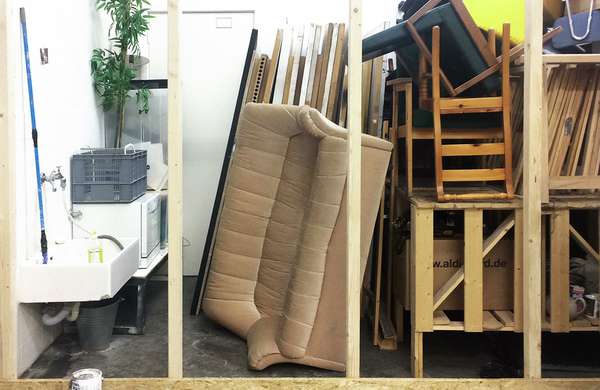

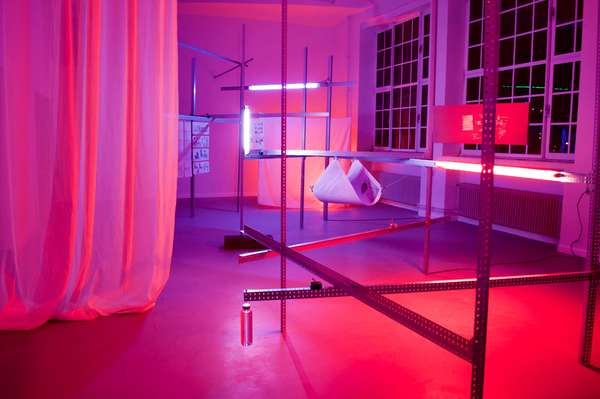

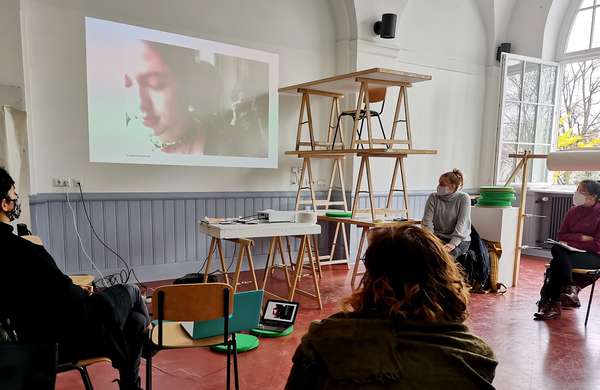
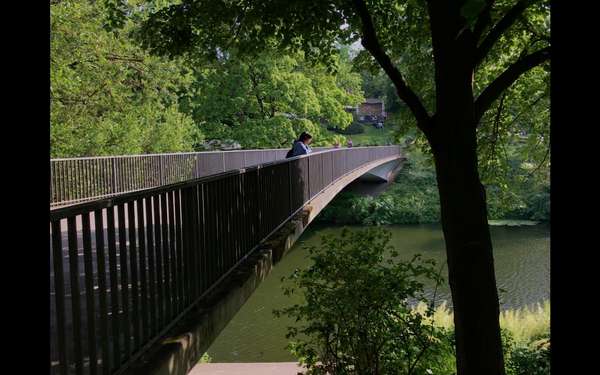
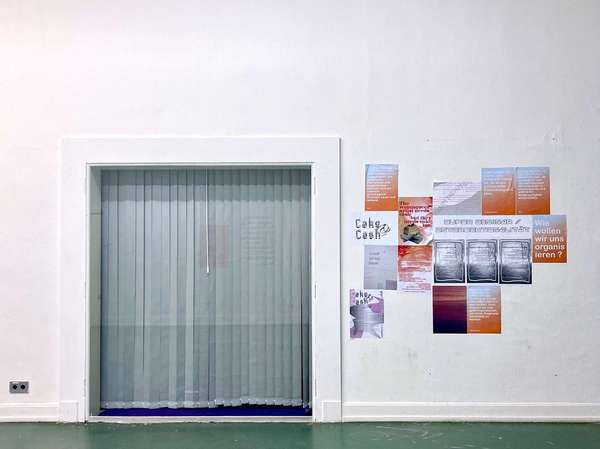
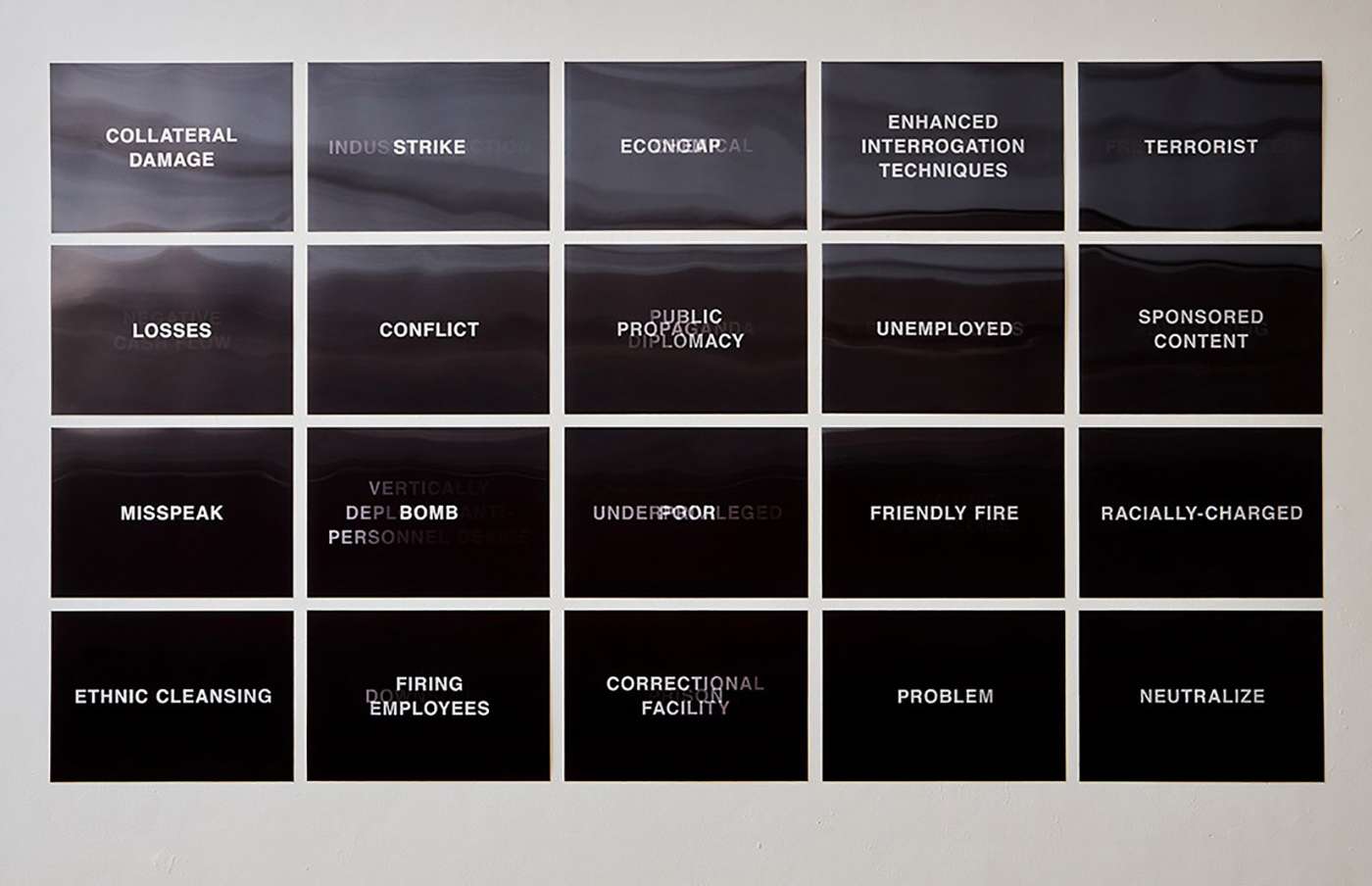
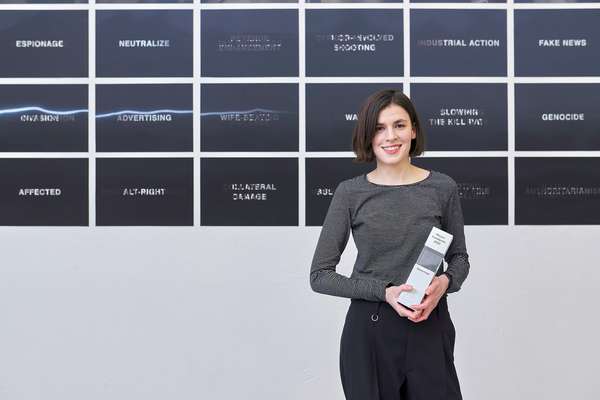
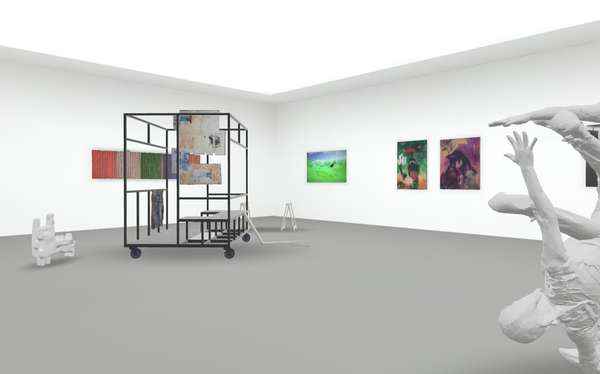

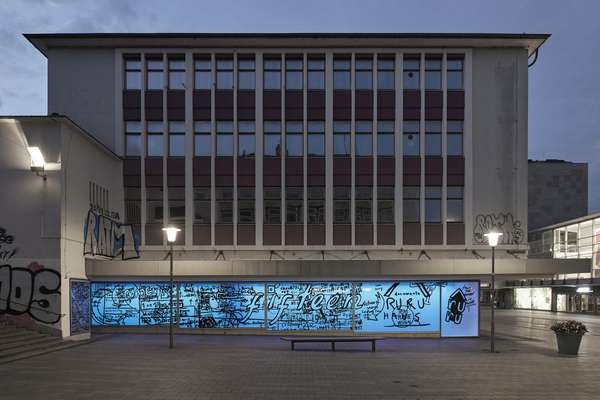
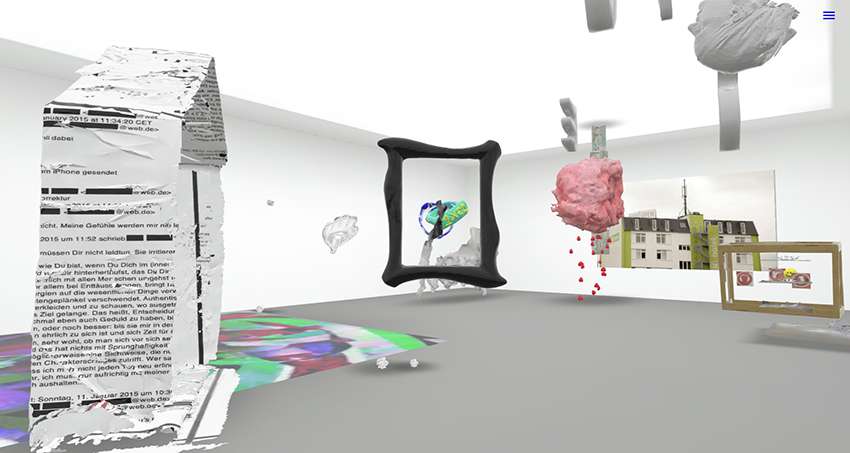
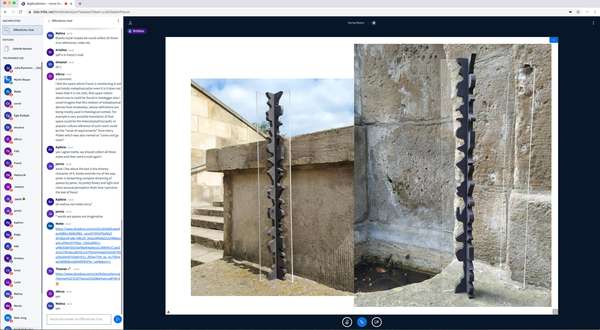

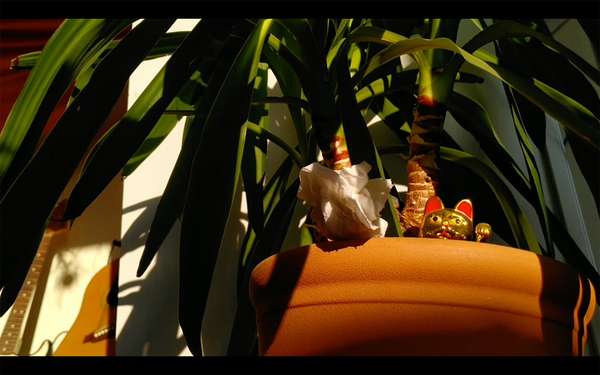
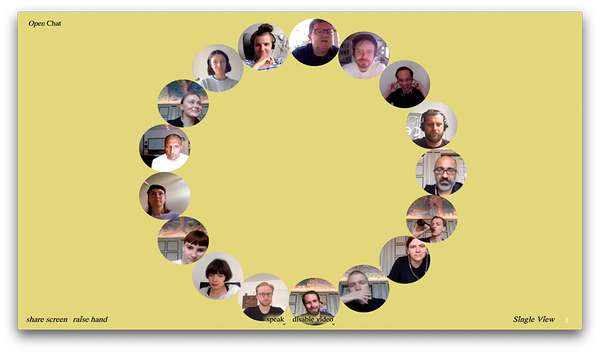
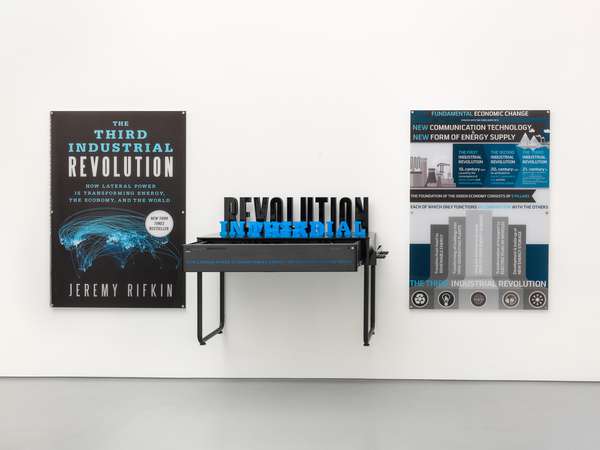
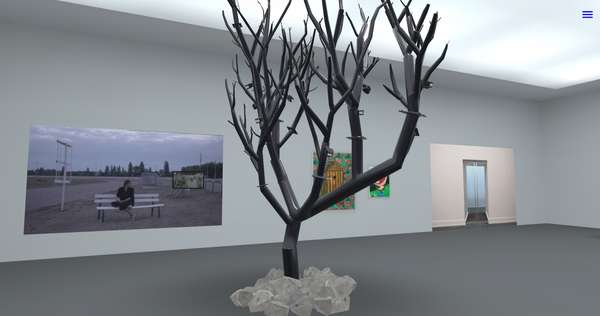

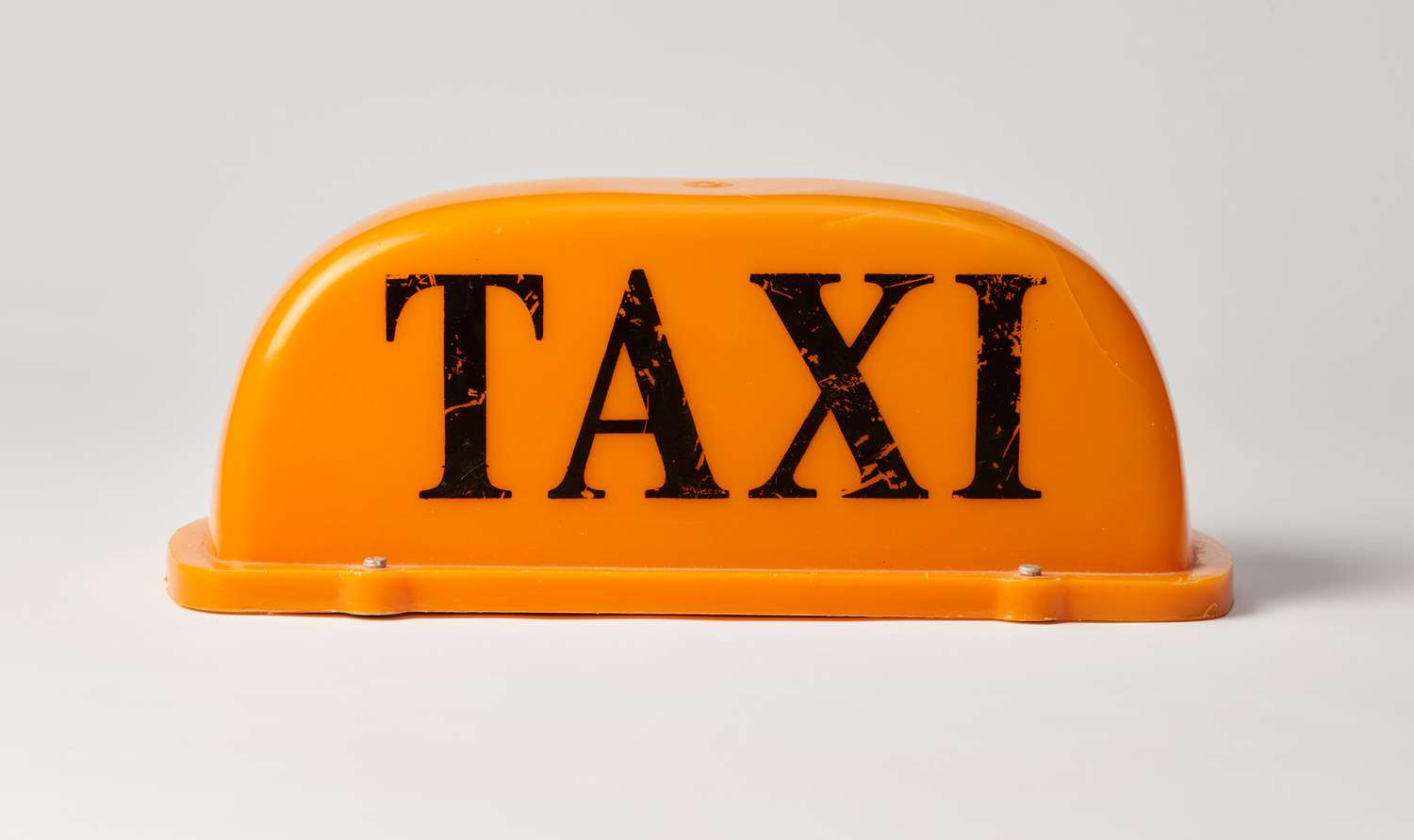
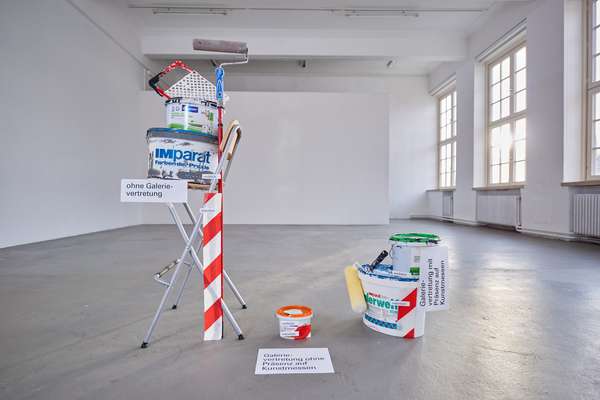
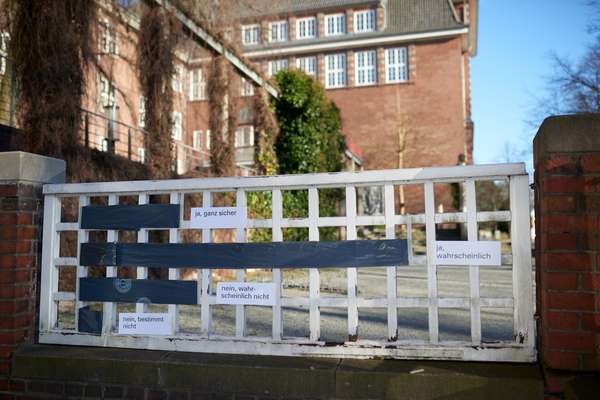
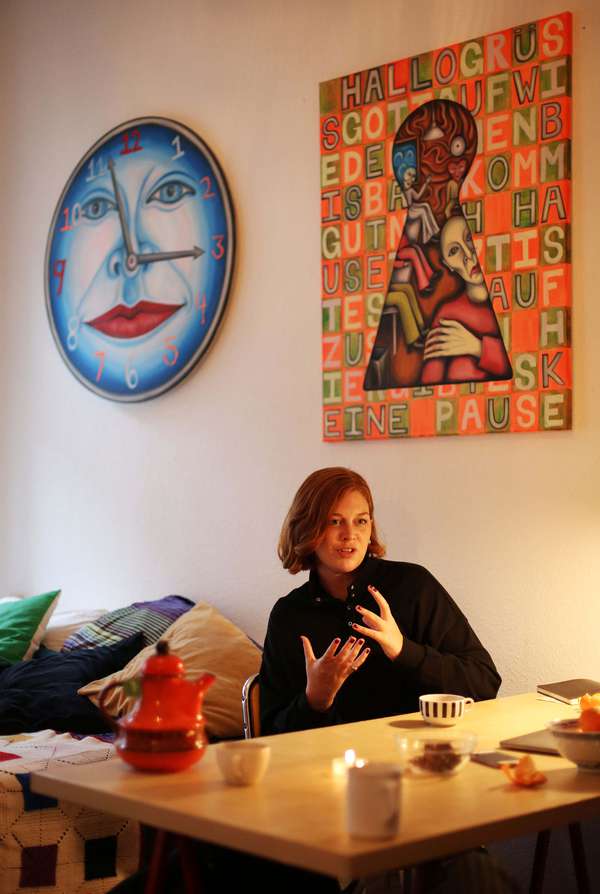
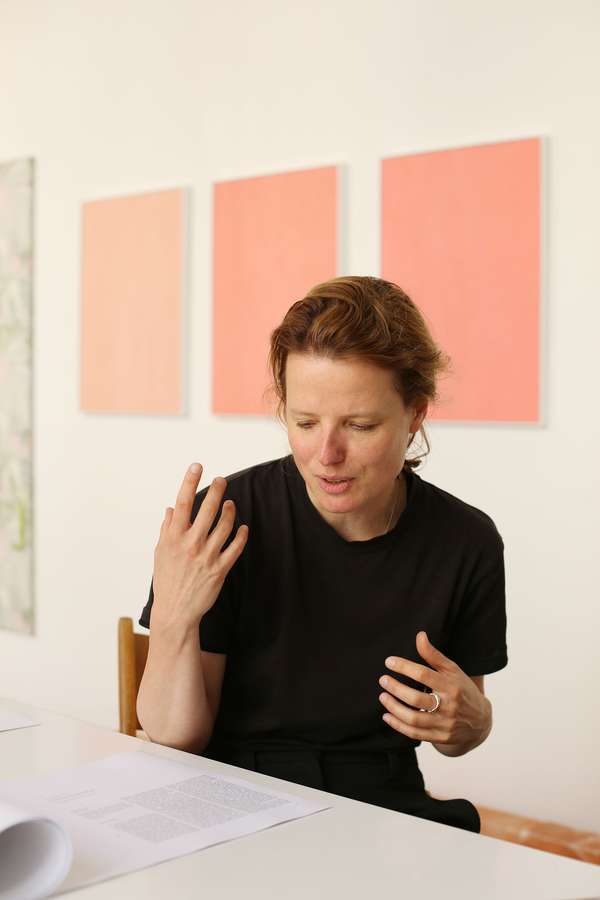
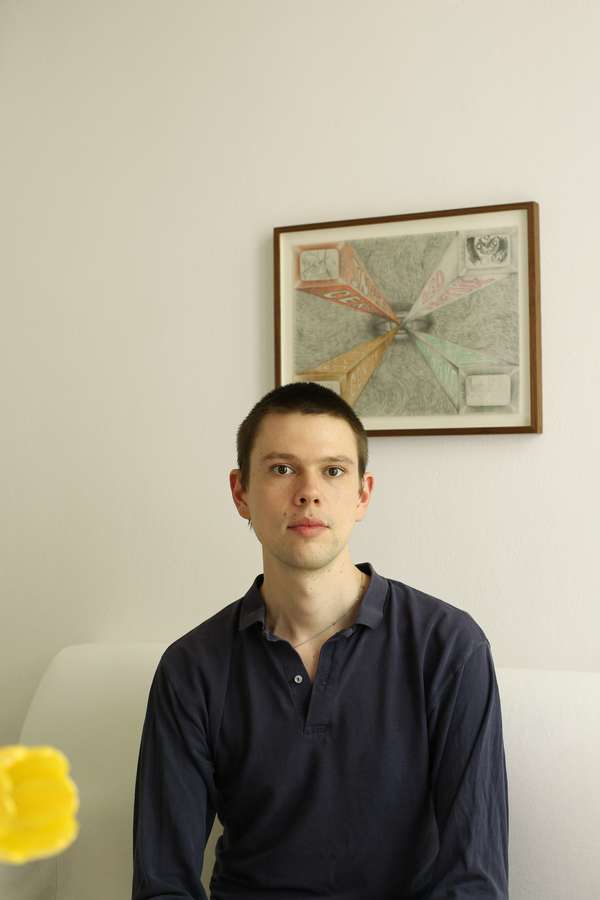
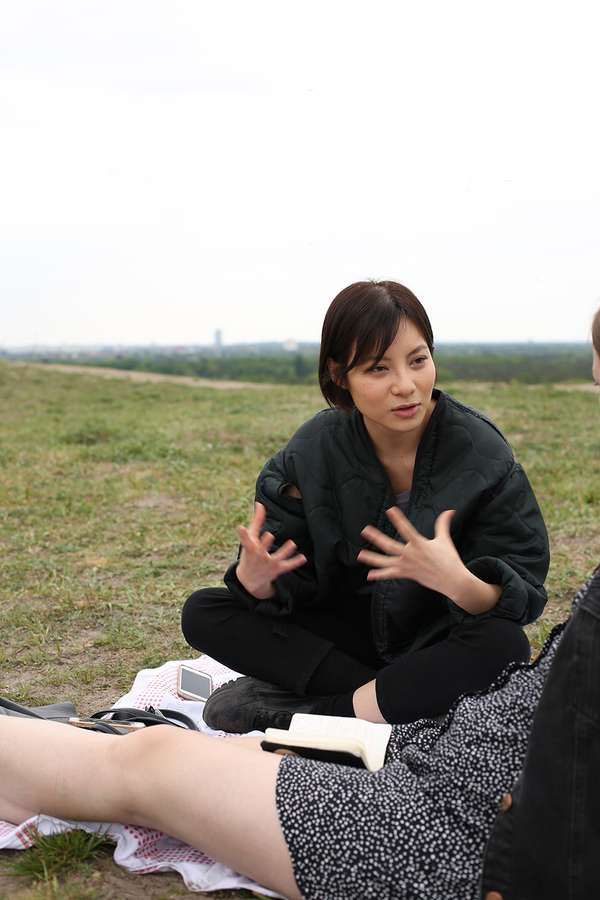
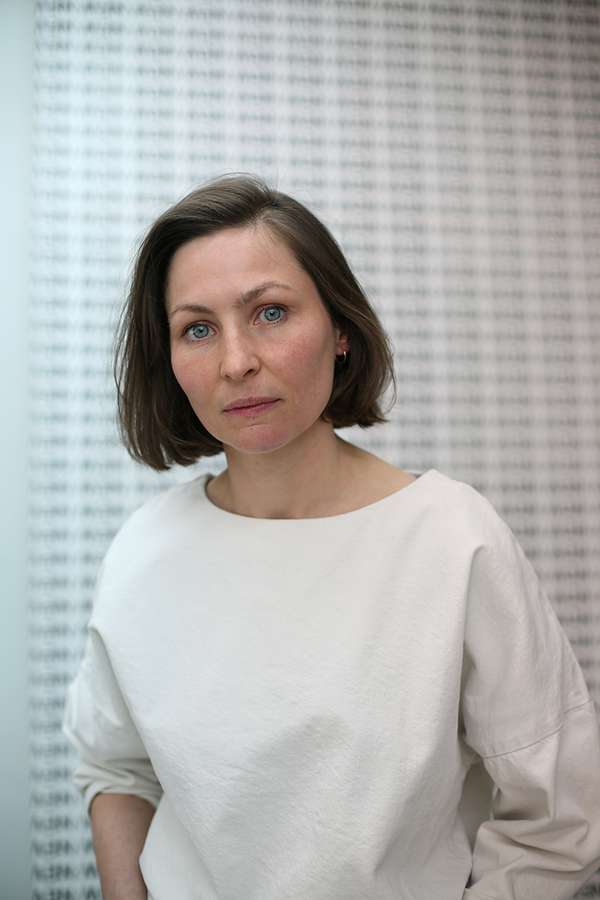
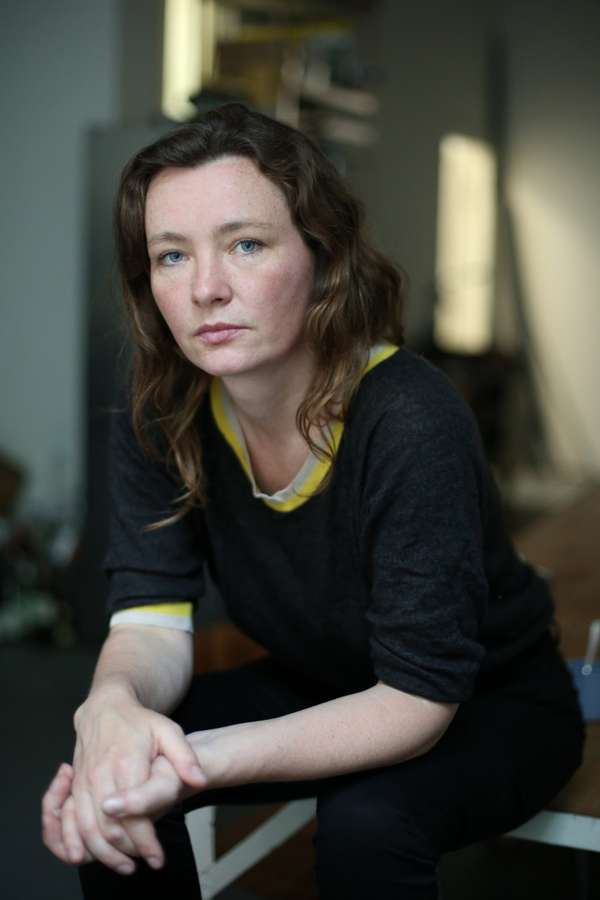
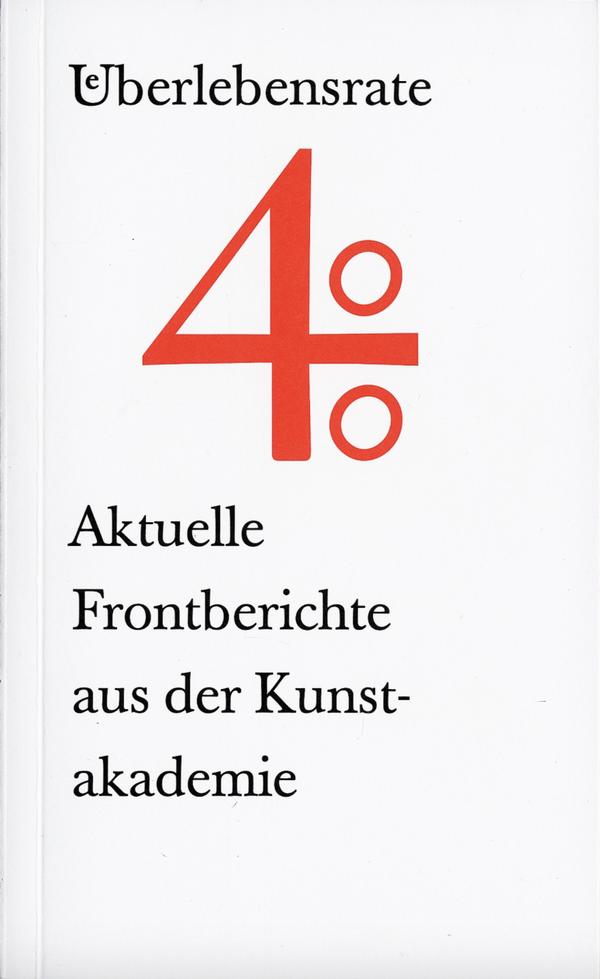
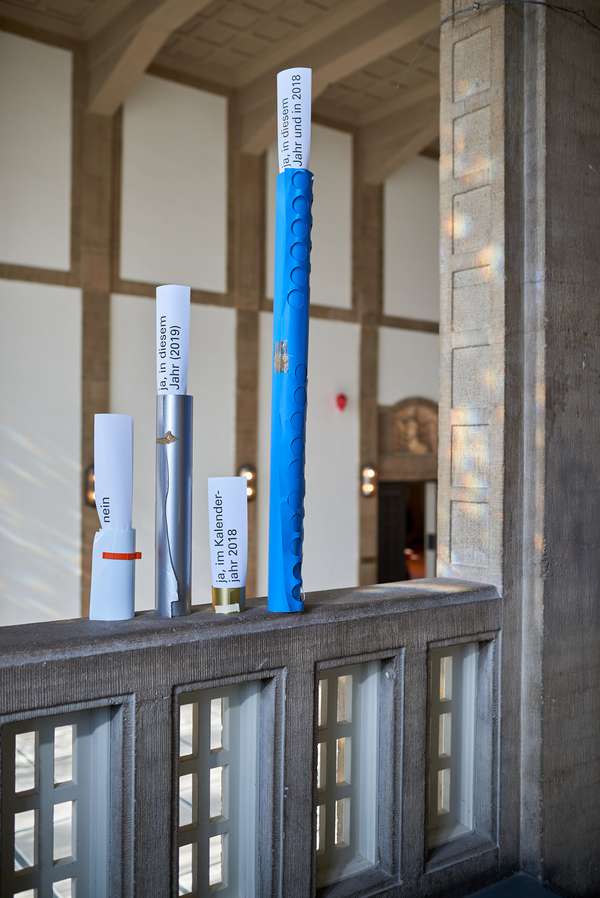
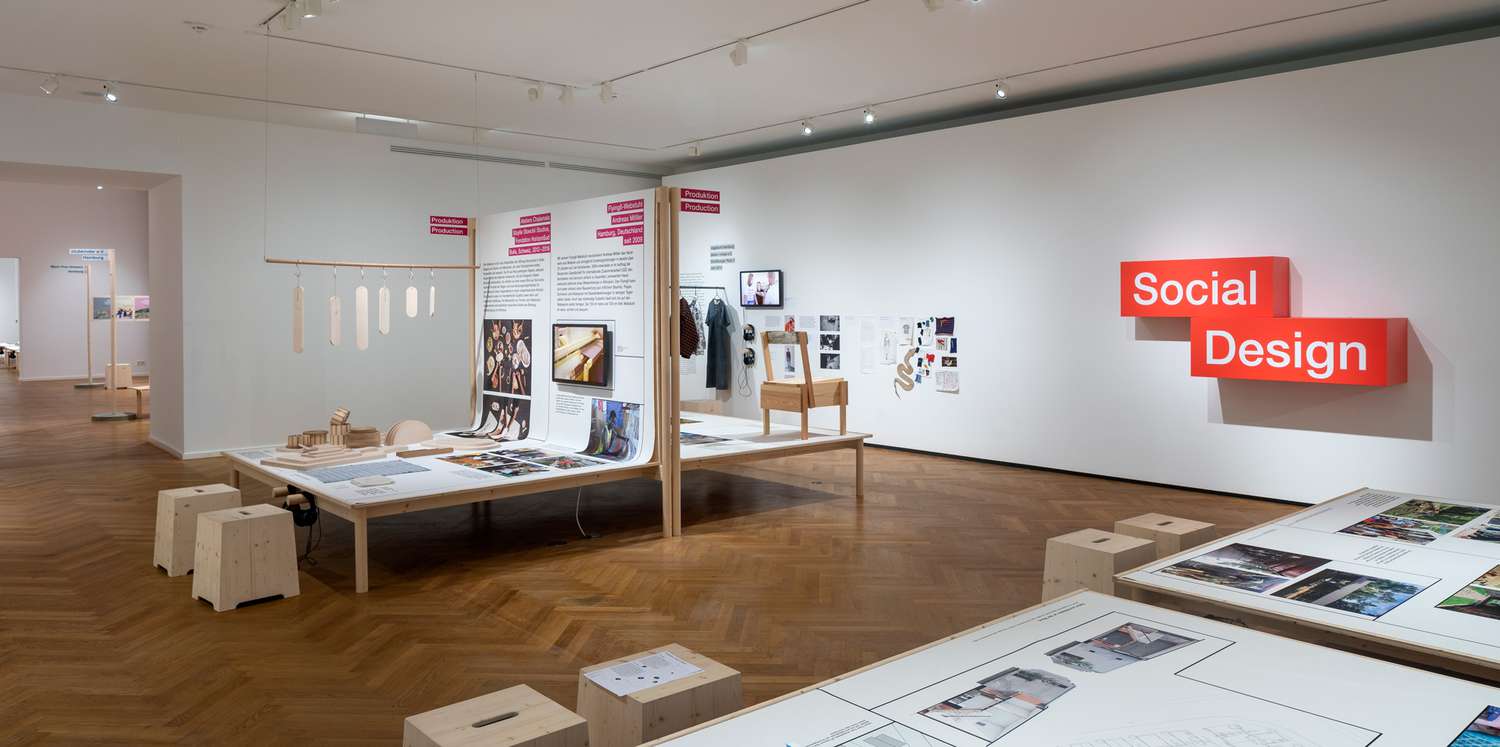

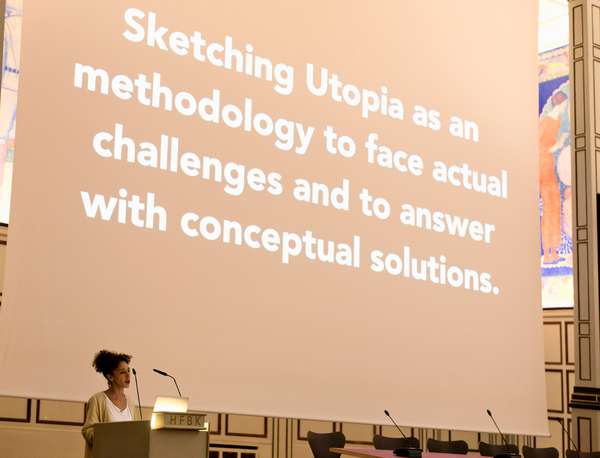

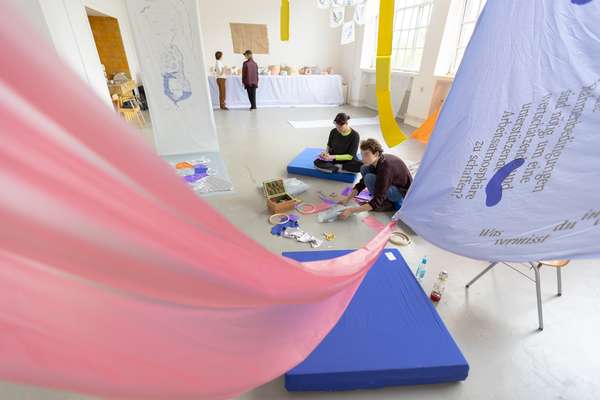
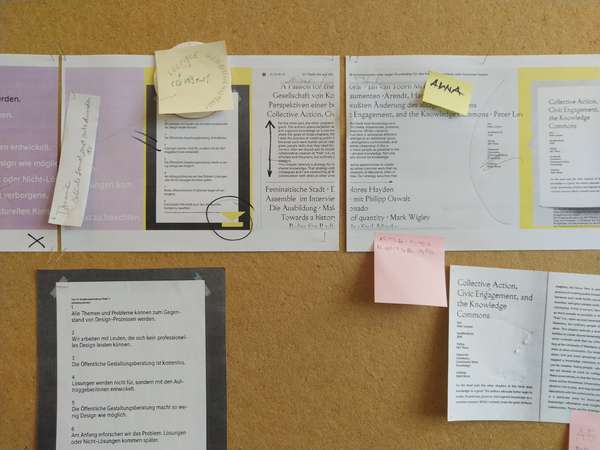
 Graduate Show 2025: Don't stop me now
Graduate Show 2025: Don't stop me now
 Long days, lots to do
Long days, lots to do
 Cine*Ami*es
Cine*Ami*es
 Redesign Democracy – competition for the ballot box of the democratic future
Redesign Democracy – competition for the ballot box of the democratic future
 Art in public space
Art in public space
 How to apply: study at HFBK Hamburg
How to apply: study at HFBK Hamburg
 Annual Exhibition 2025 at the HFBK Hamburg
Annual Exhibition 2025 at the HFBK Hamburg
 The Elephant in The Room – Sculpture today
The Elephant in The Room – Sculpture today
 Hiscox Art Prize 2024
Hiscox Art Prize 2024
 The New Woman
The New Woman
 Doing a PhD at the HFBK Hamburg
Doing a PhD at the HFBK Hamburg
 Graduate Show 2024 - Letting Go
Graduate Show 2024 - Letting Go
 Finkenwerder Art Prize 2024
Finkenwerder Art Prize 2024
 Archives of the Body - The Body in Archiving
Archives of the Body - The Body in Archiving
 New partnership with the School of Arts at the University of Haifa
New partnership with the School of Arts at the University of Haifa
 Annual Exhibition 2024 at the HFBK Hamburg
Annual Exhibition 2024 at the HFBK Hamburg
 (Ex)Changes of / in Art
(Ex)Changes of / in Art
 Extended Libraries
Extended Libraries
 And Still I Rise
And Still I Rise
 Let's talk about language
Let's talk about language
 Graduate Show 2023: Unfinished Business
Graduate Show 2023: Unfinished Business
 Let`s work together
Let`s work together
 Annual Exhibition 2023 at HFBK Hamburg
Annual Exhibition 2023 at HFBK Hamburg
 Symposium: Controversy over documenta fifteen
Symposium: Controversy over documenta fifteen
 Festival and Symposium: Non-Knowledge, Laughter and the Moving Image
Festival and Symposium: Non-Knowledge, Laughter and the Moving Image
 Solo exhibition by Konstantin Grcic
Solo exhibition by Konstantin Grcic
 Art and war
Art and war
 Graduate Show 2022: We’ve Only Just Begun
Graduate Show 2022: We’ve Only Just Begun
 June is full of art and theory
June is full of art and theory
 Finkenwerder Art Prize 2022
Finkenwerder Art Prize 2022
 Nachhaltigkeit im Kontext von Kunst und Kunsthochschule
Nachhaltigkeit im Kontext von Kunst und Kunsthochschule
 Raum für die Kunst
Raum für die Kunst
 Annual Exhibition 2022 at the HFBK
Annual Exhibition 2022 at the HFBK
 Conference: Counter-Monuments and Para-Monuments.
Conference: Counter-Monuments and Para-Monuments.
 Diversity
Diversity
 Live und in Farbe: die ASA Open Studios im Juni 2021
Live und in Farbe: die ASA Open Studios im Juni 2021
 Unlearning: Wartenau Assemblies
Unlearning: Wartenau Assemblies
 School of No Consequences
School of No Consequences
 Annual Exhibition 2021 at the HFBK
Annual Exhibition 2021 at the HFBK
 Semestereröffnung und Hiscox-Preisverleihung 2020
Semestereröffnung und Hiscox-Preisverleihung 2020
 Teaching Art Online at the HFBK
Teaching Art Online at the HFBK
 HFBK Graduate Survey
HFBK Graduate Survey
 How political is Social Design?
How political is Social Design?